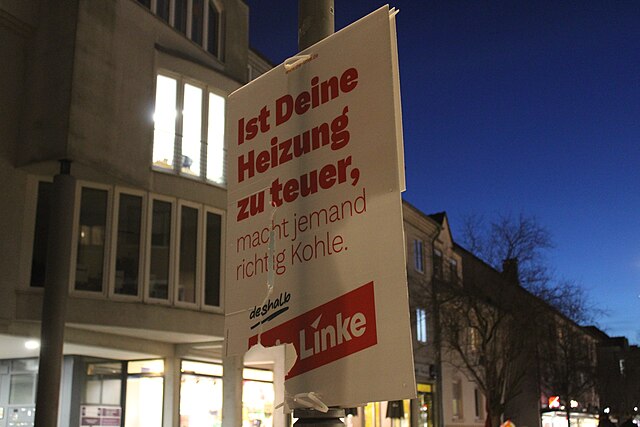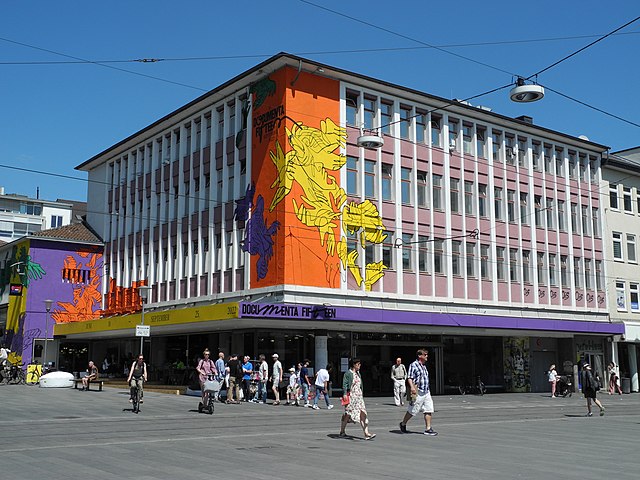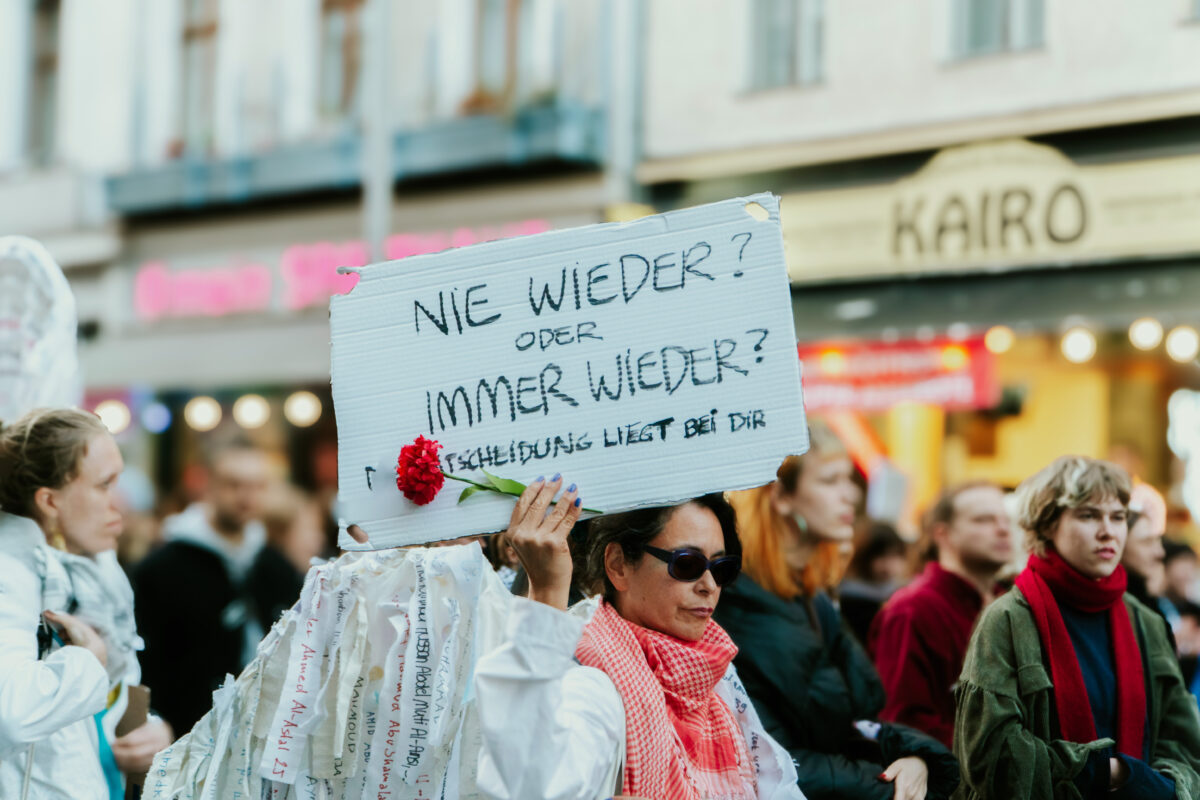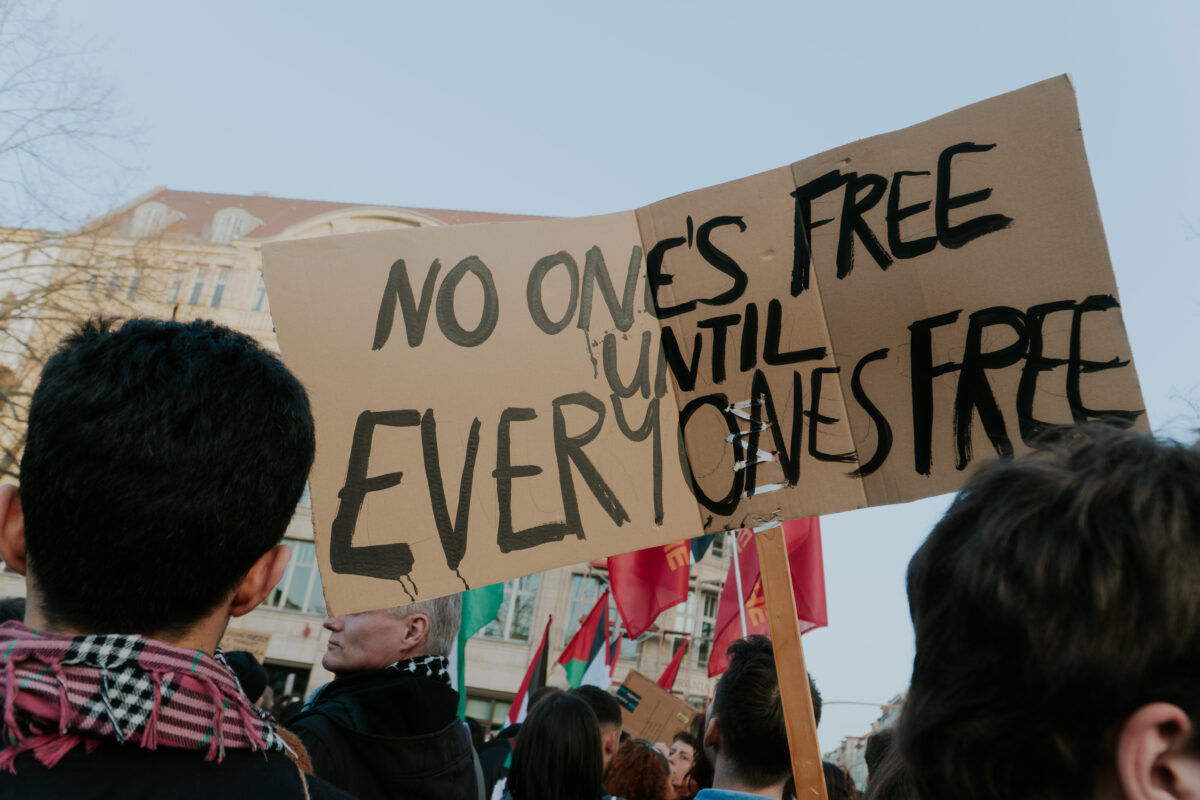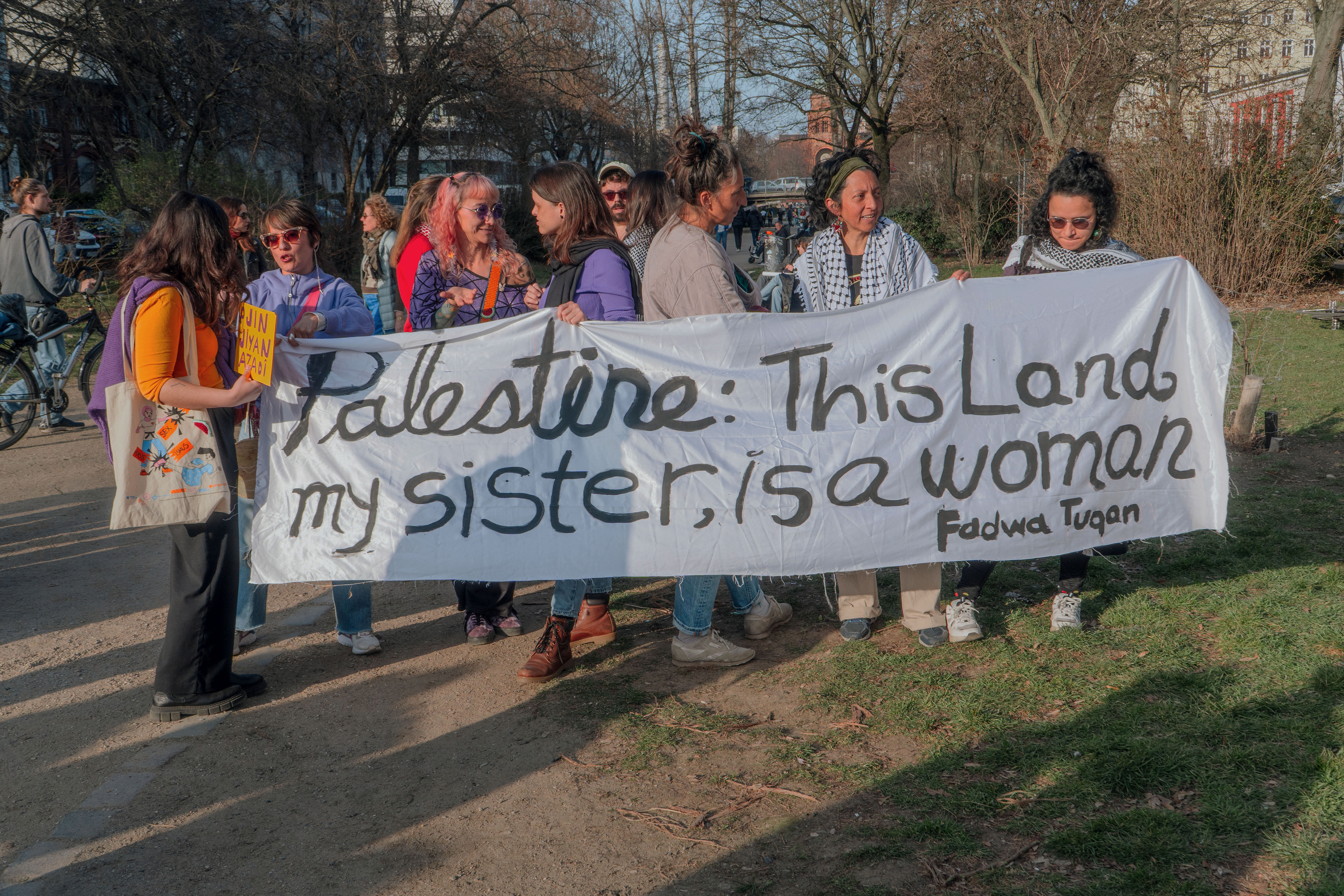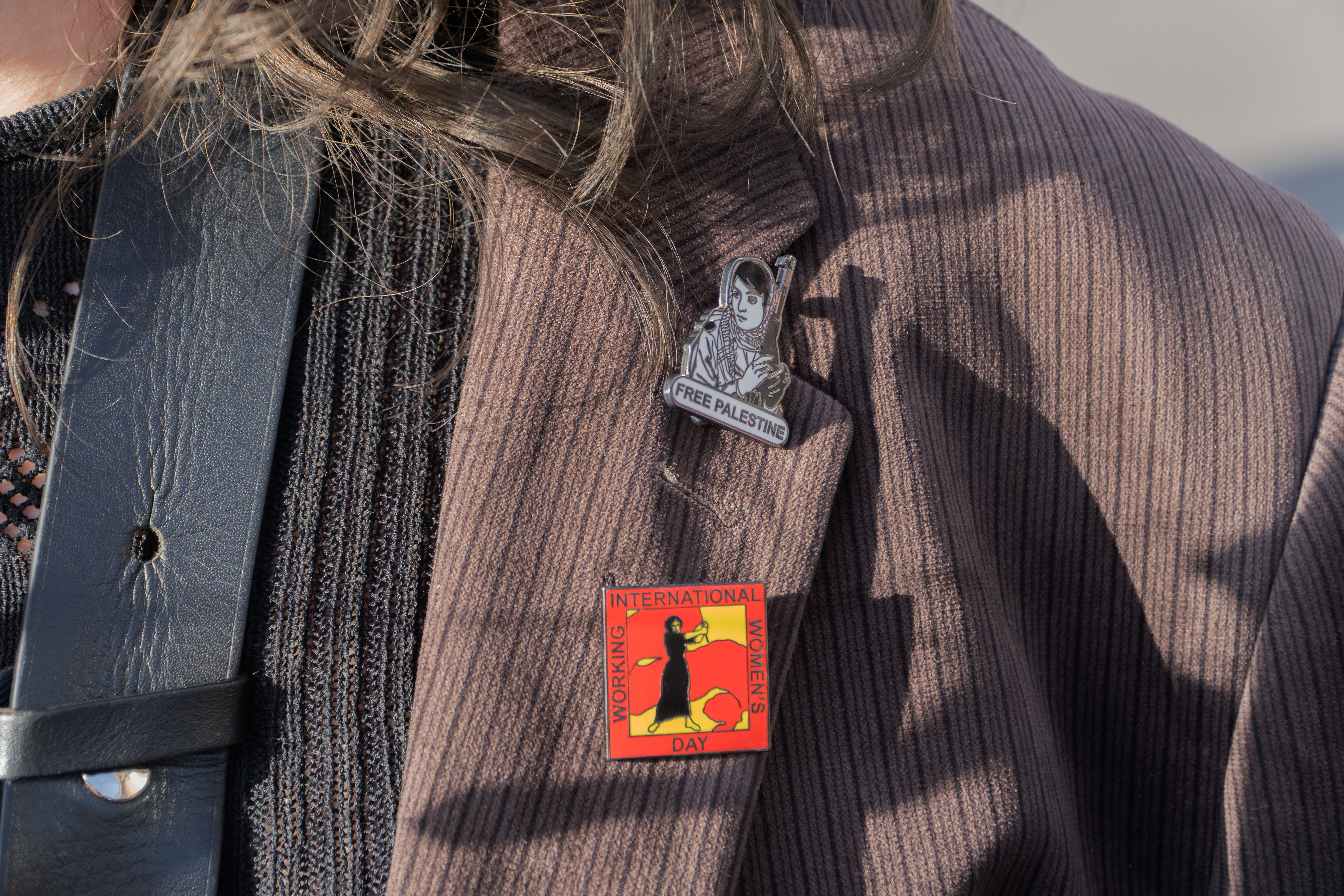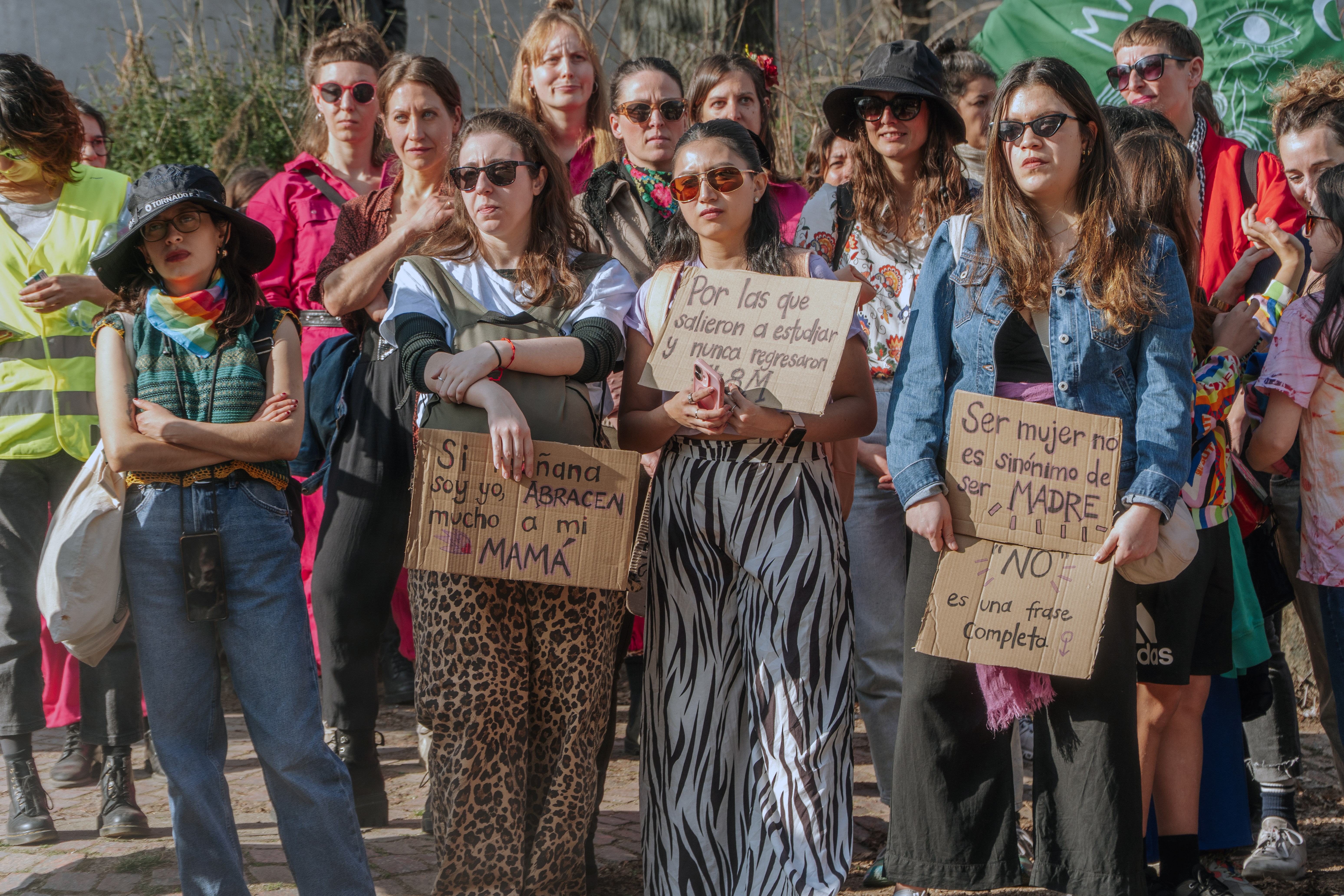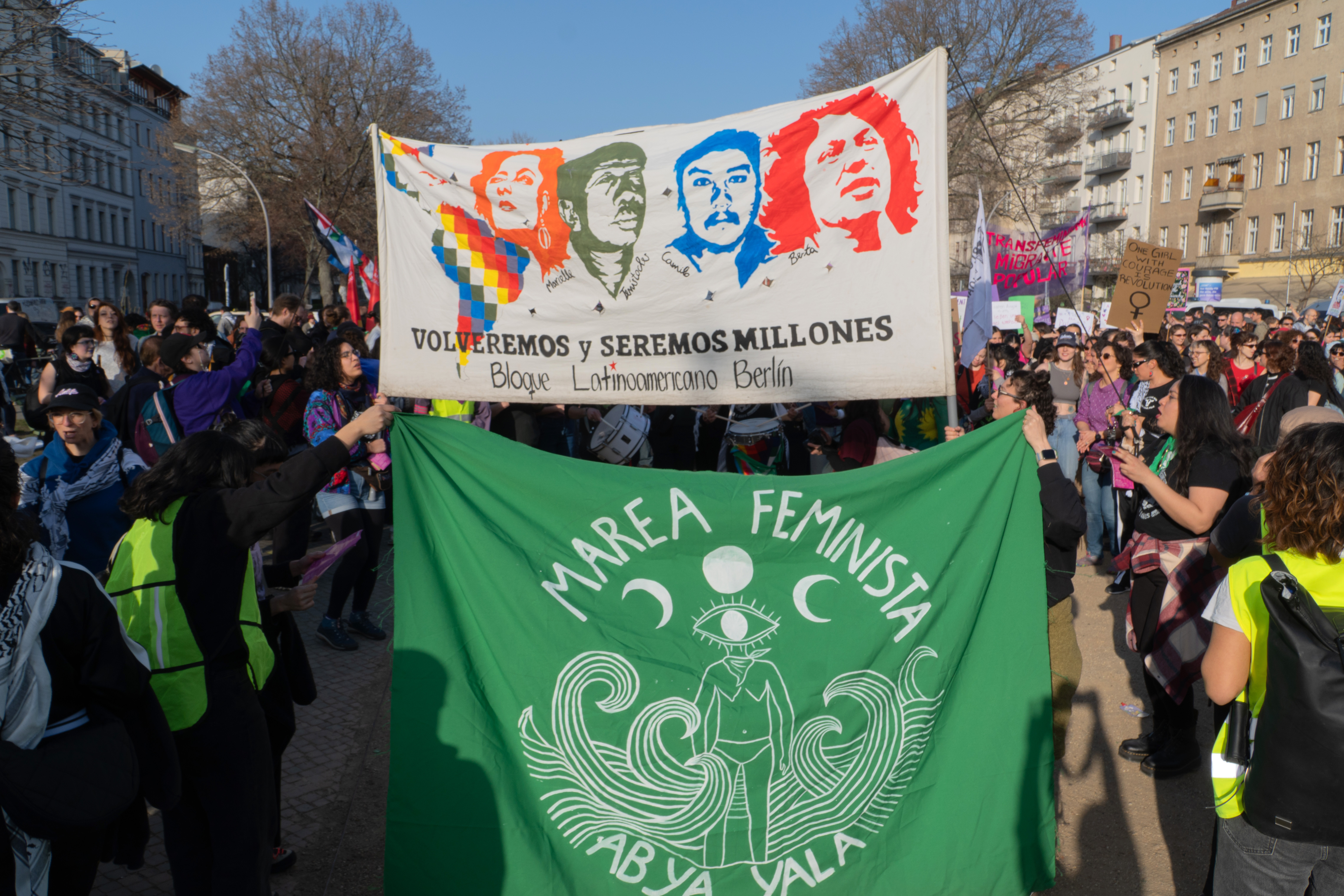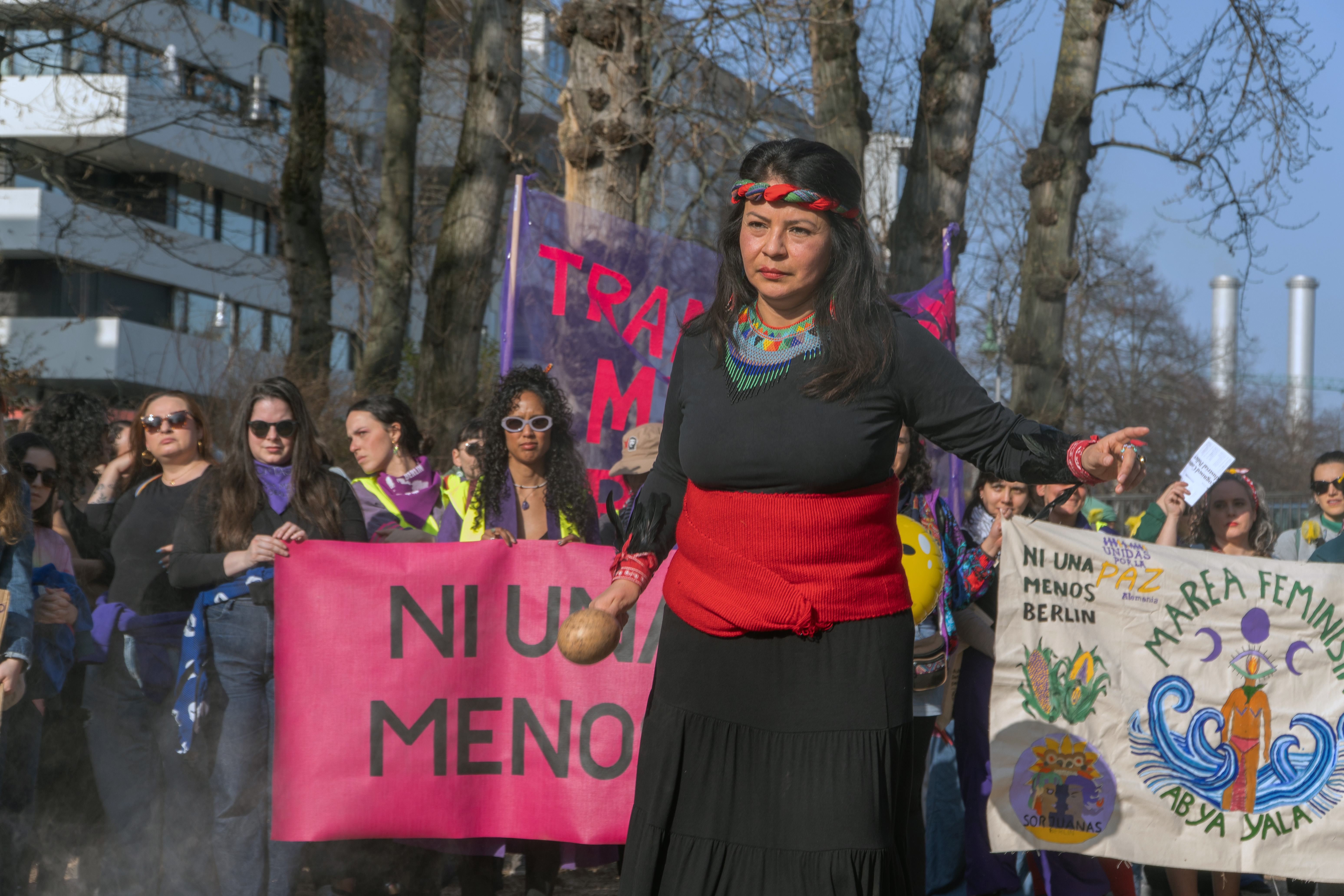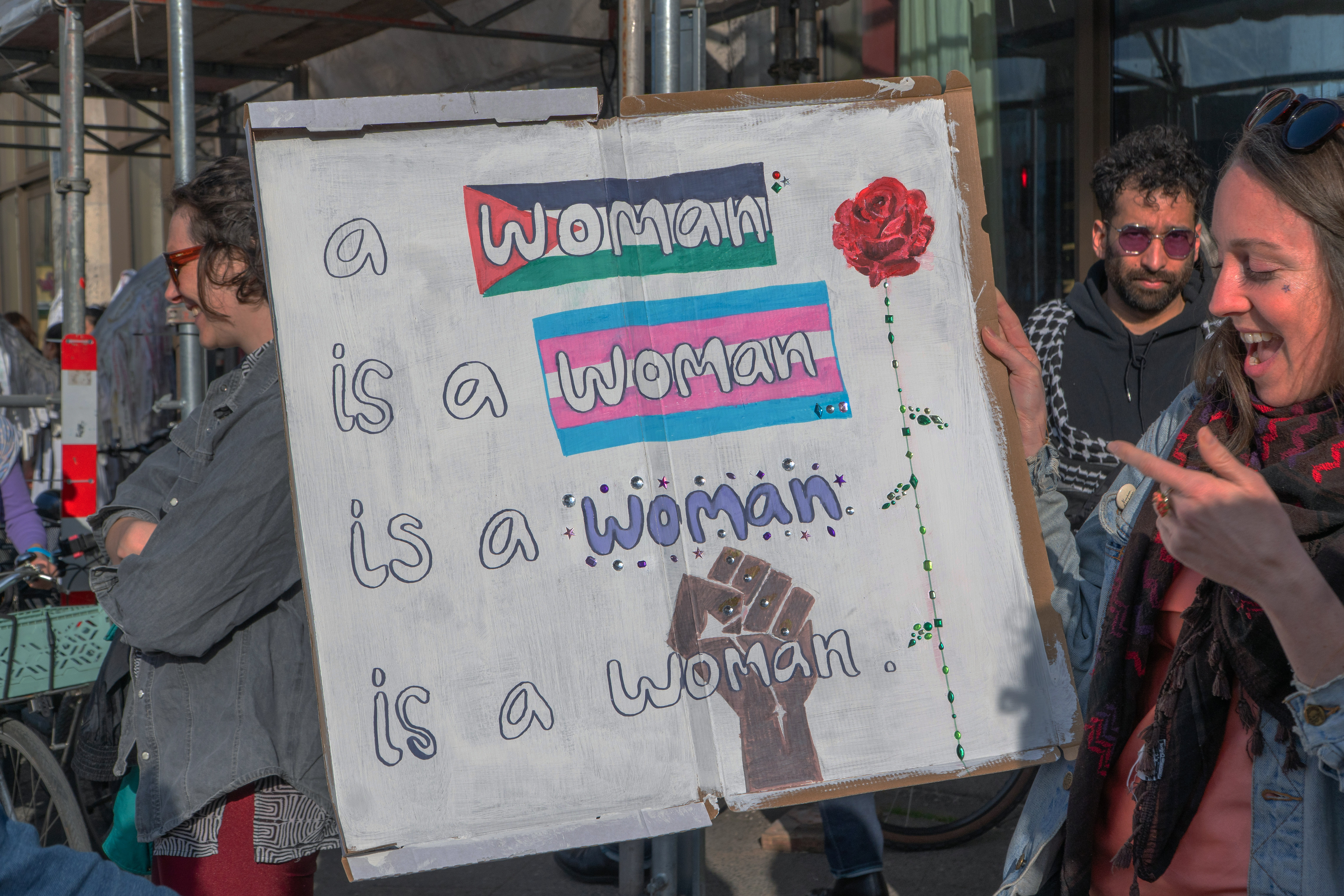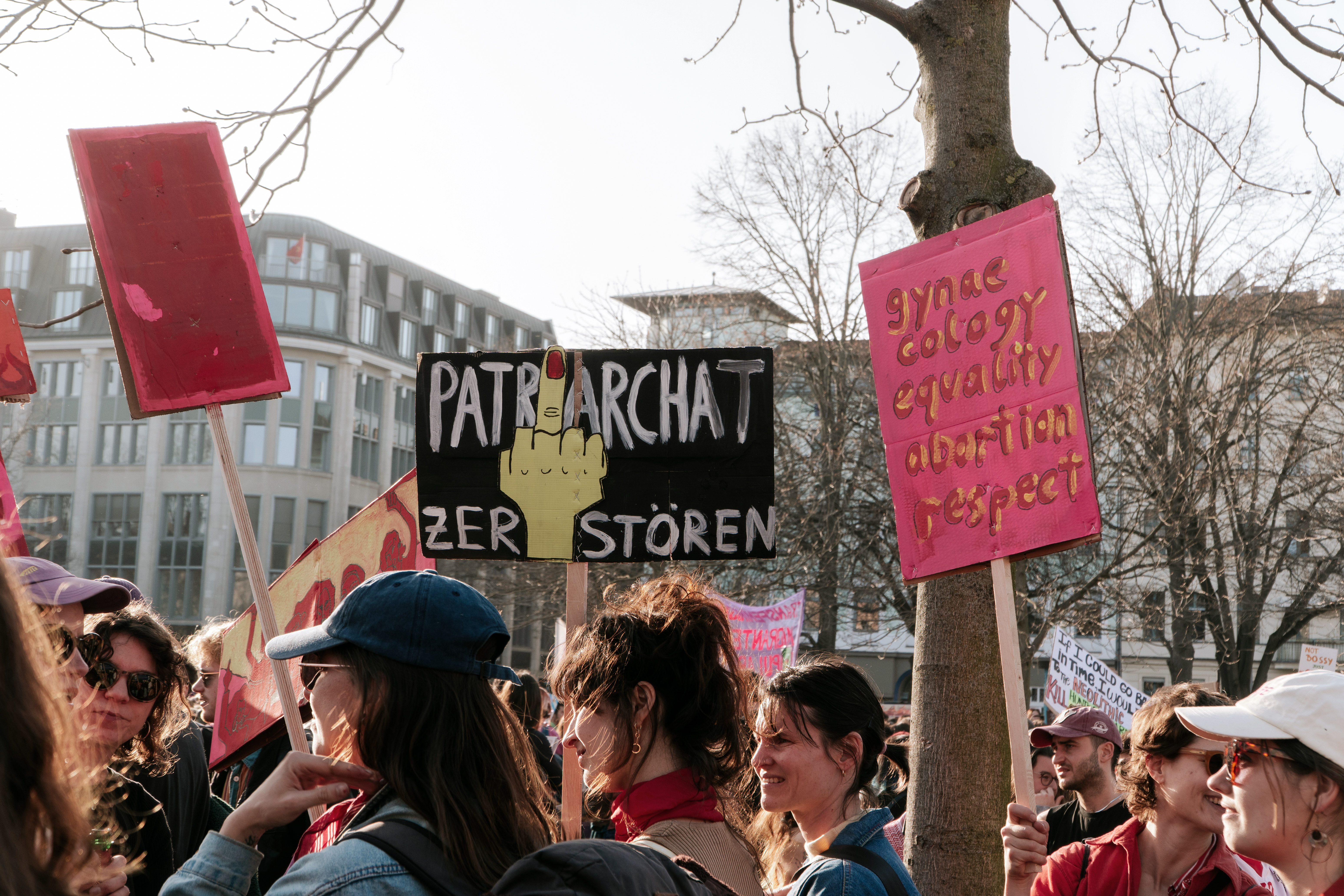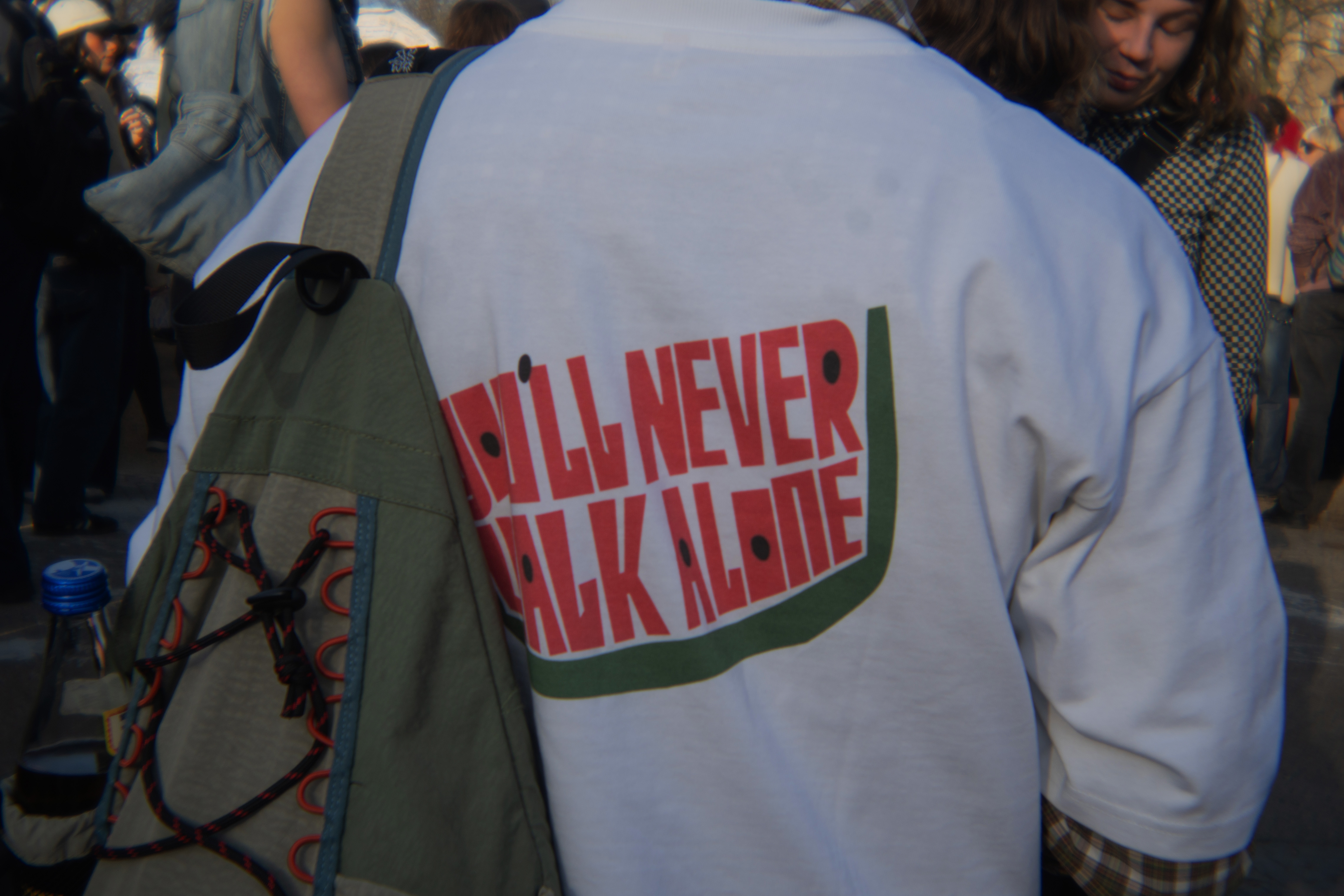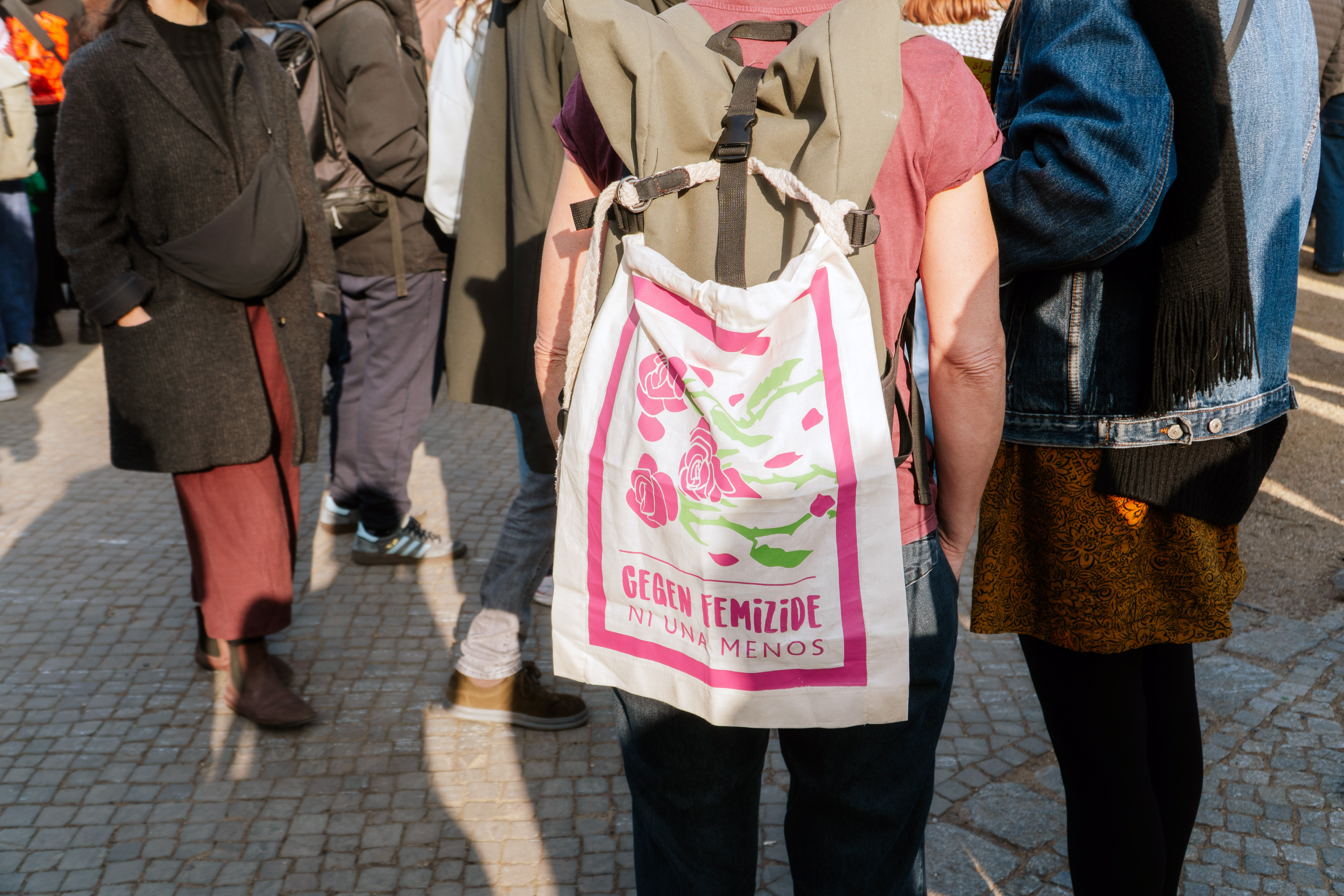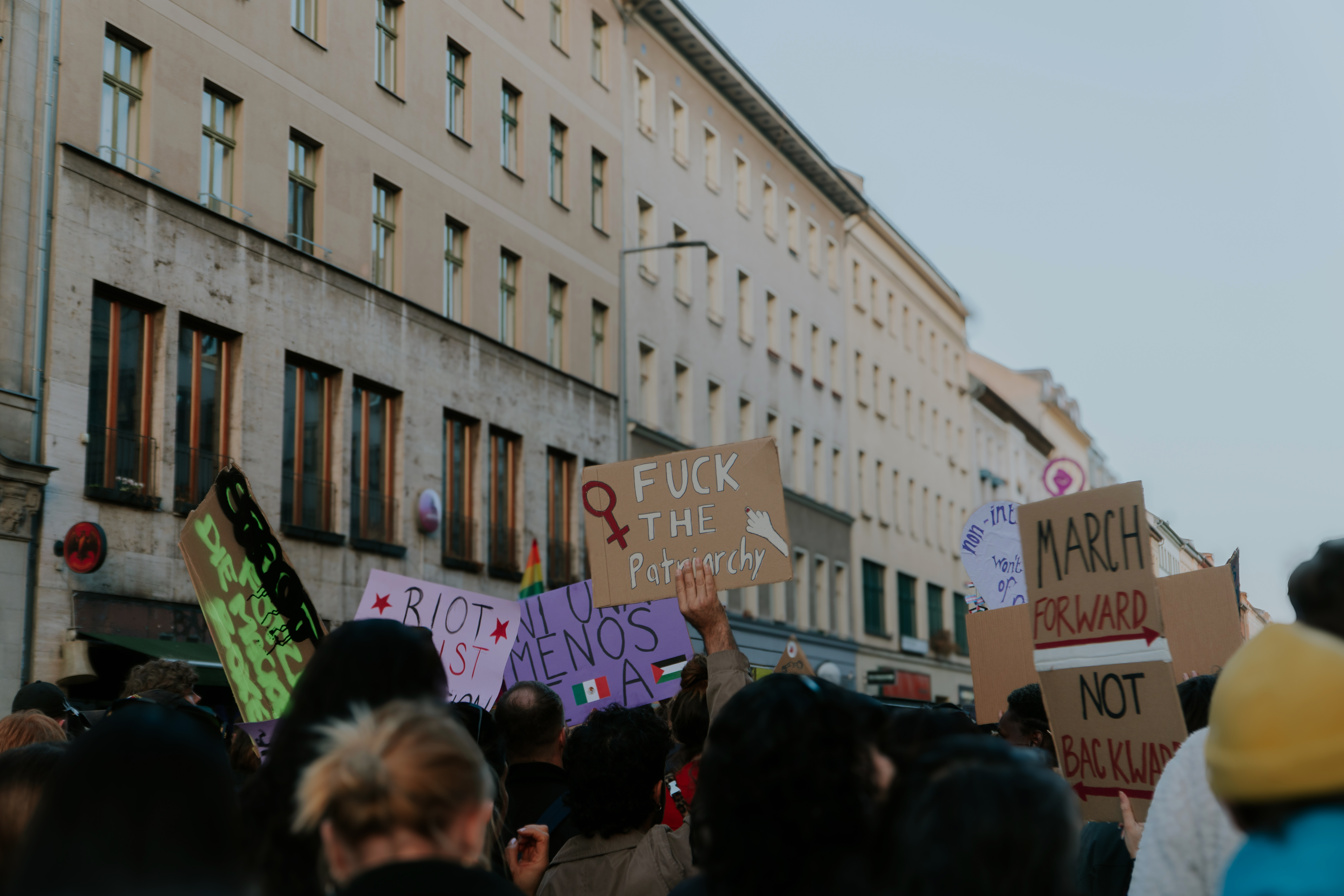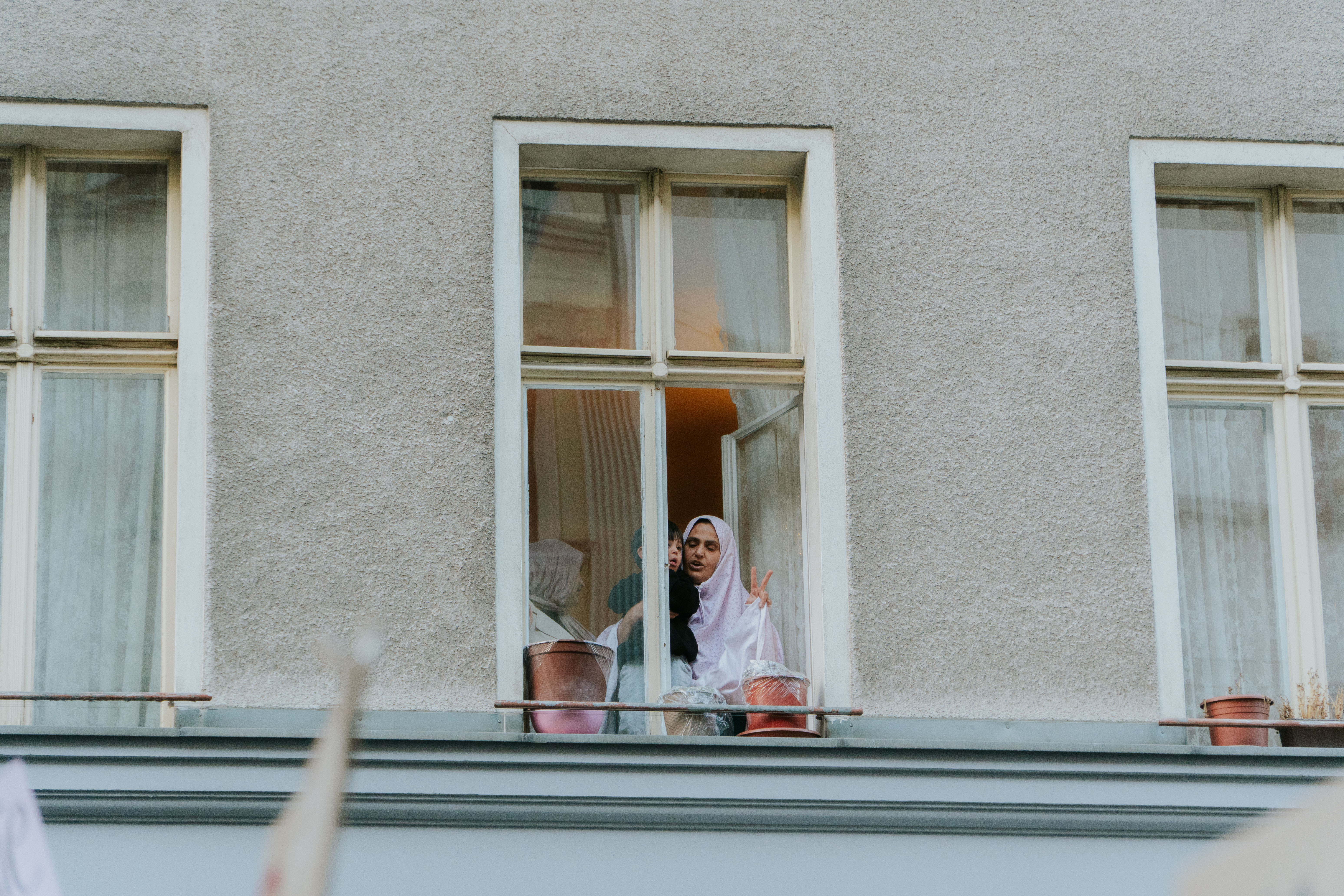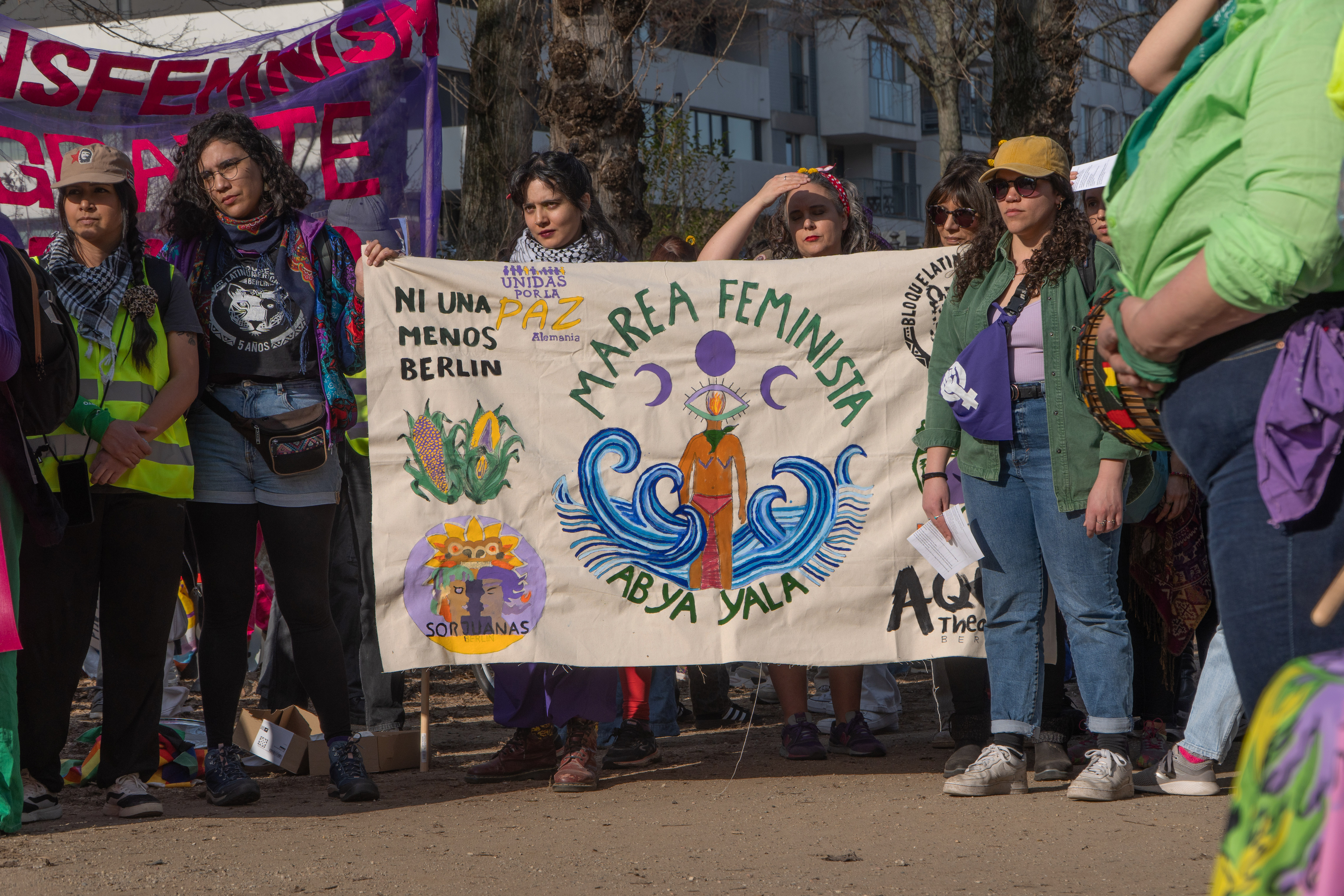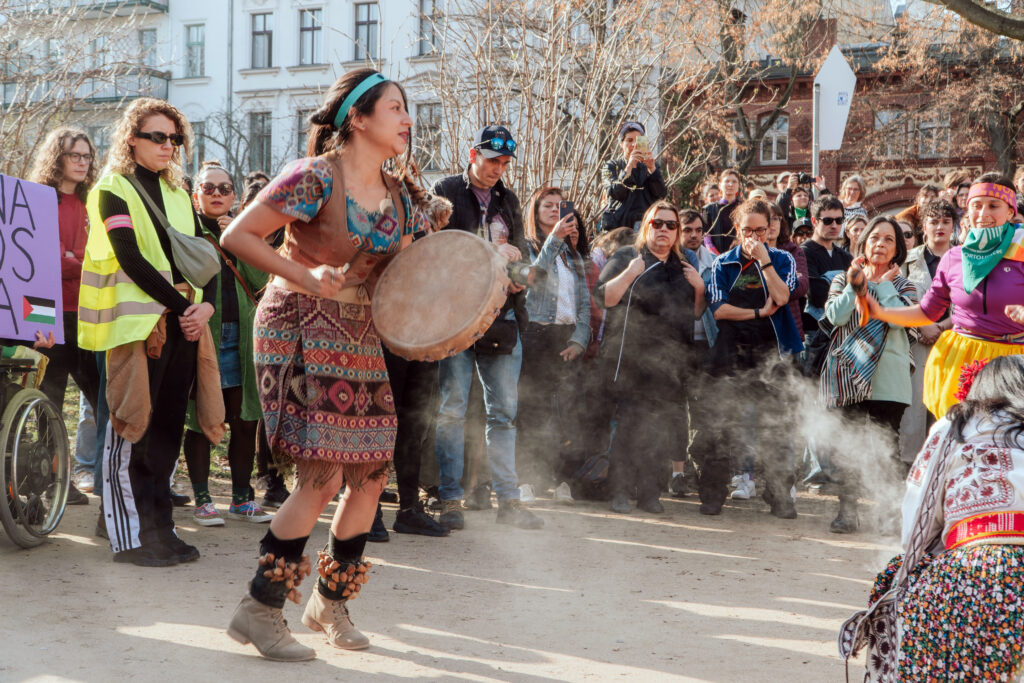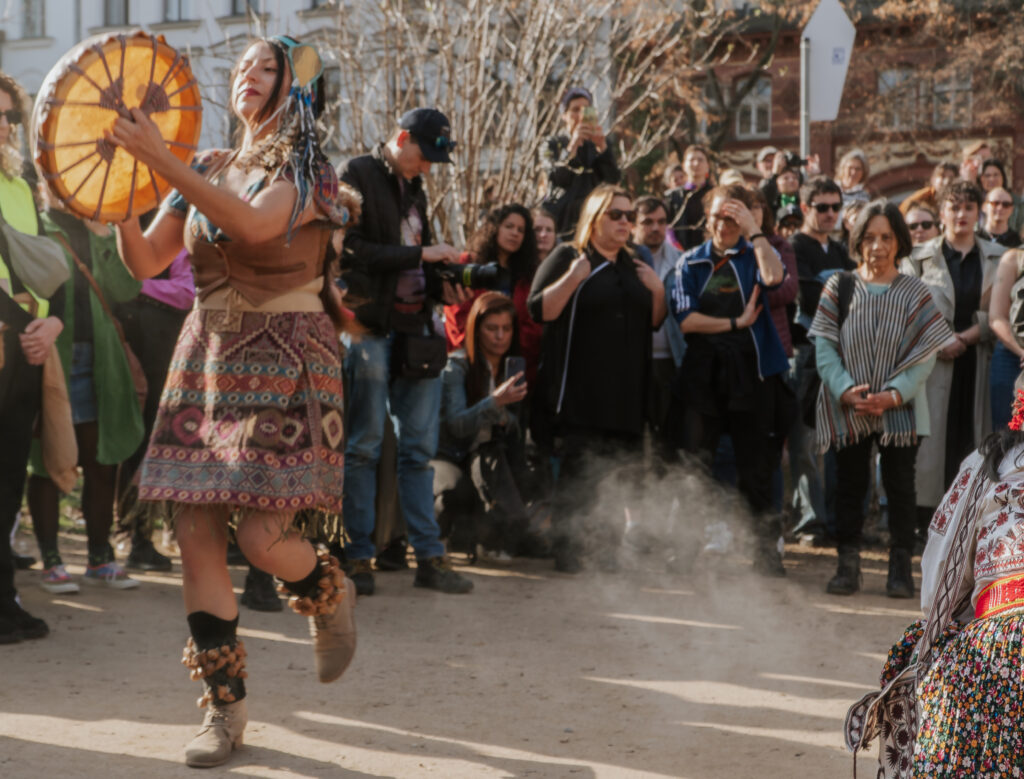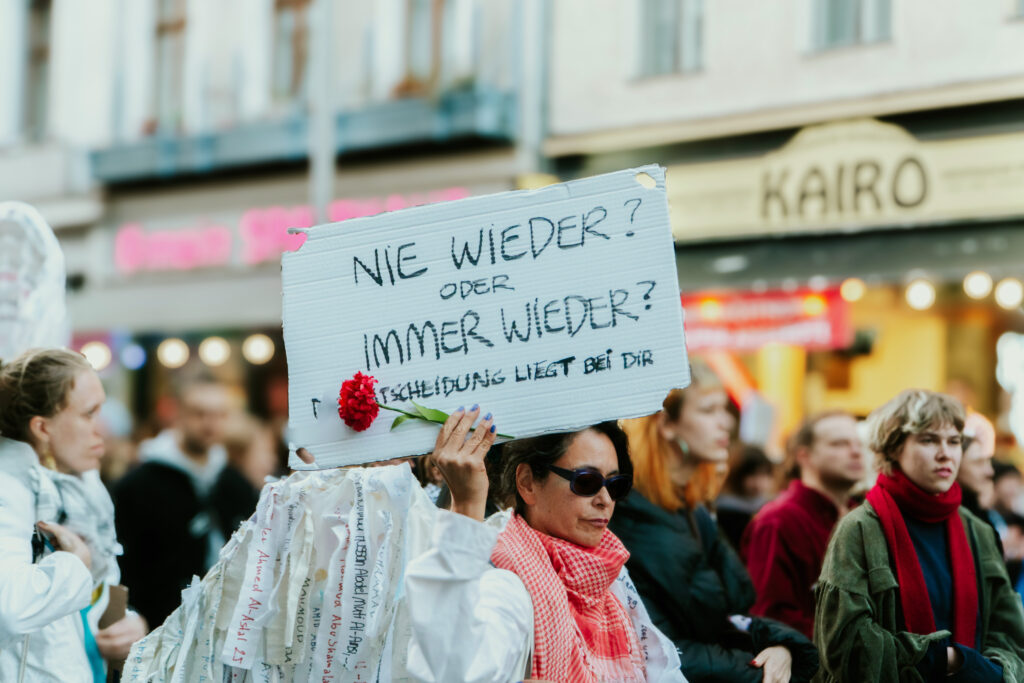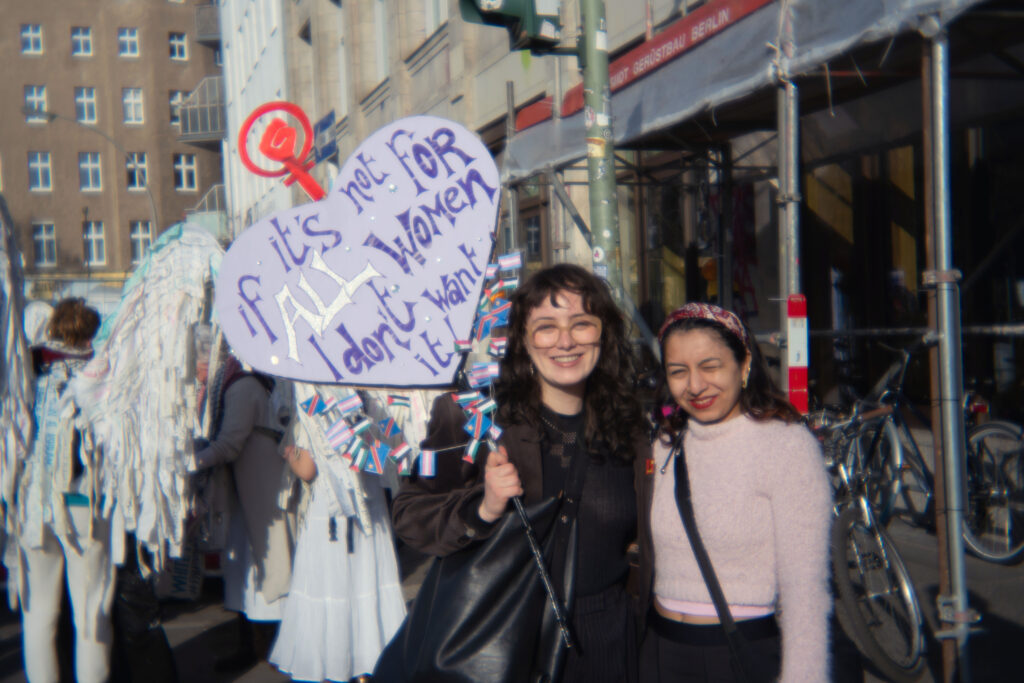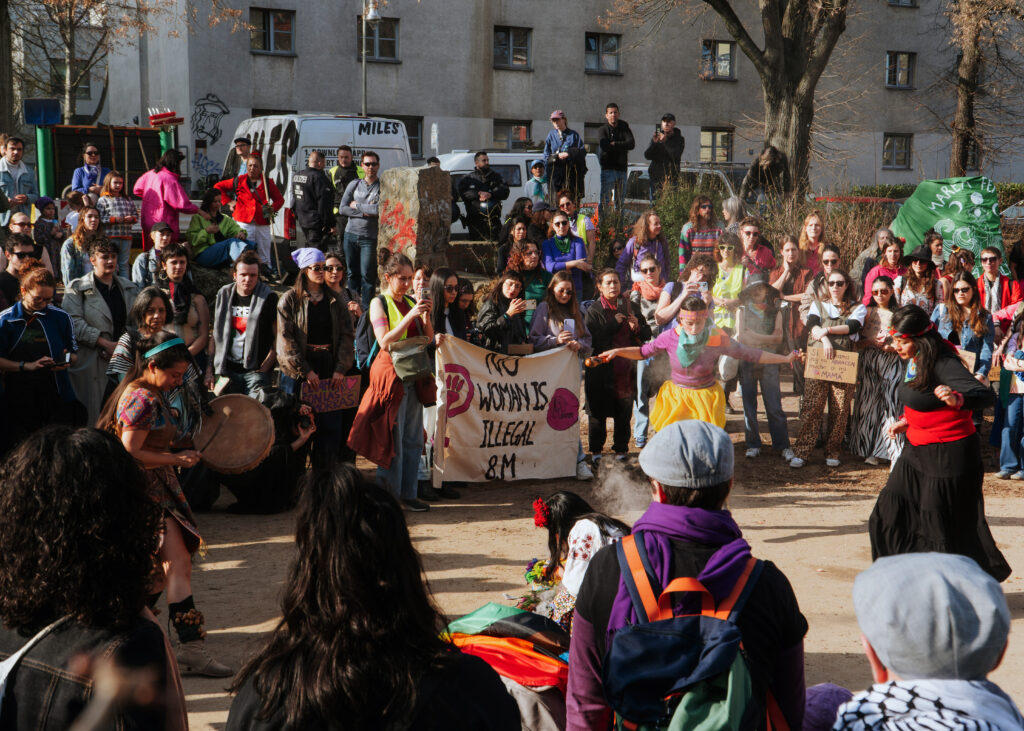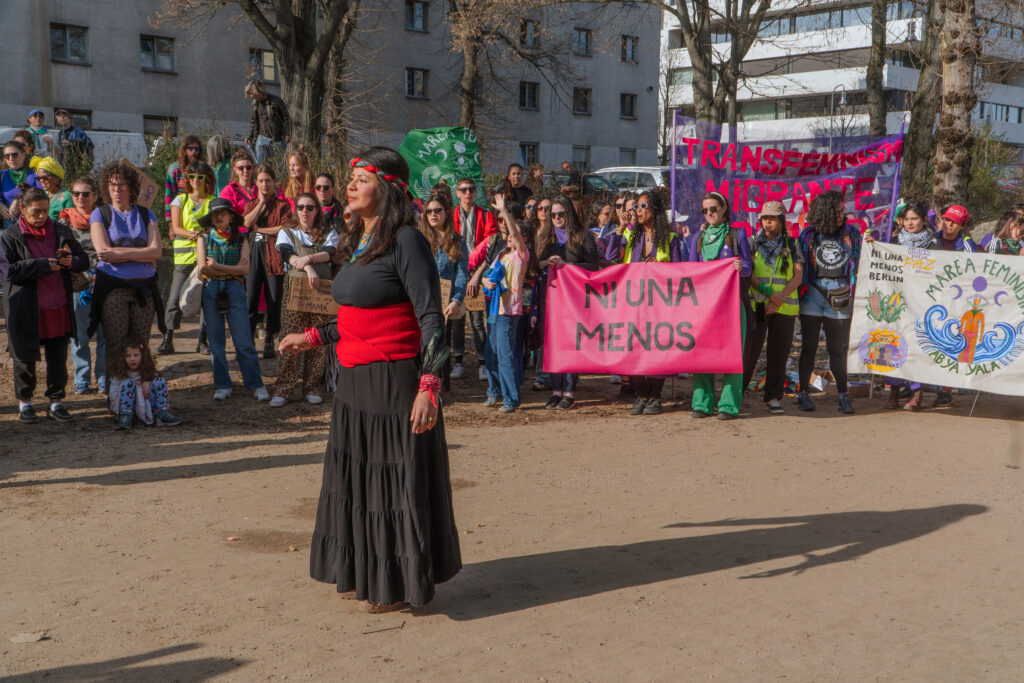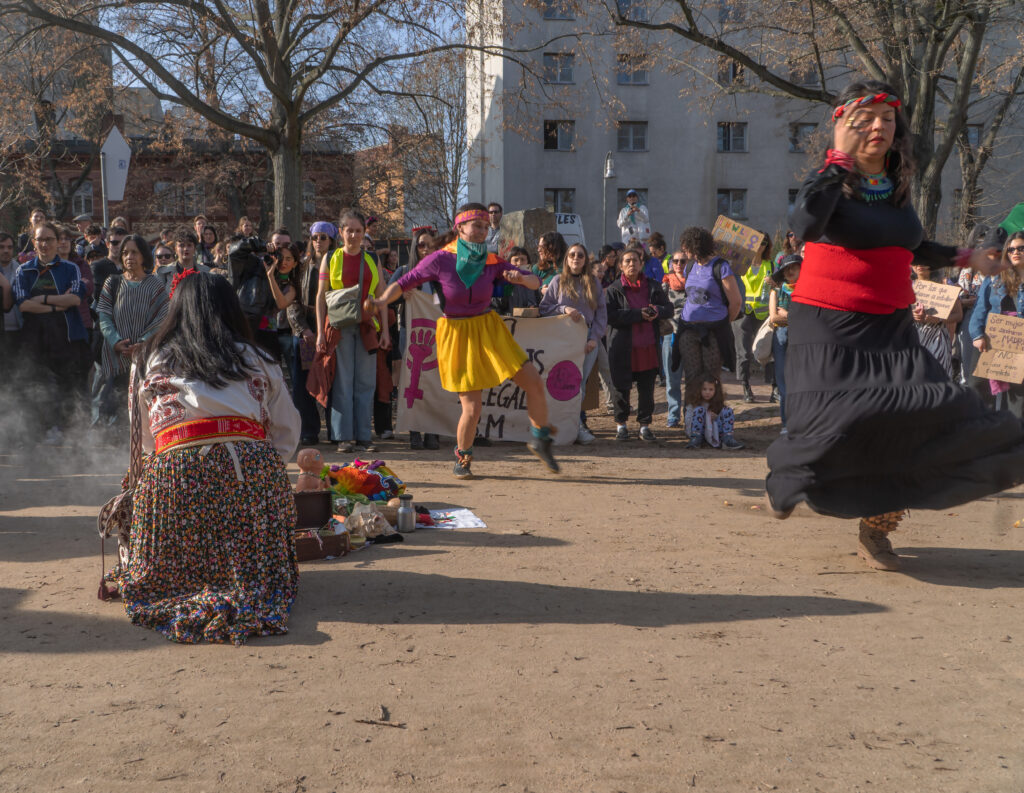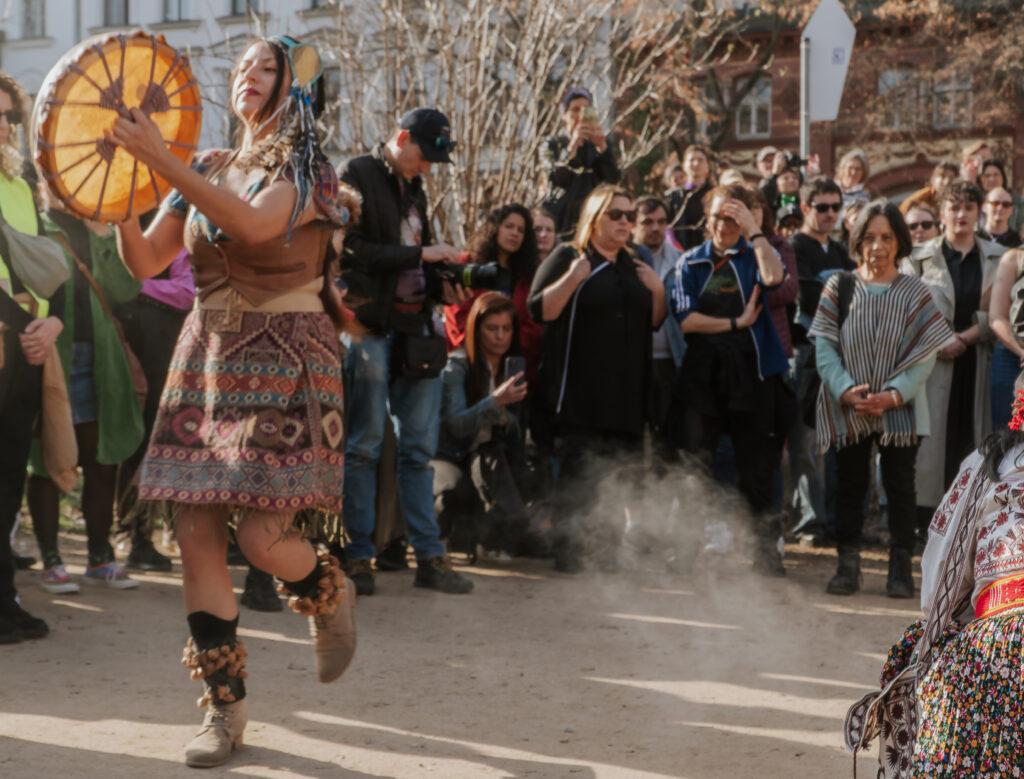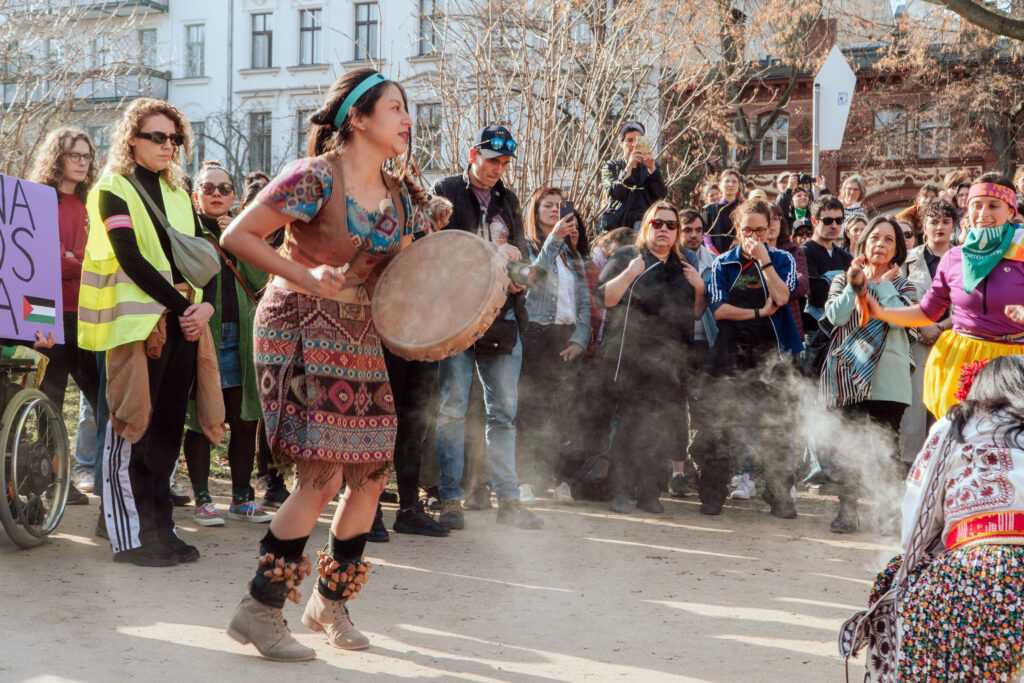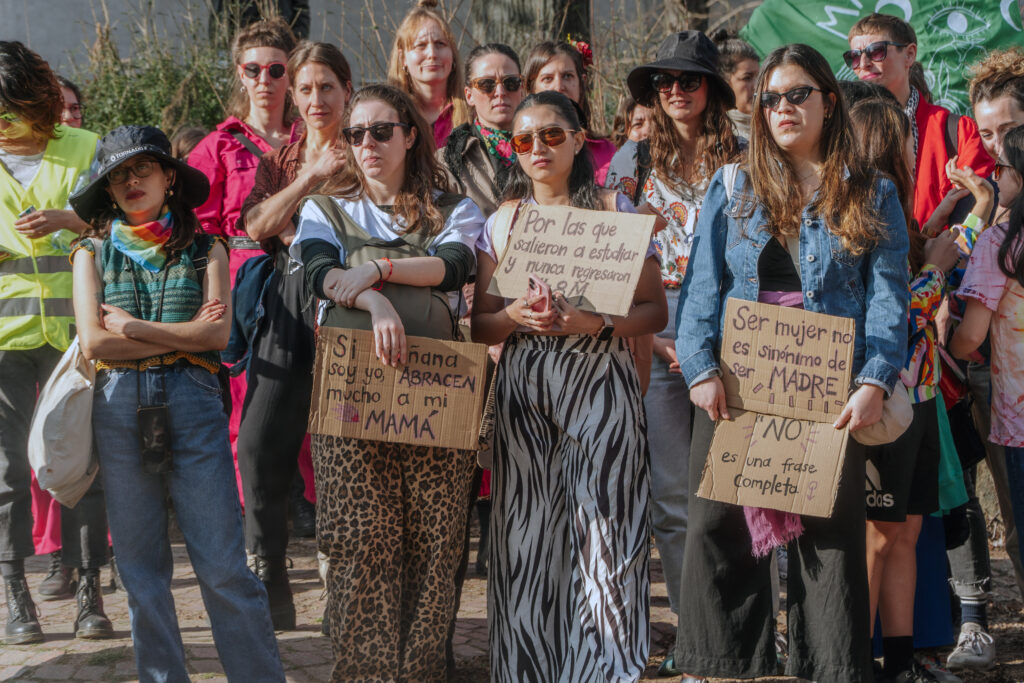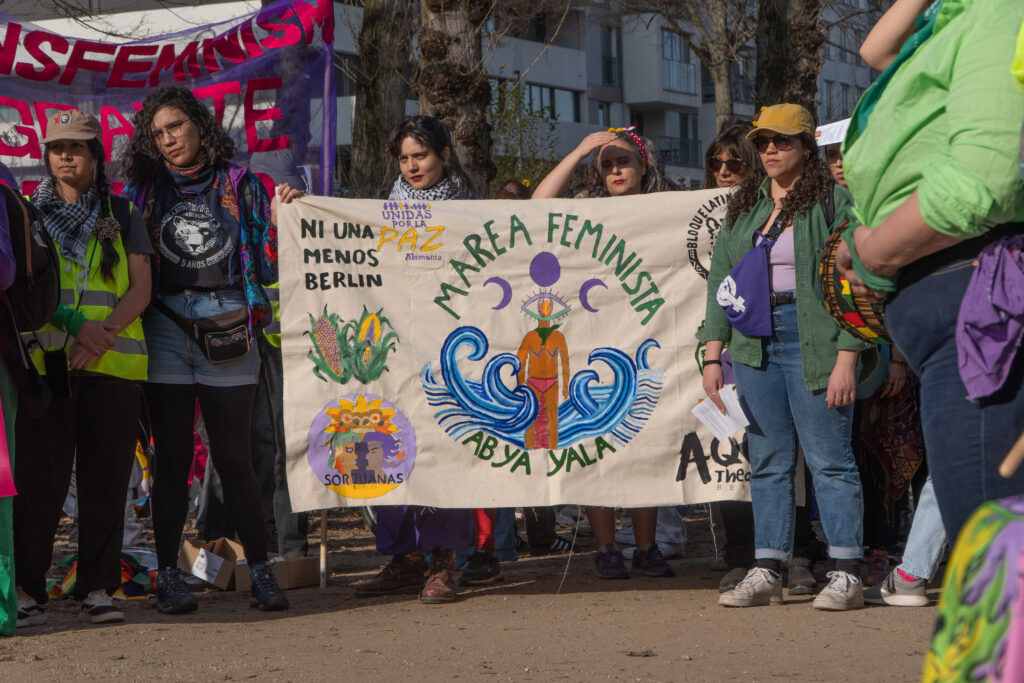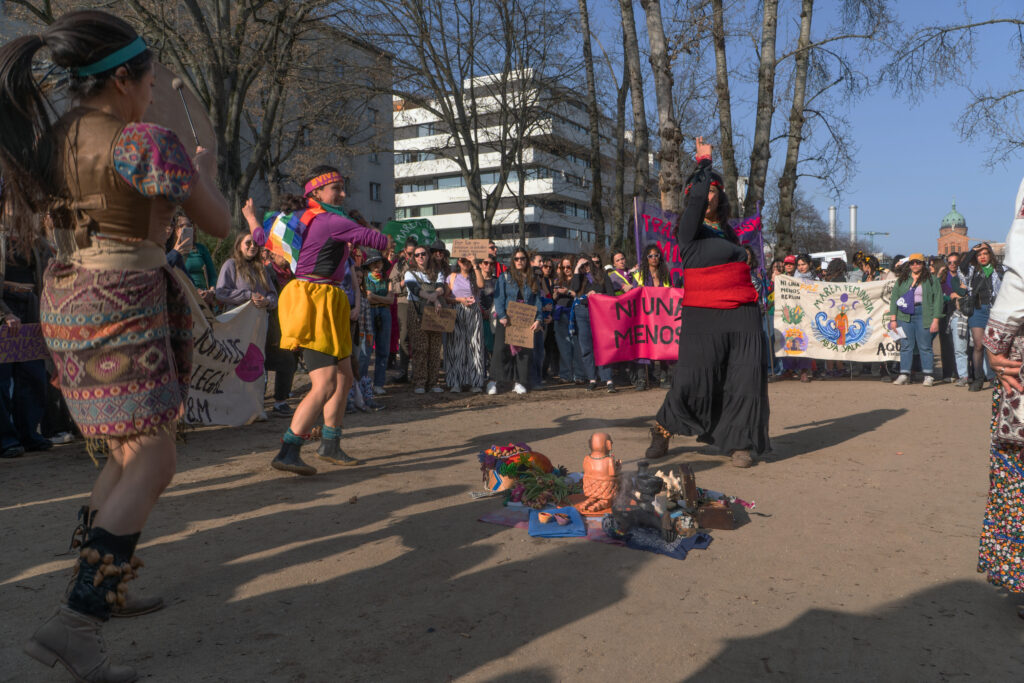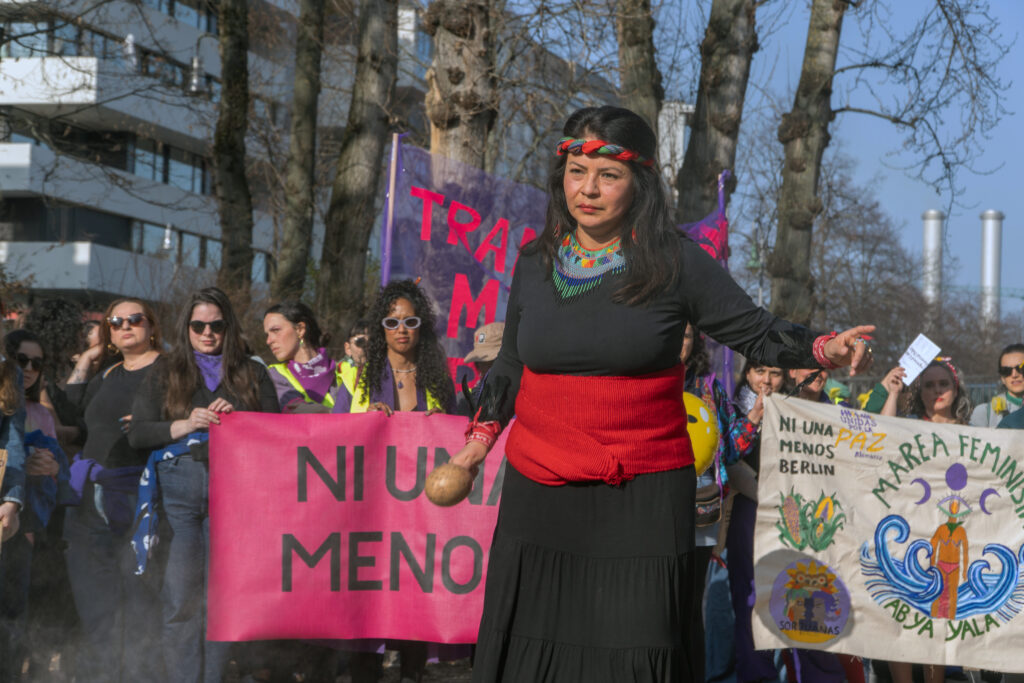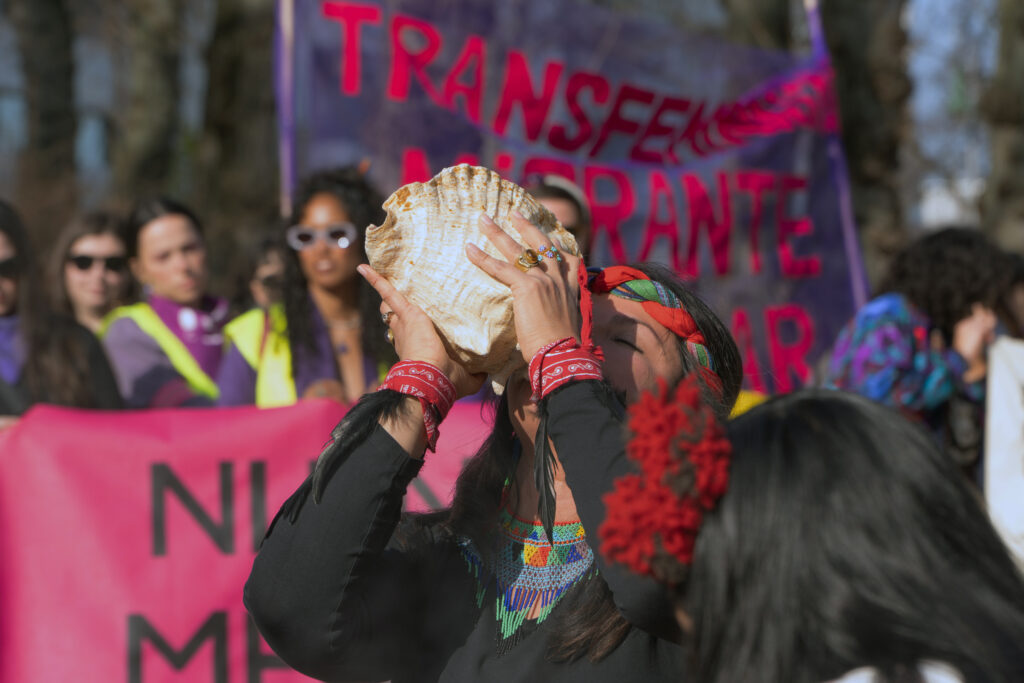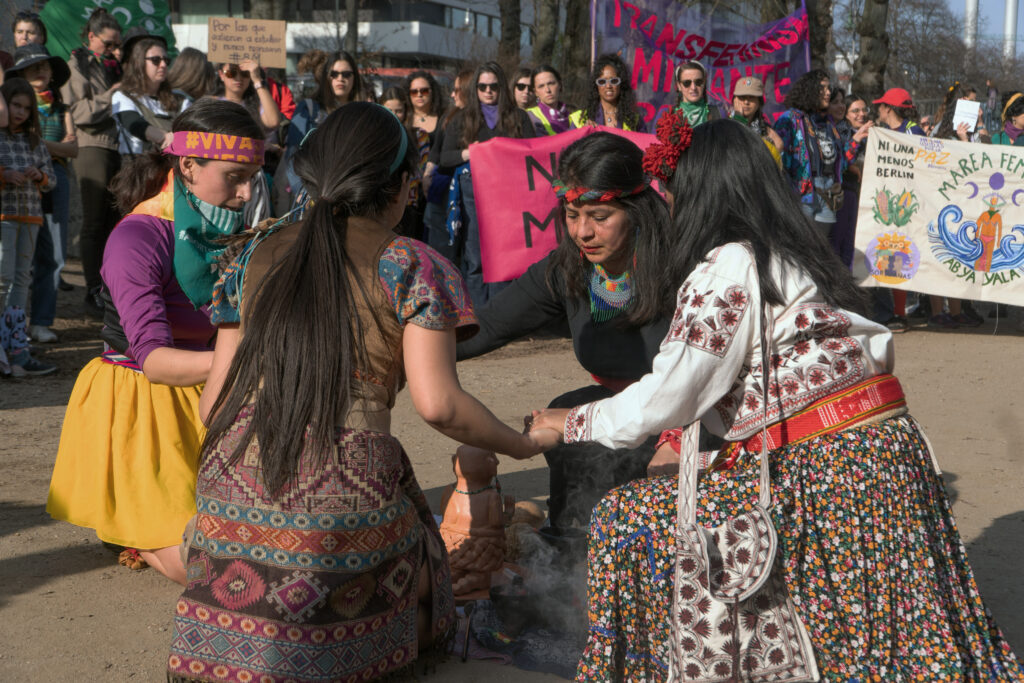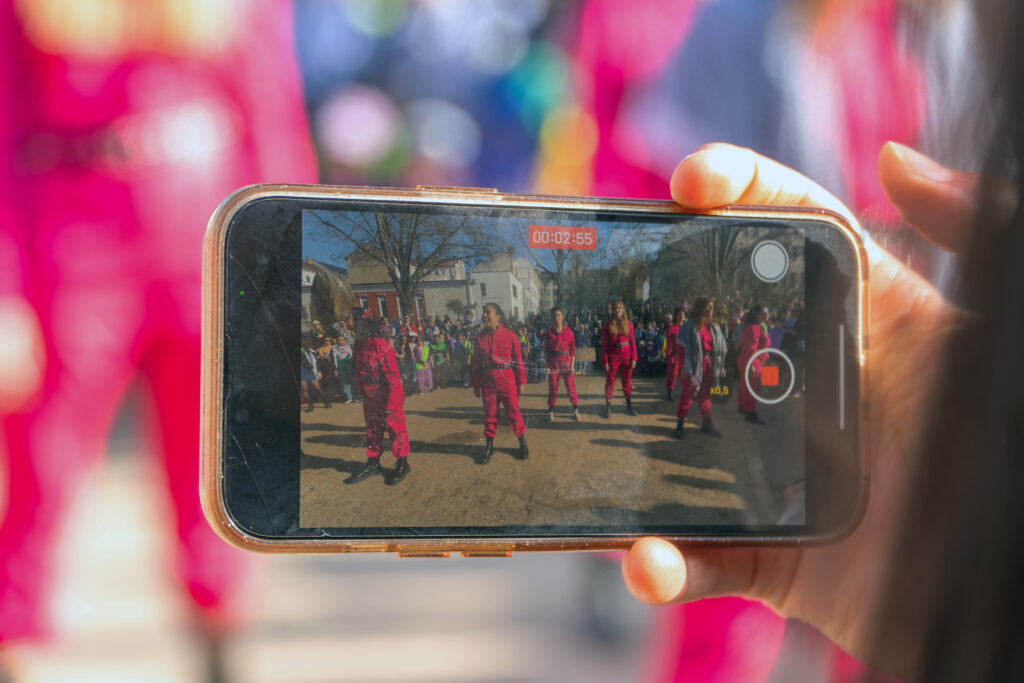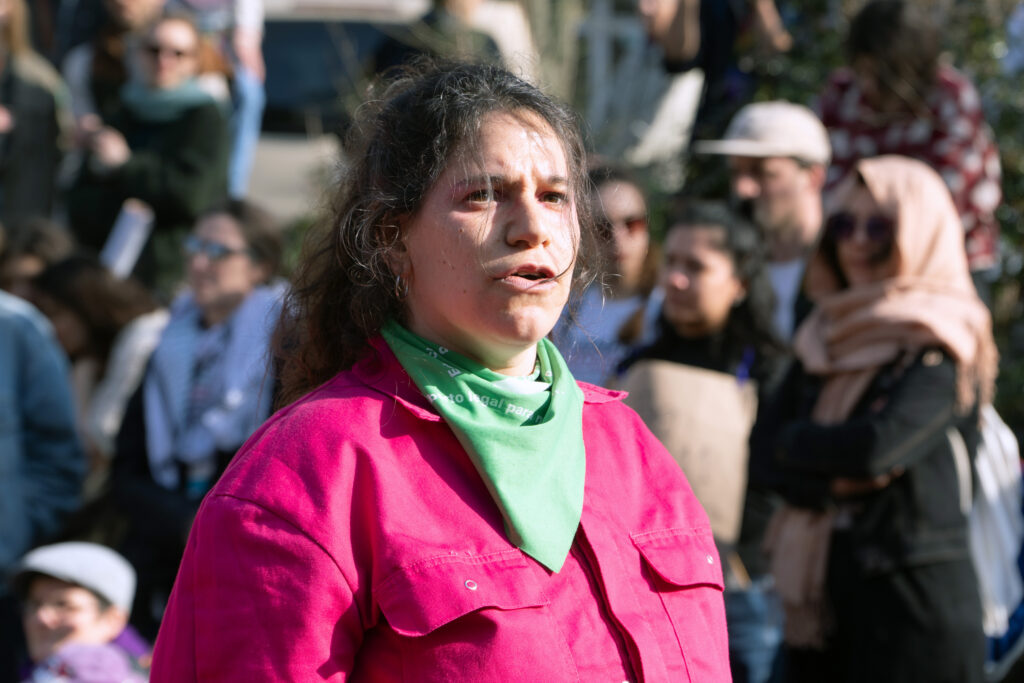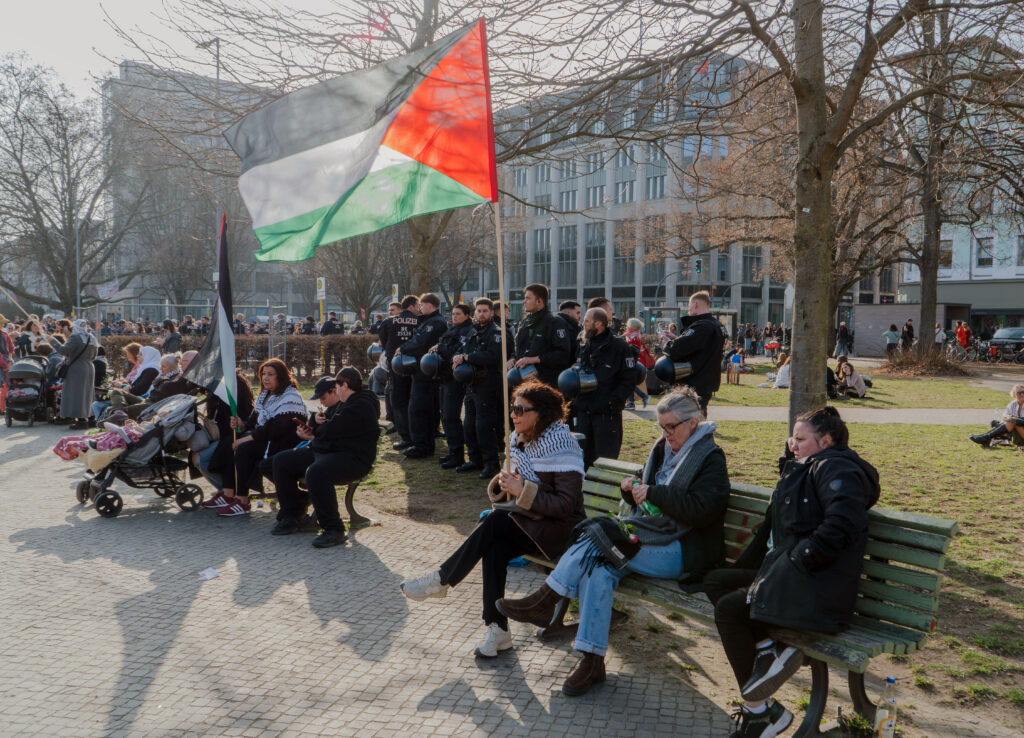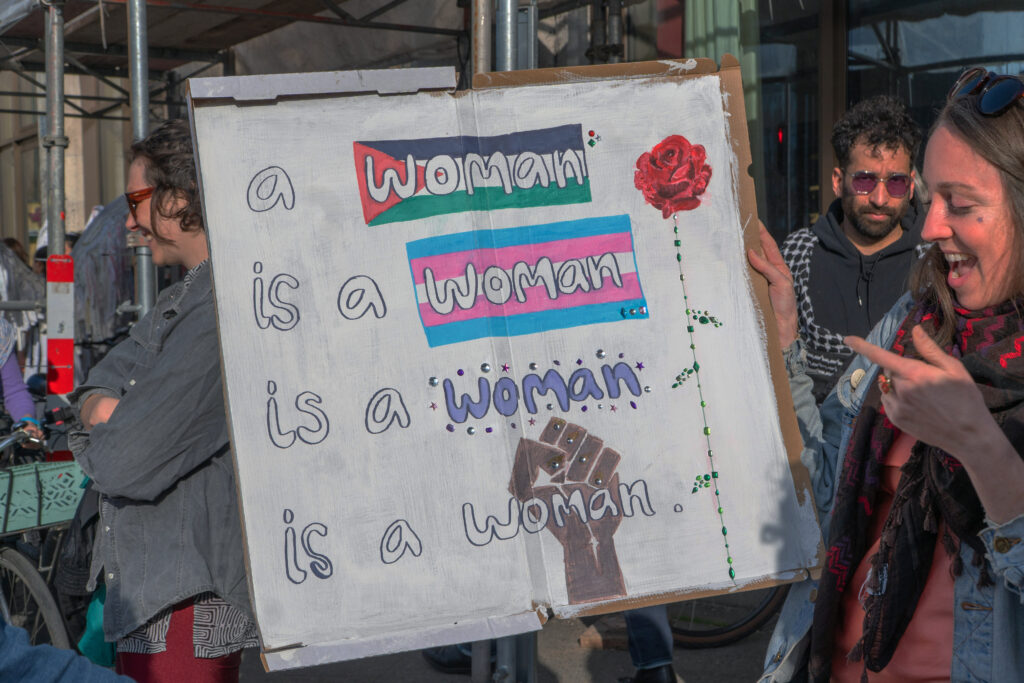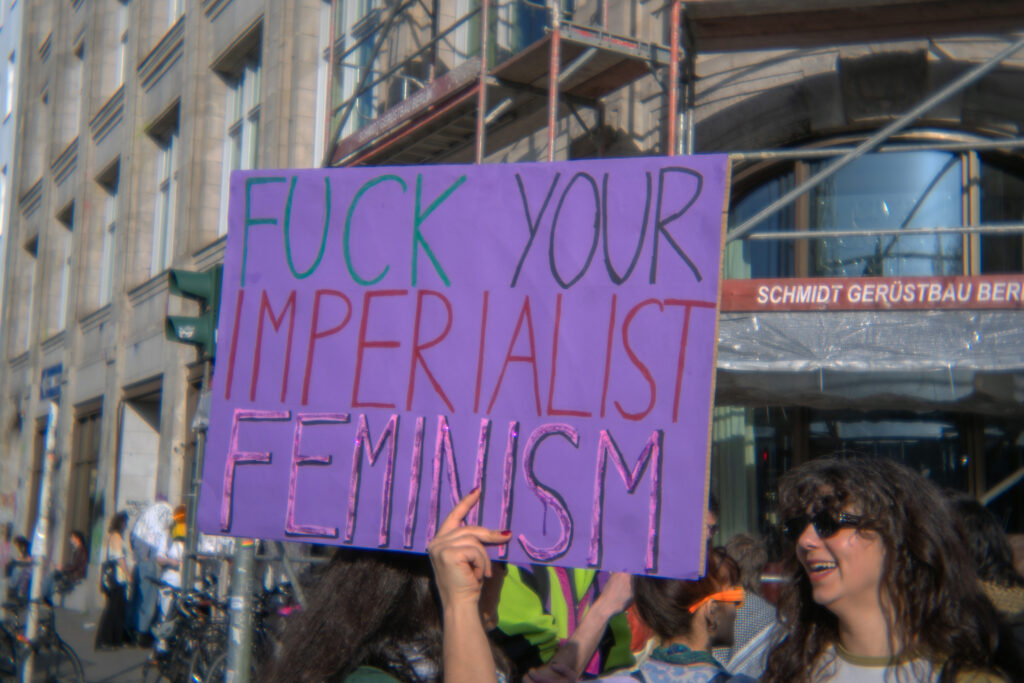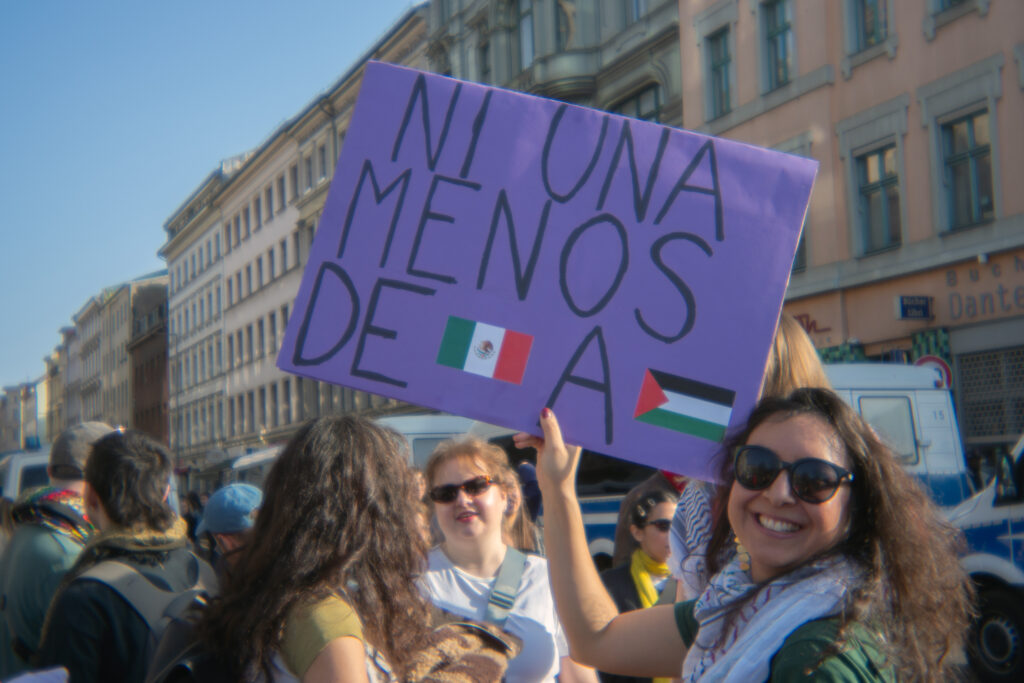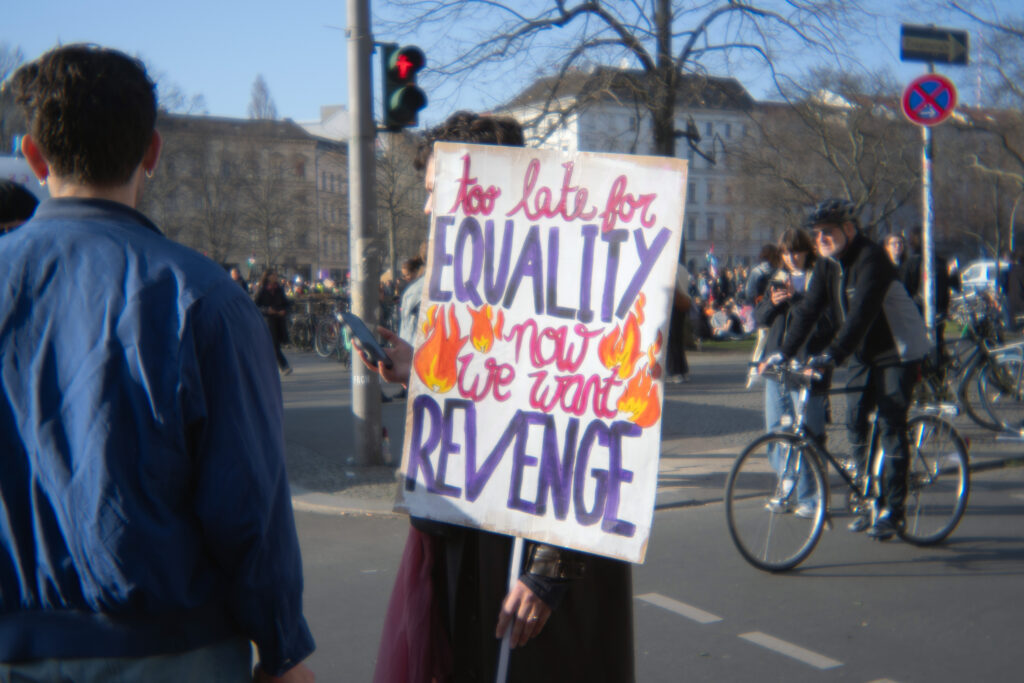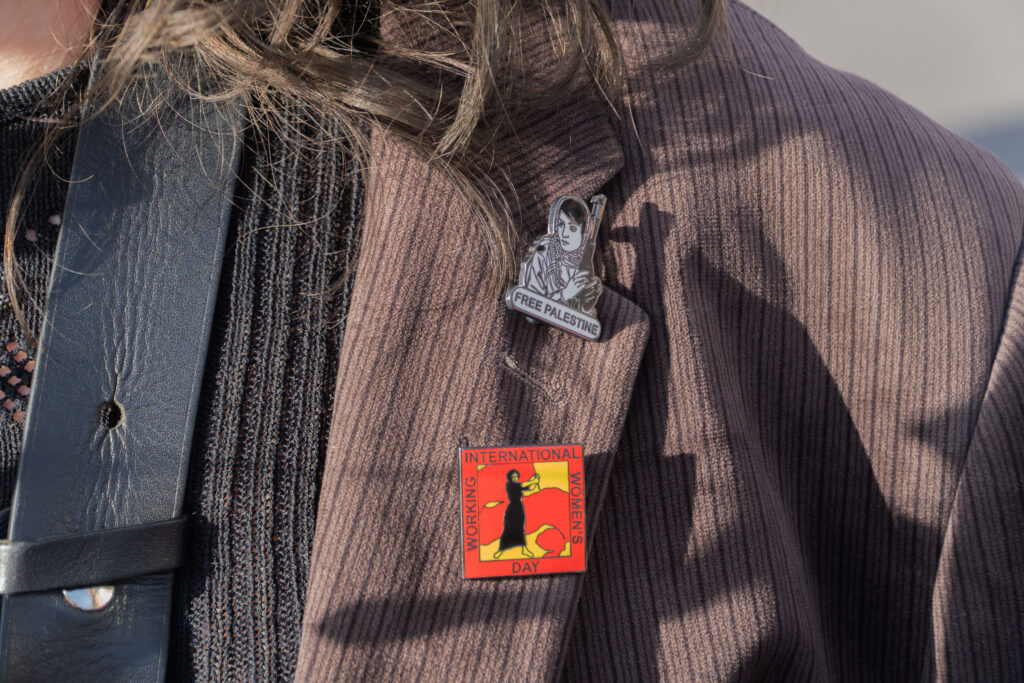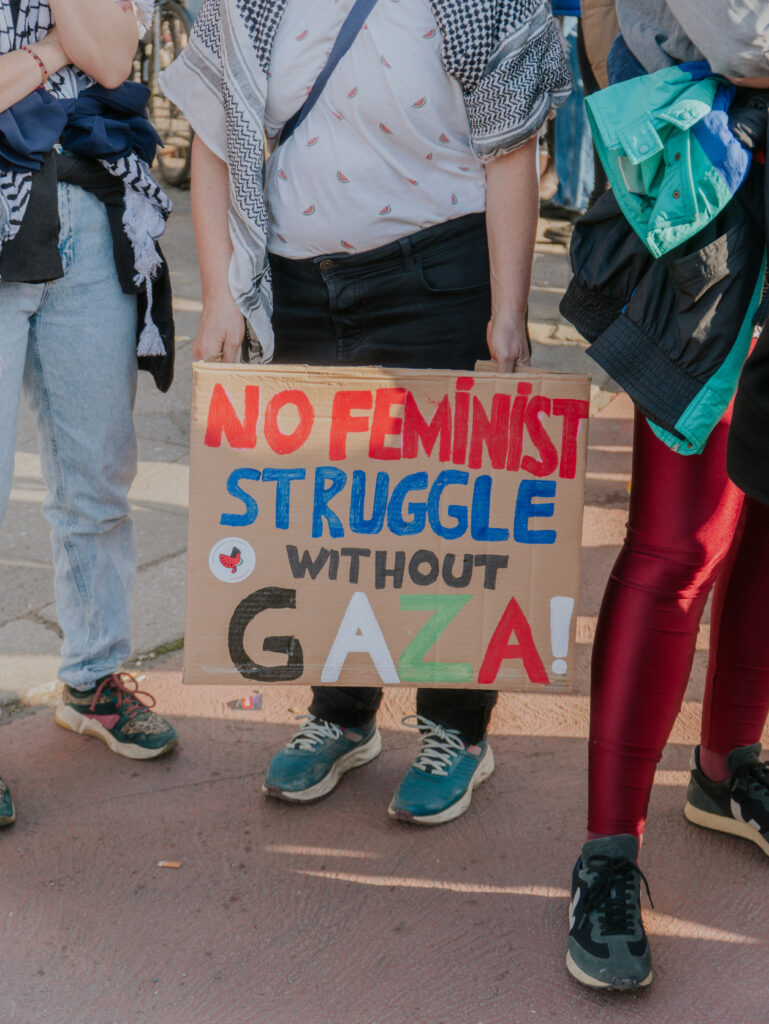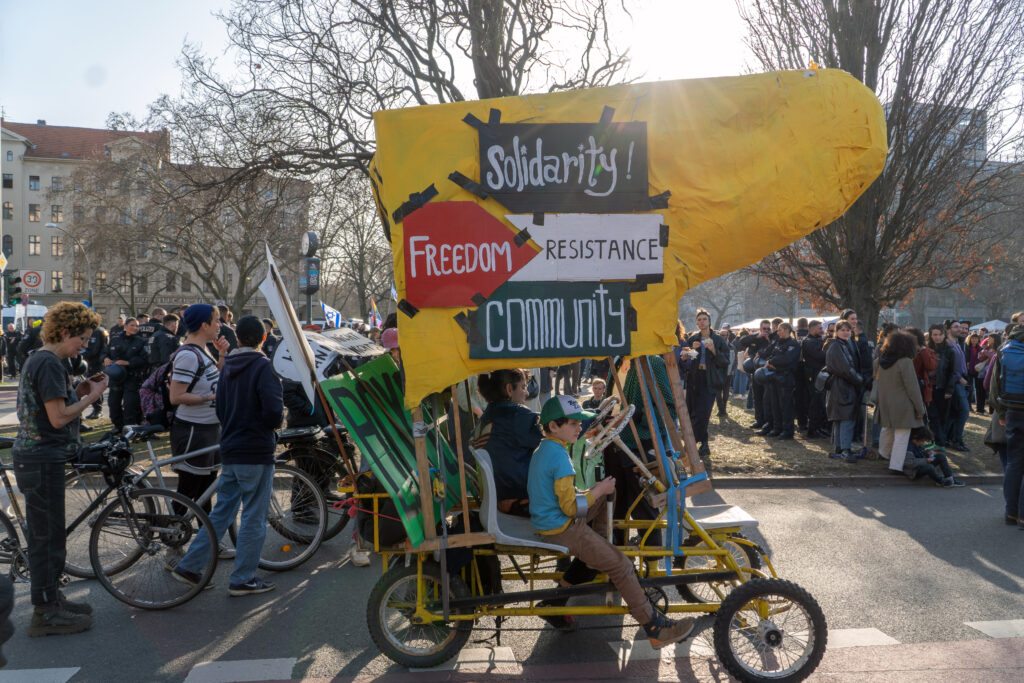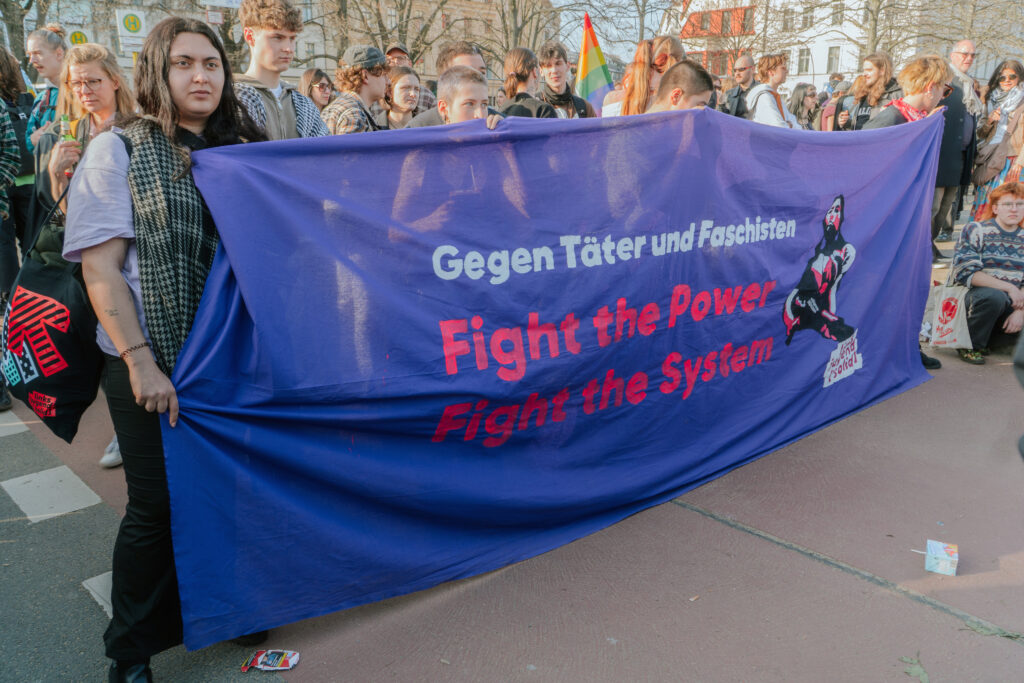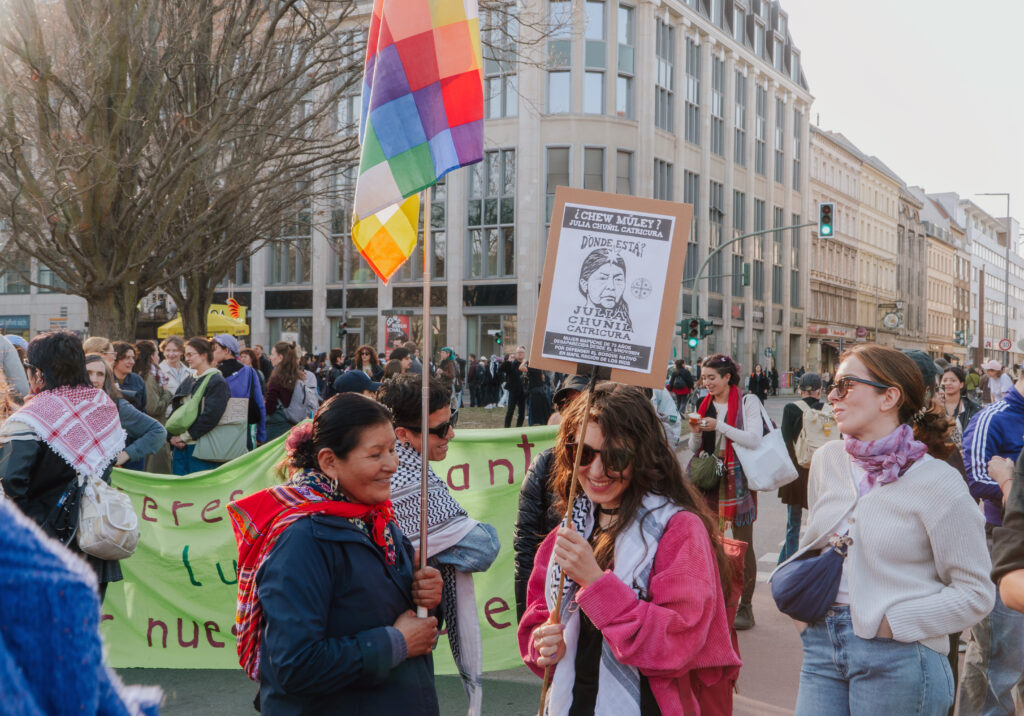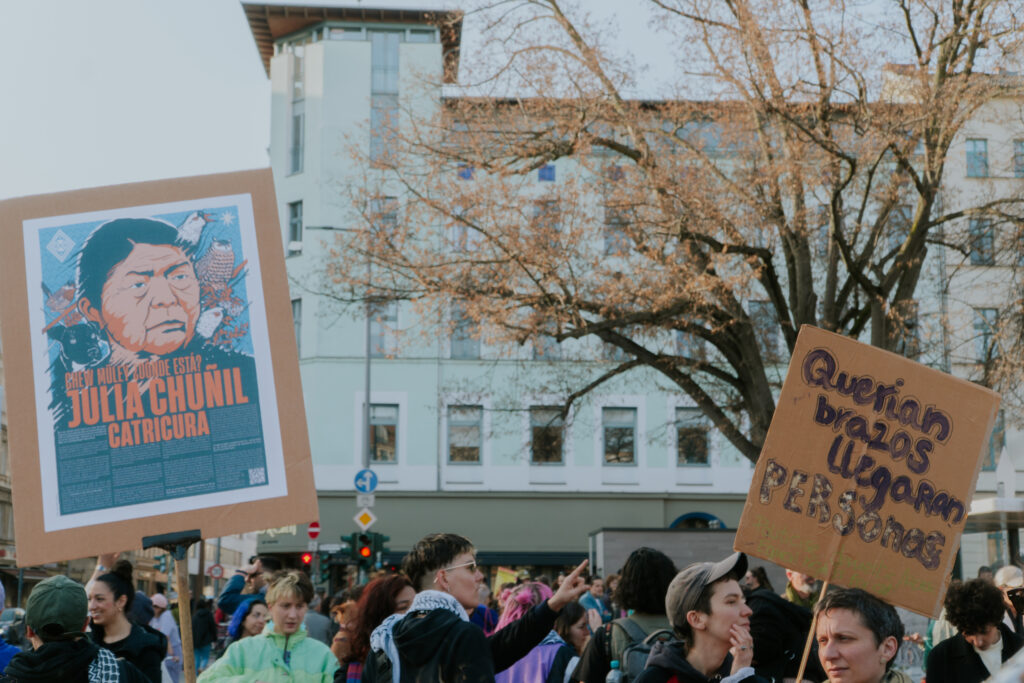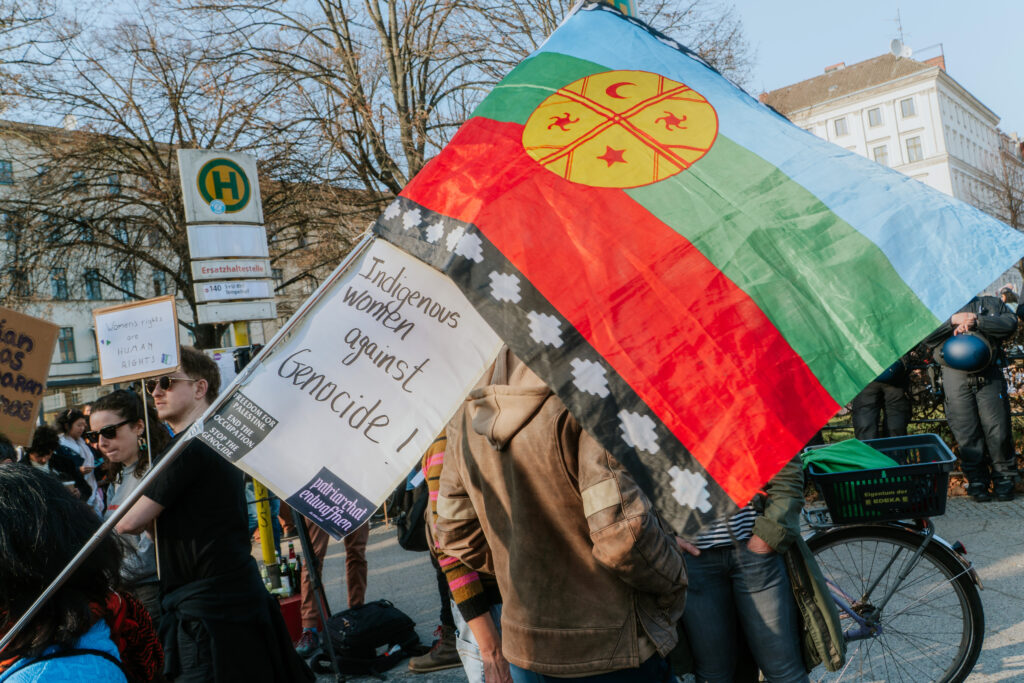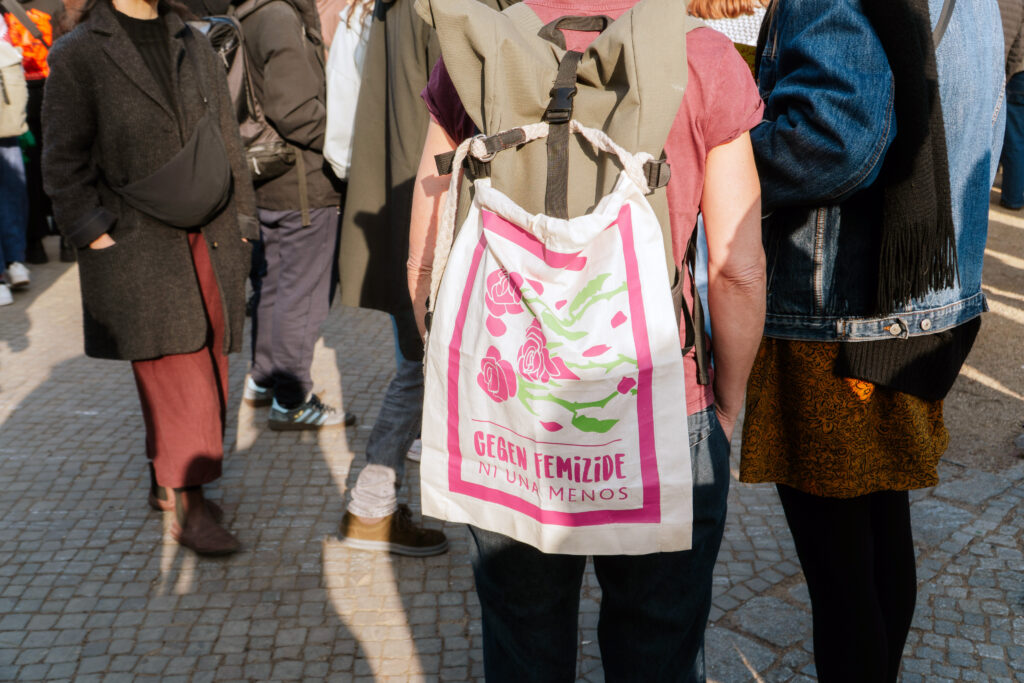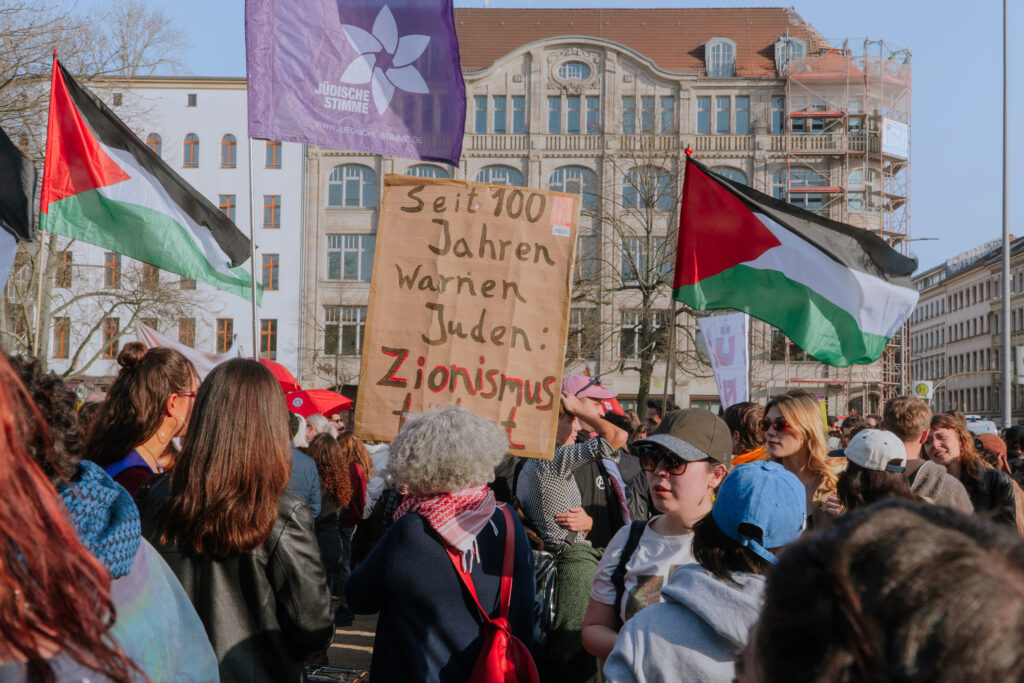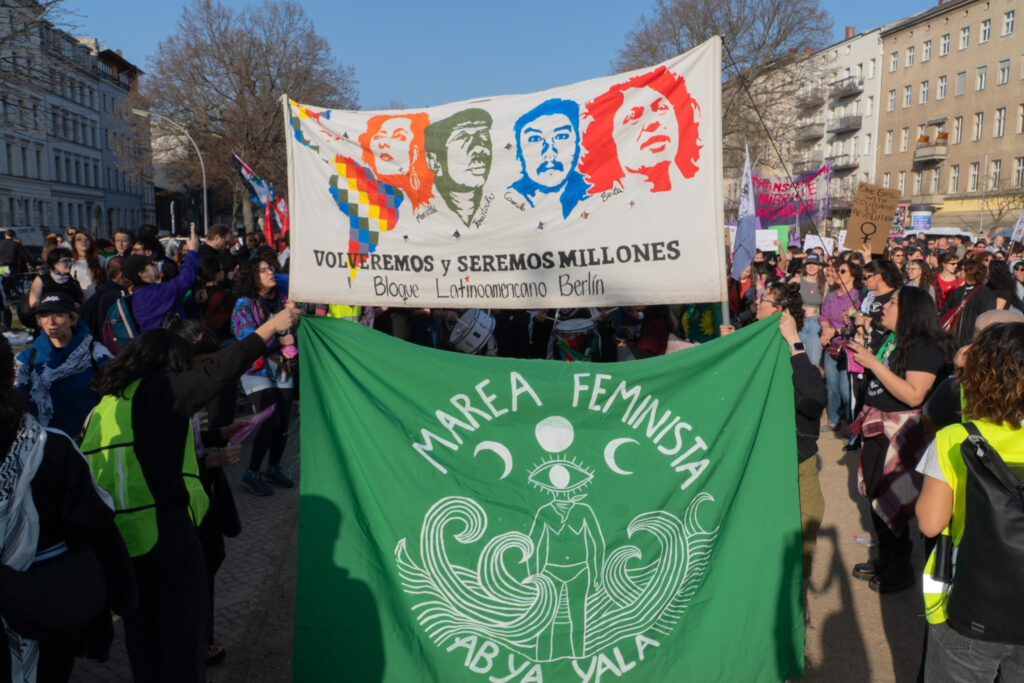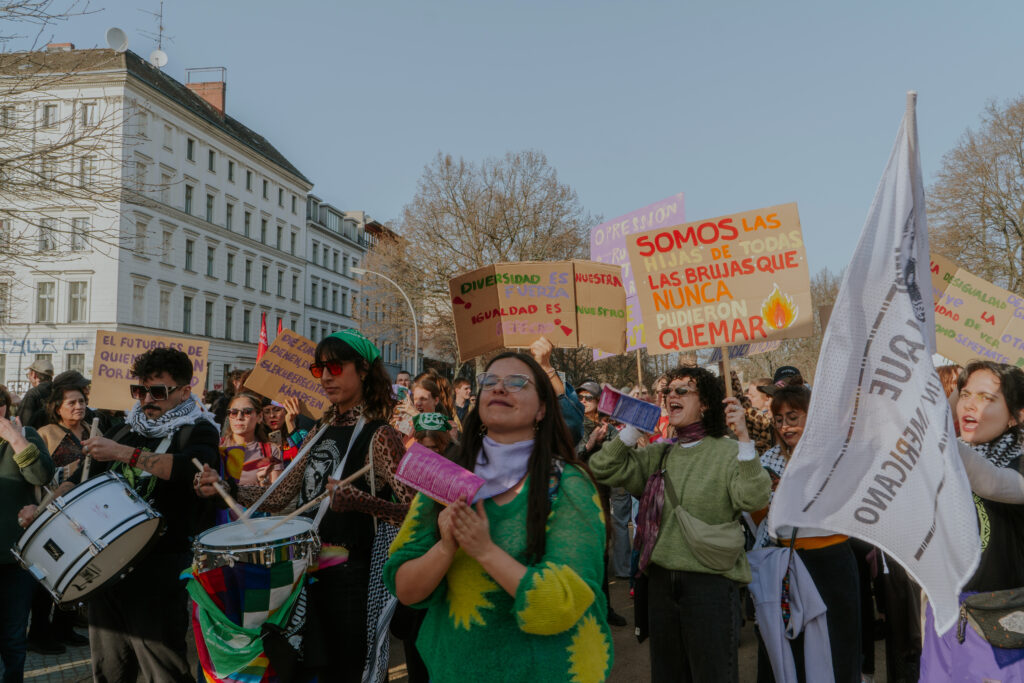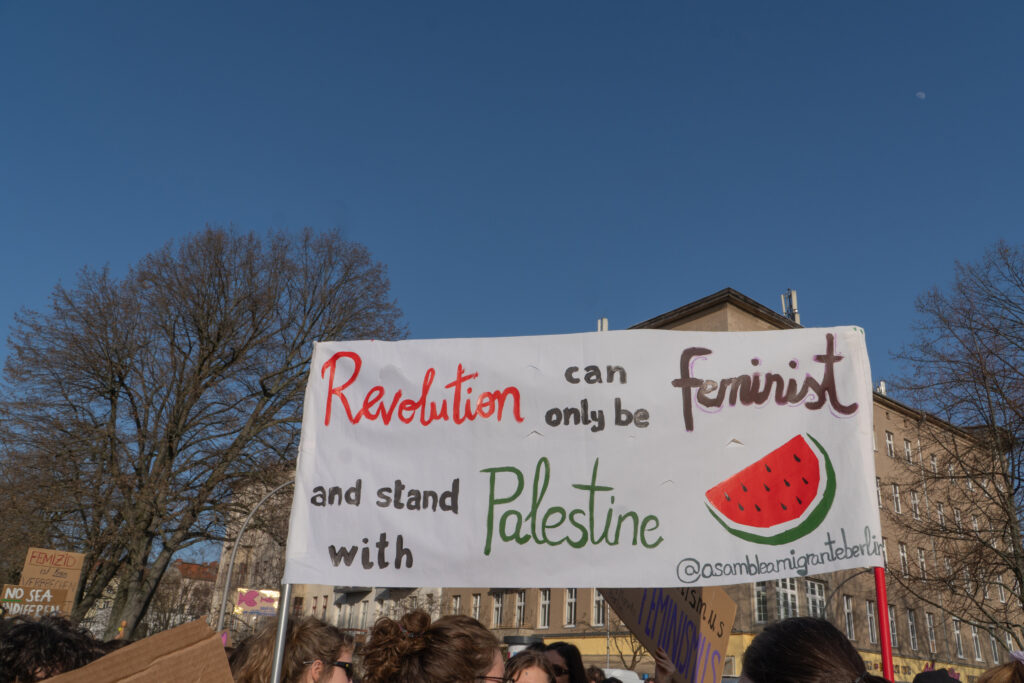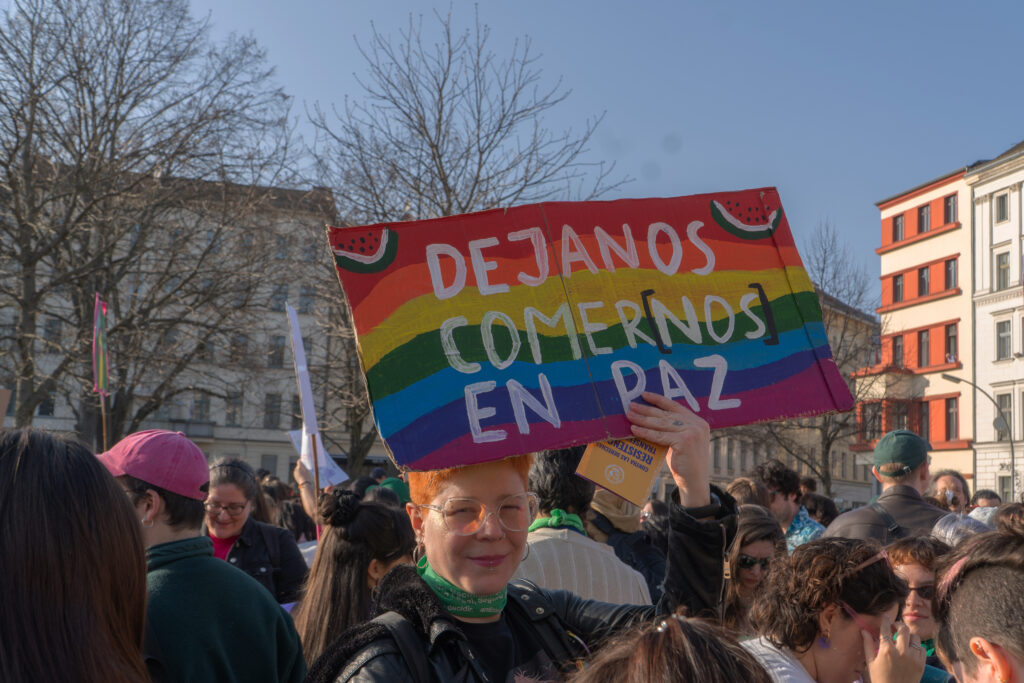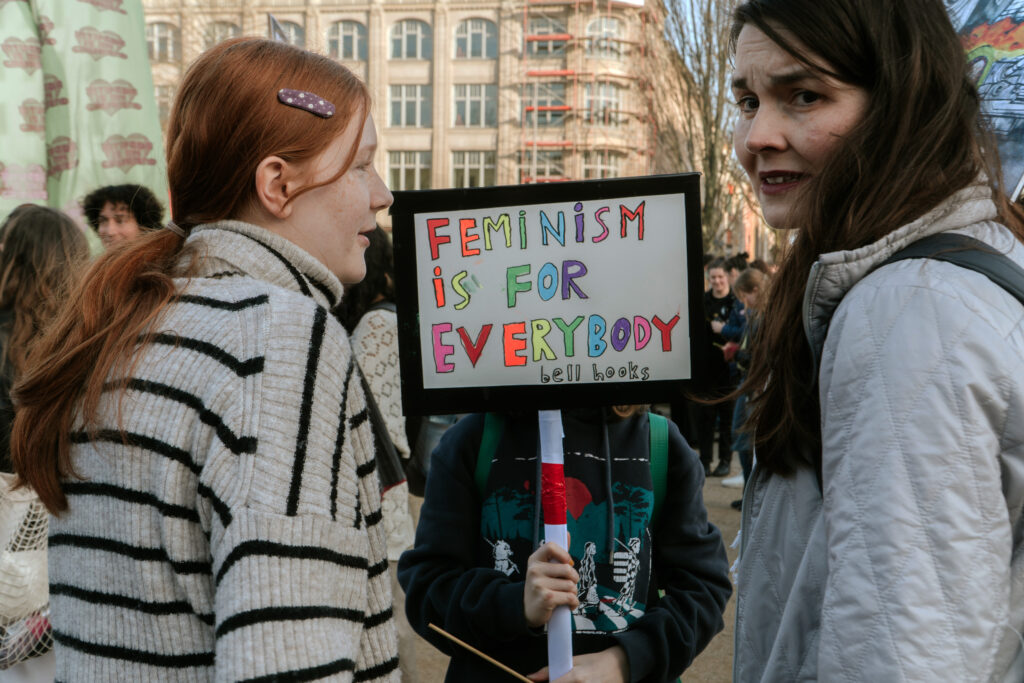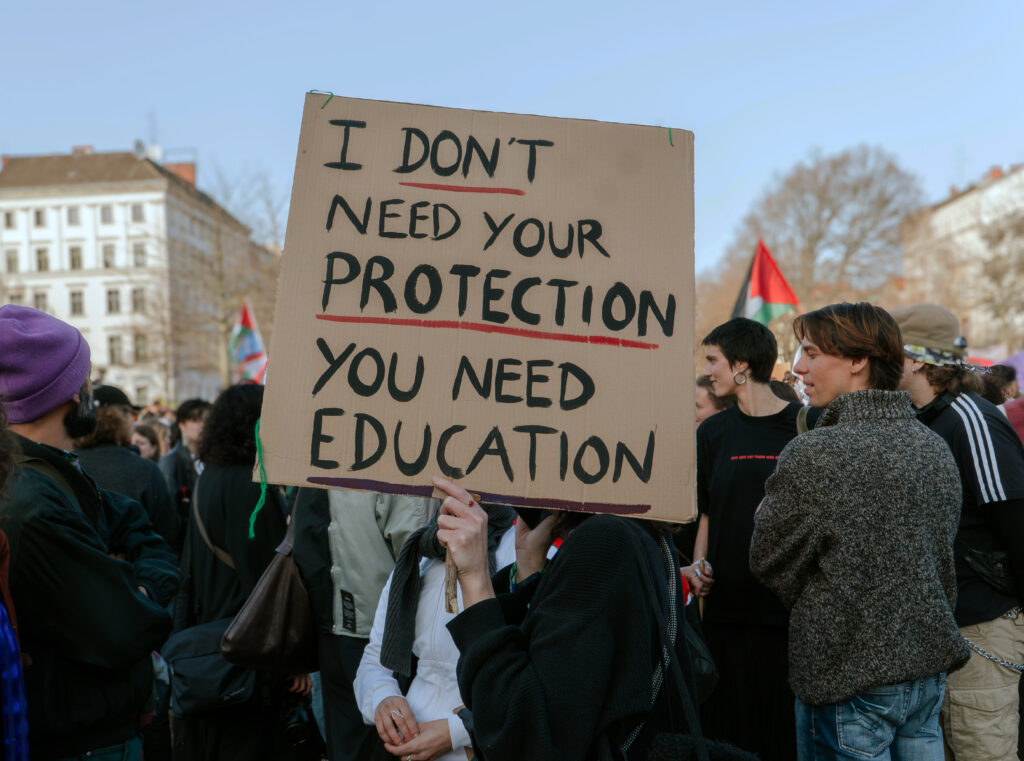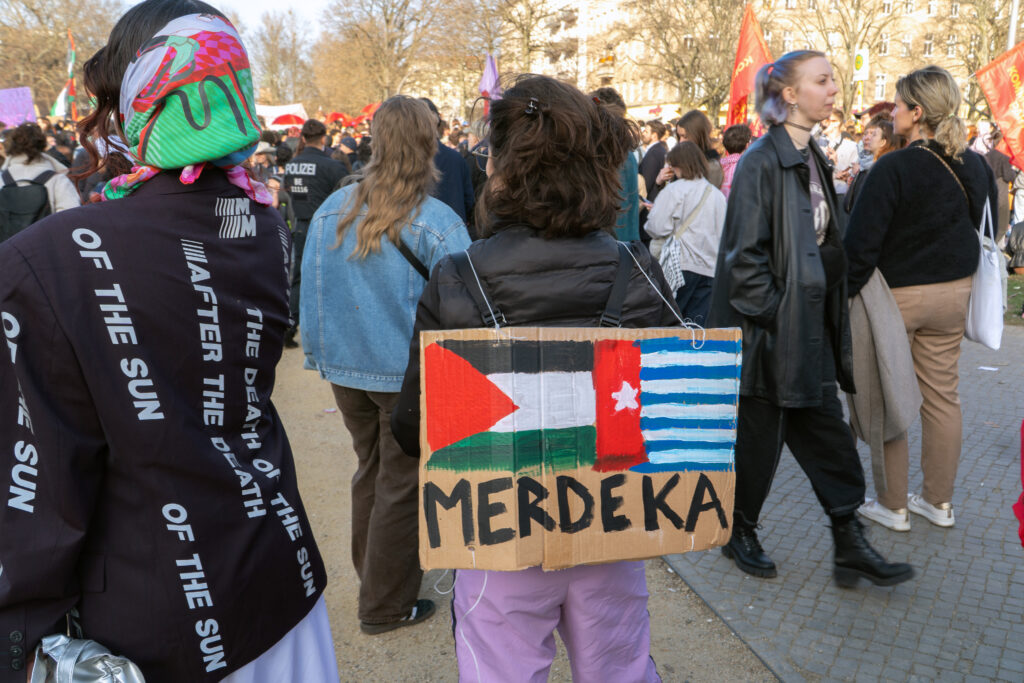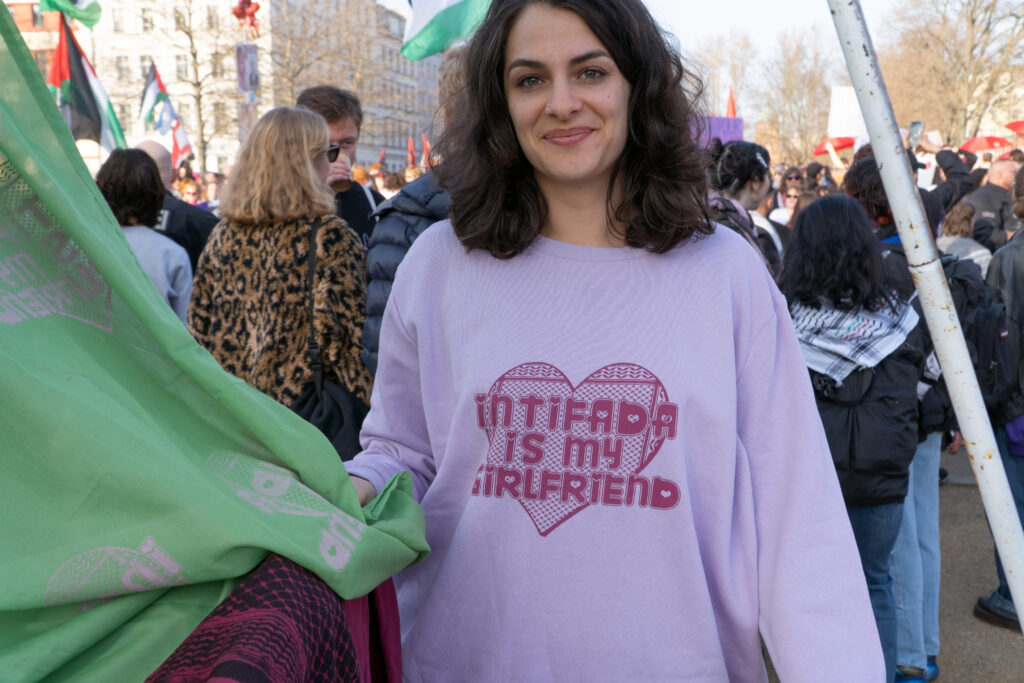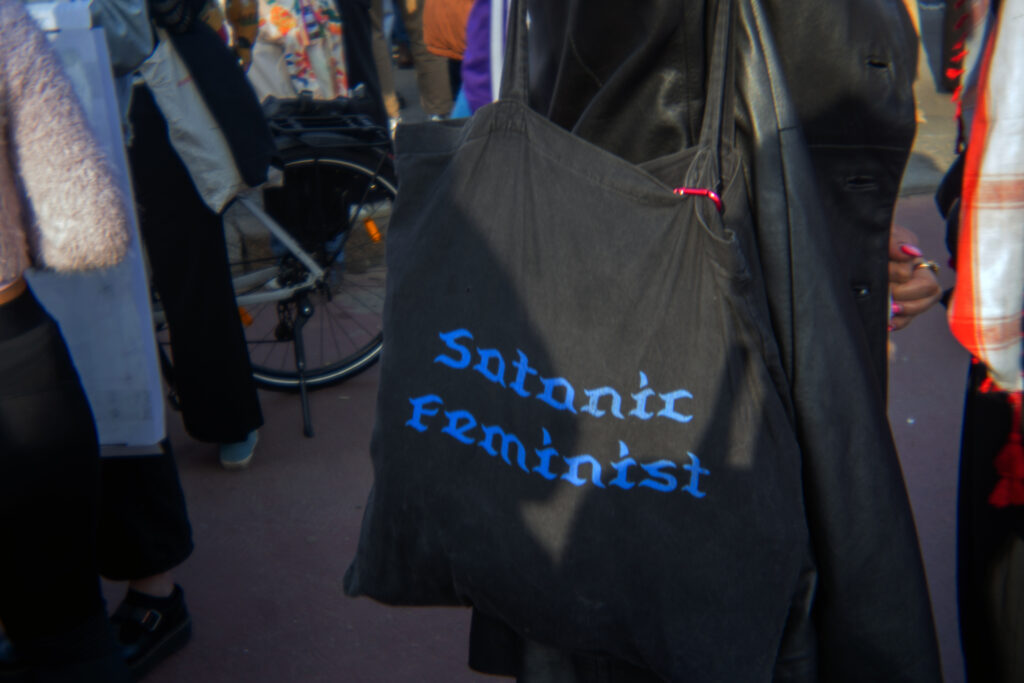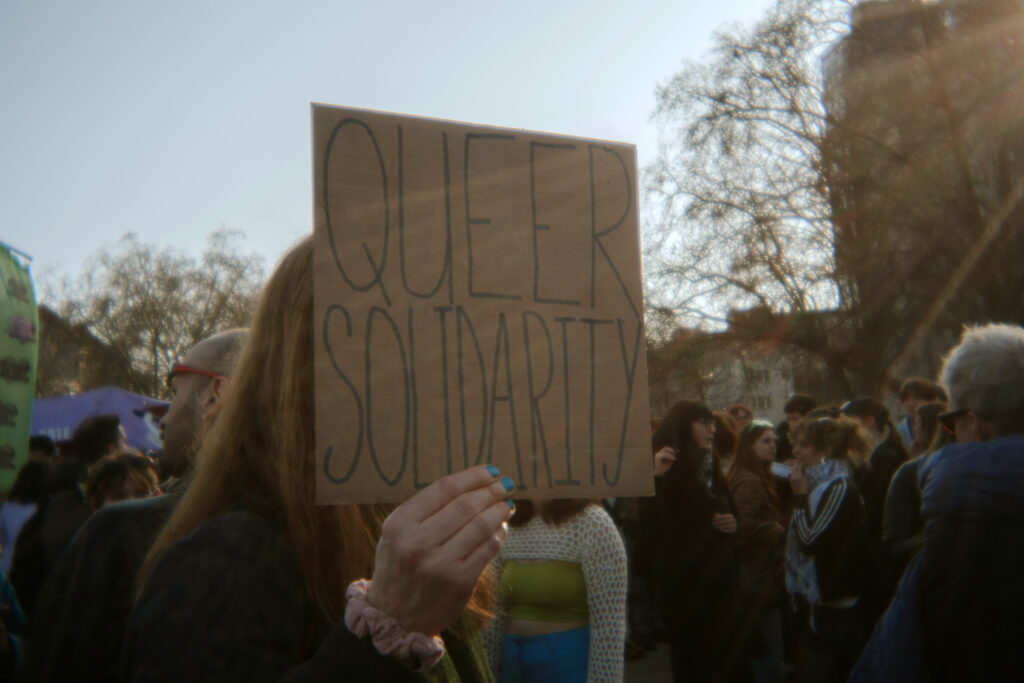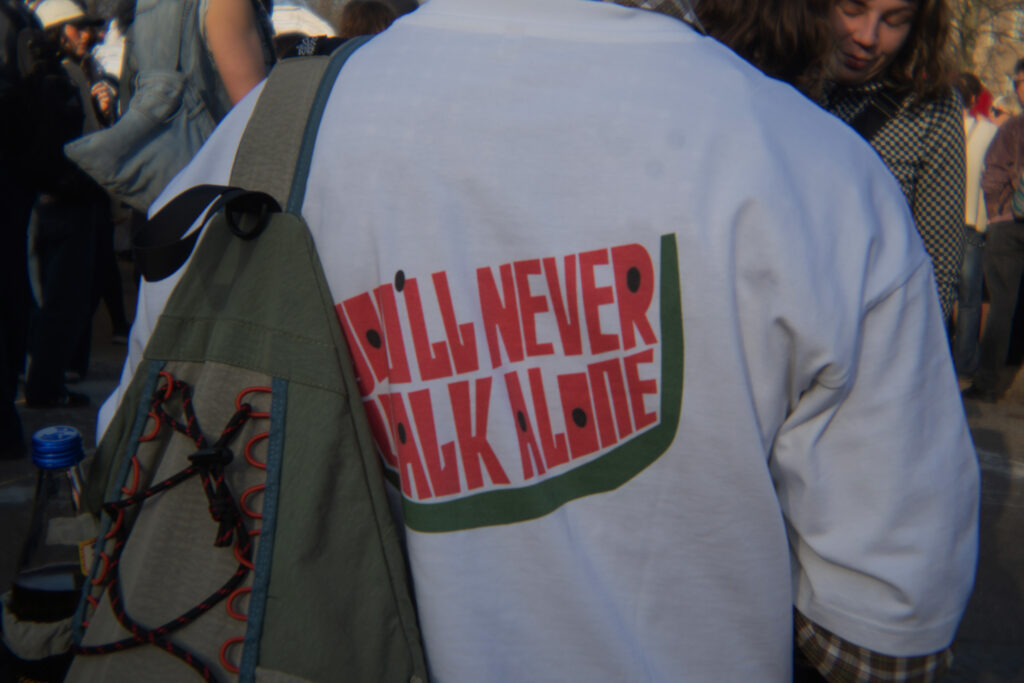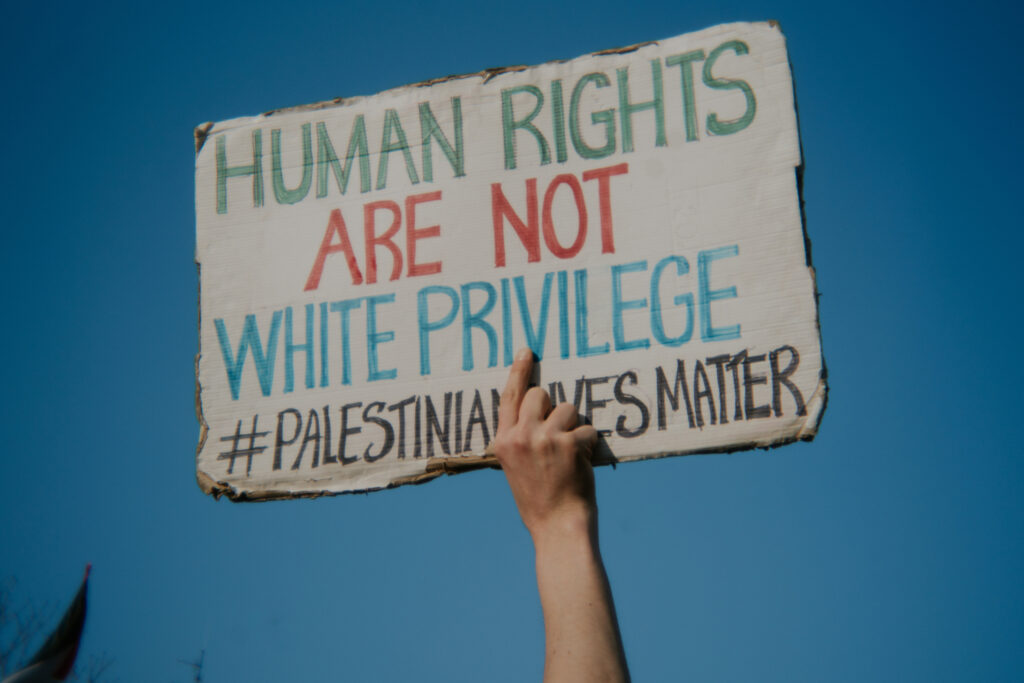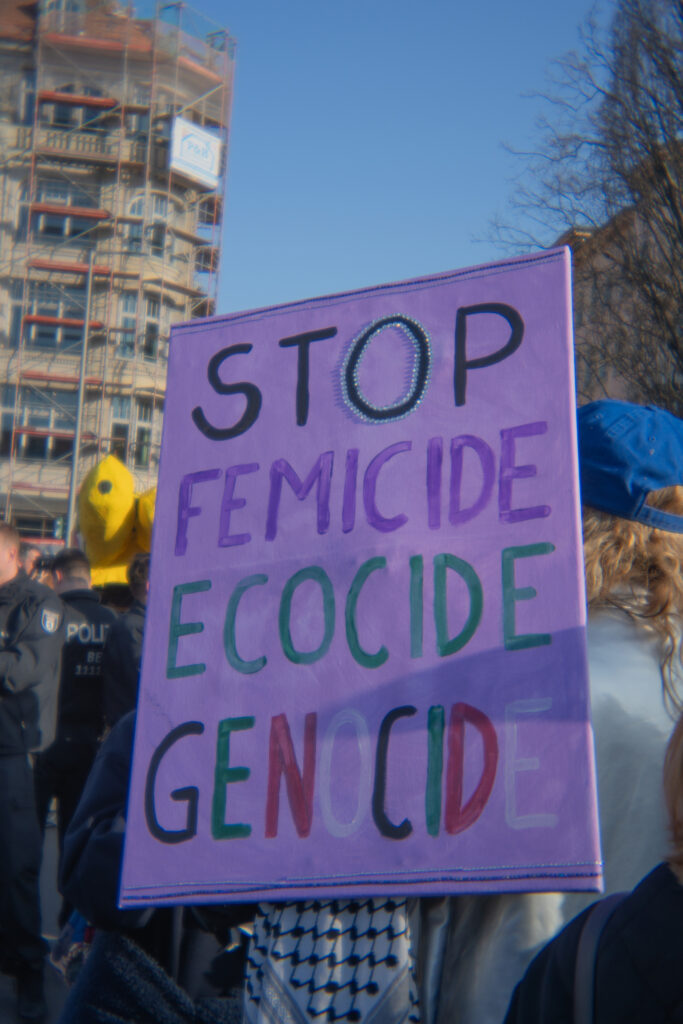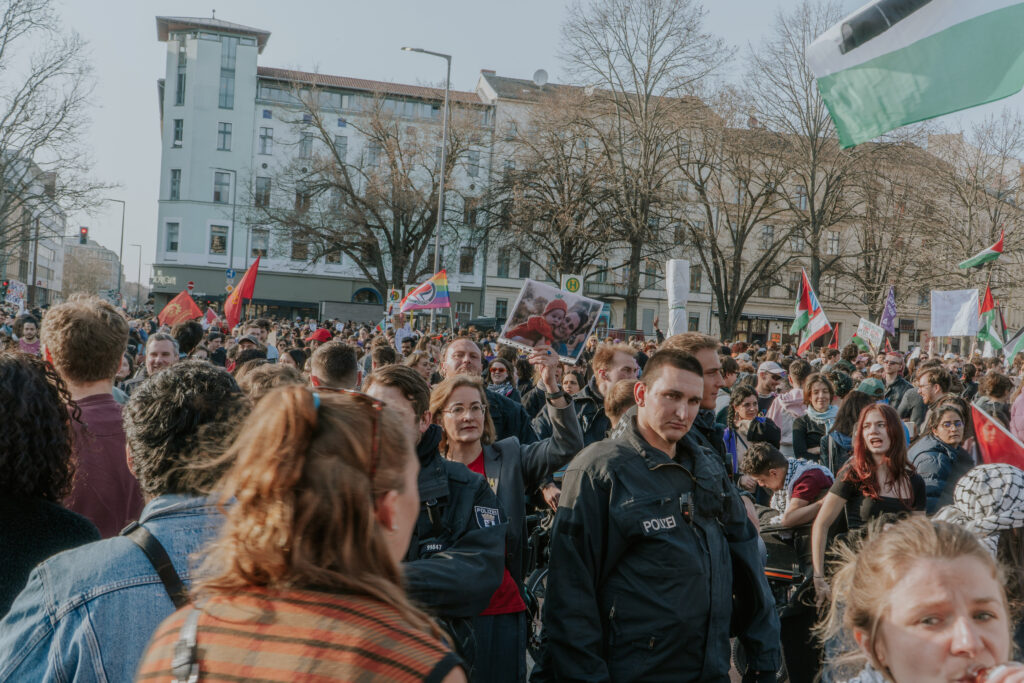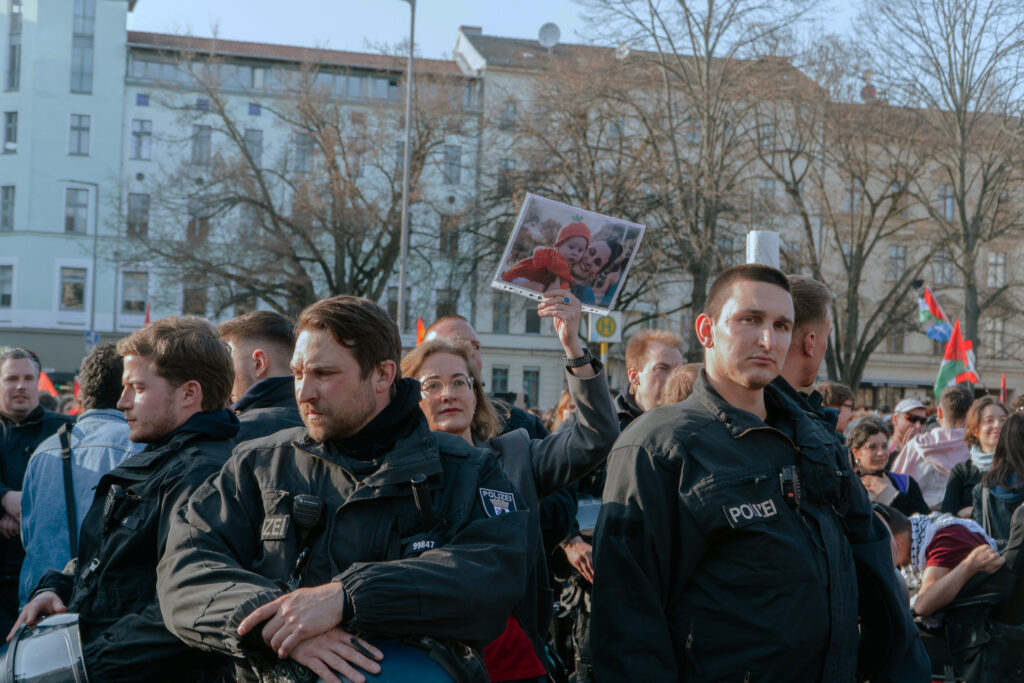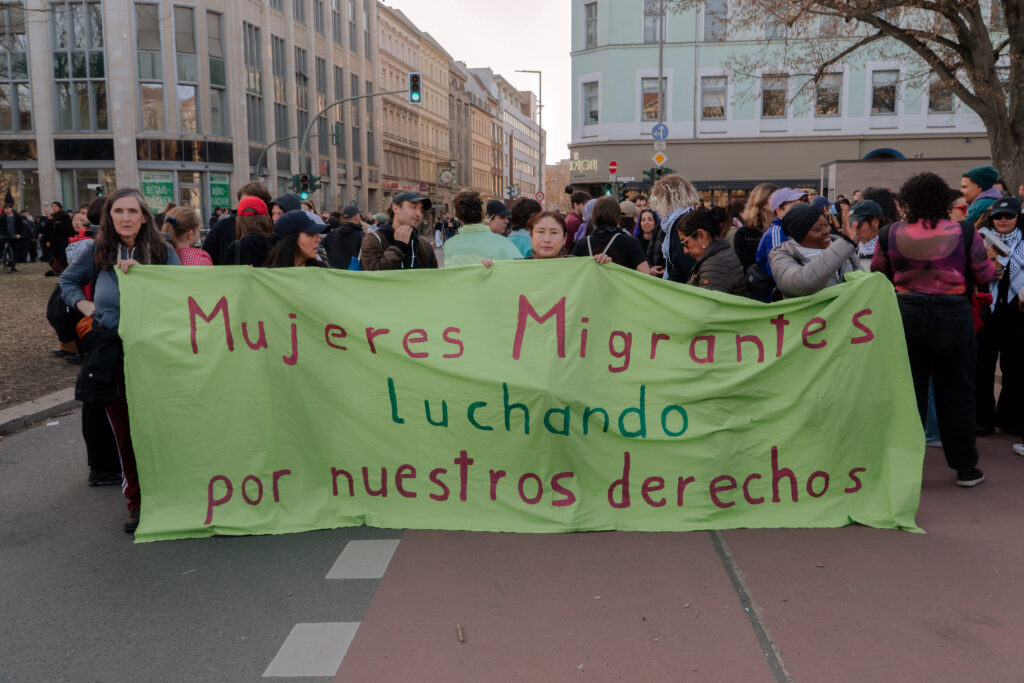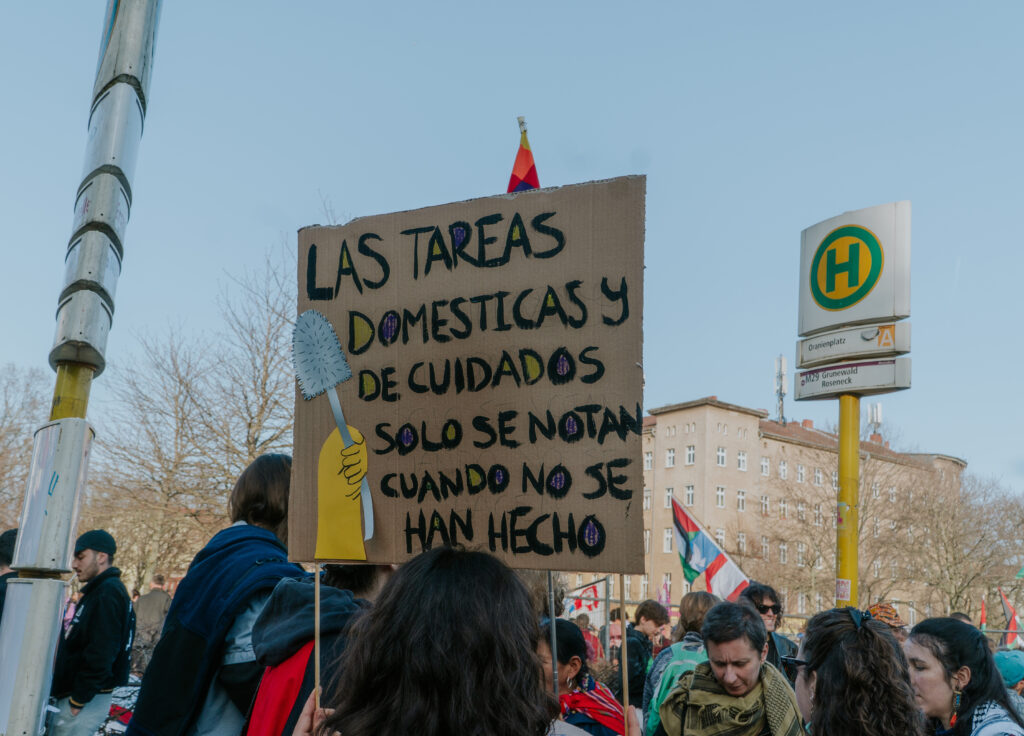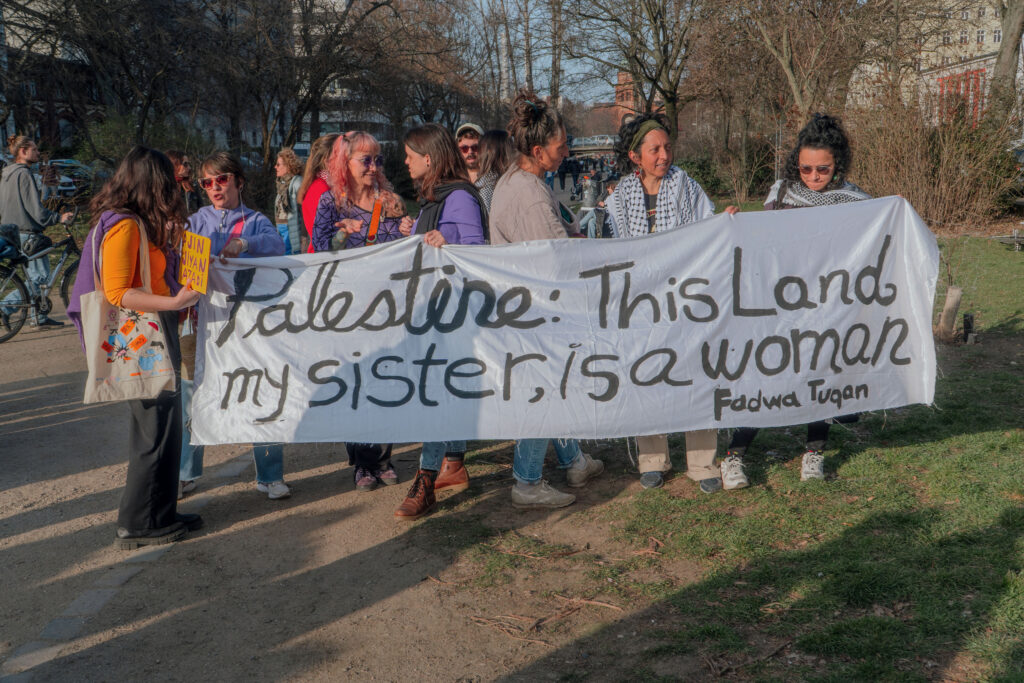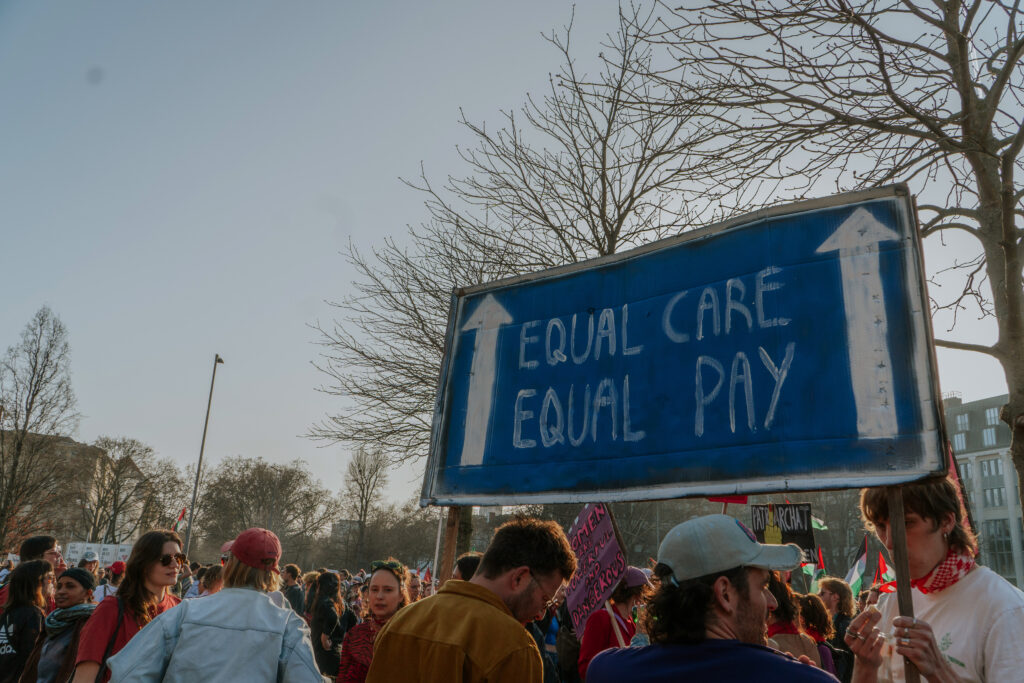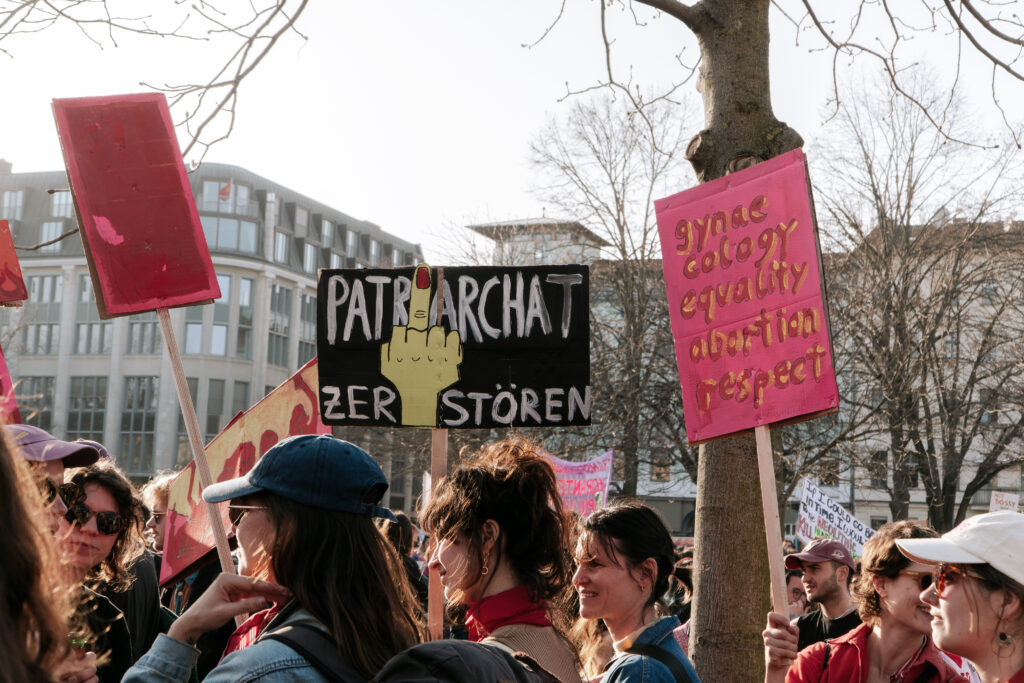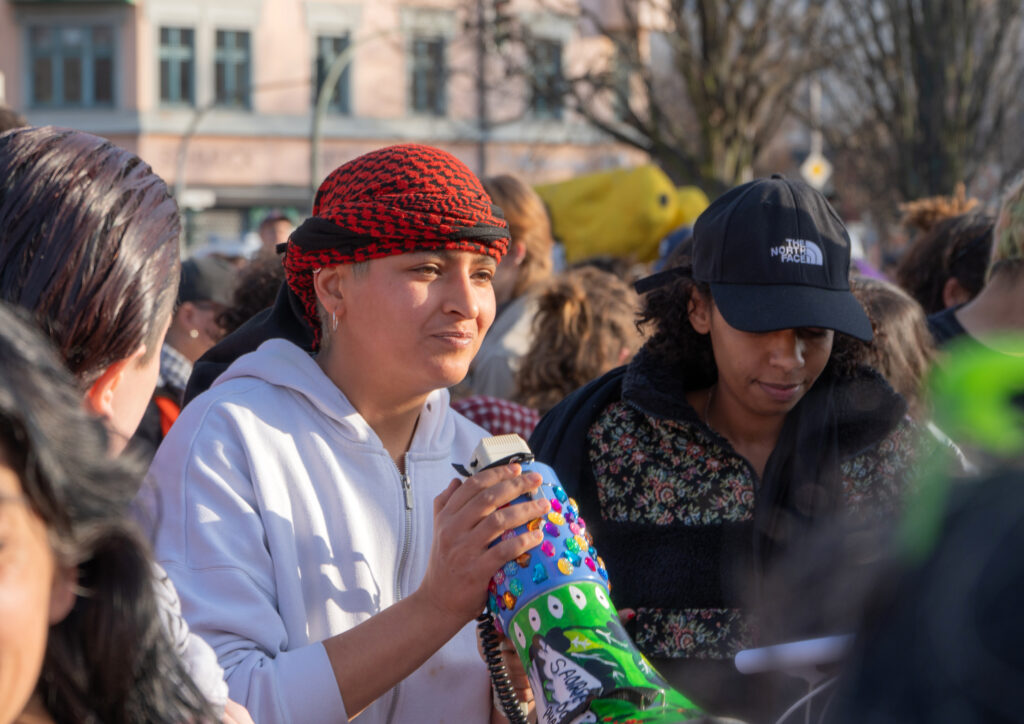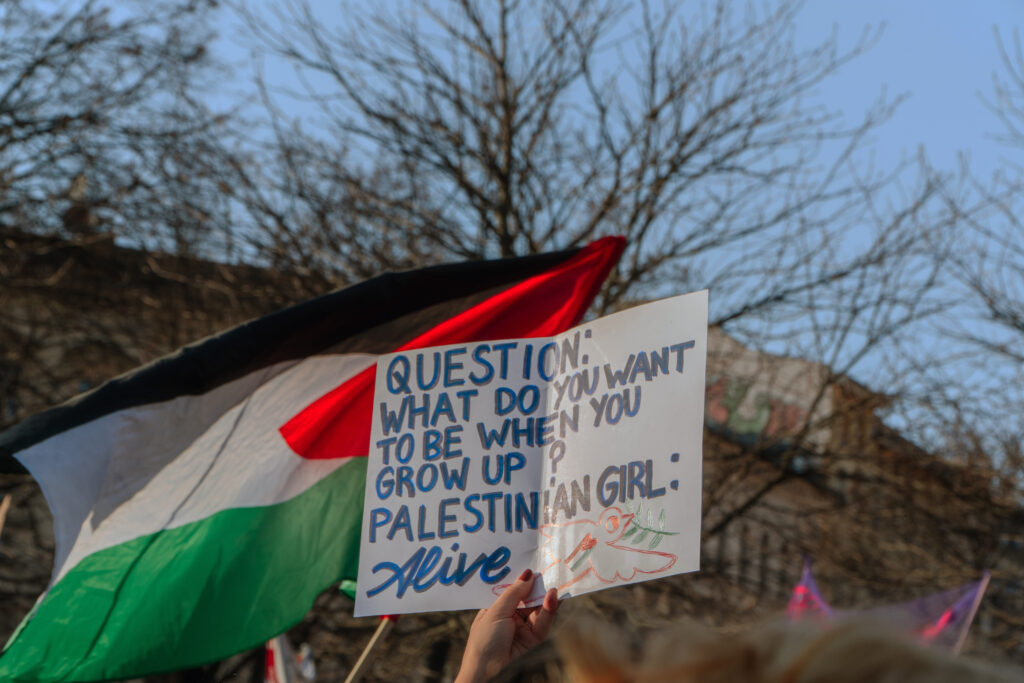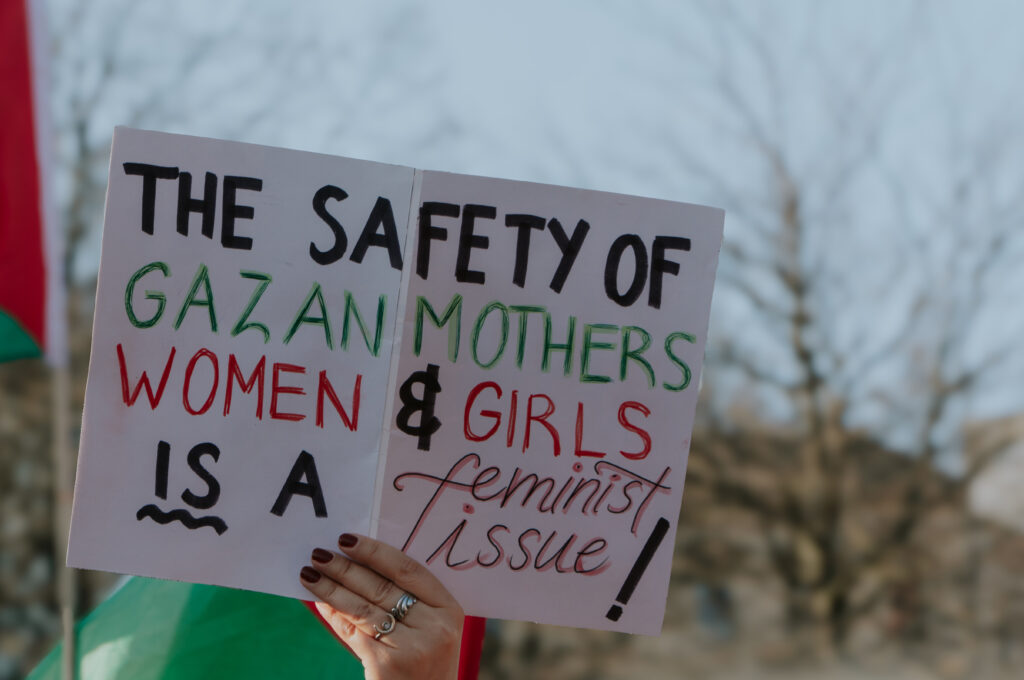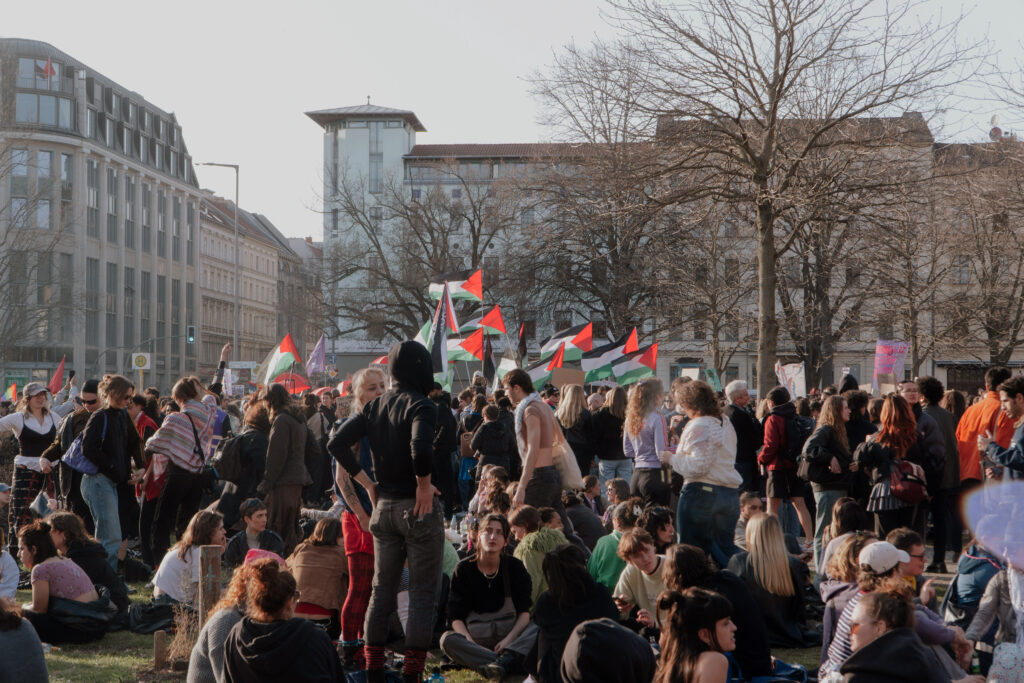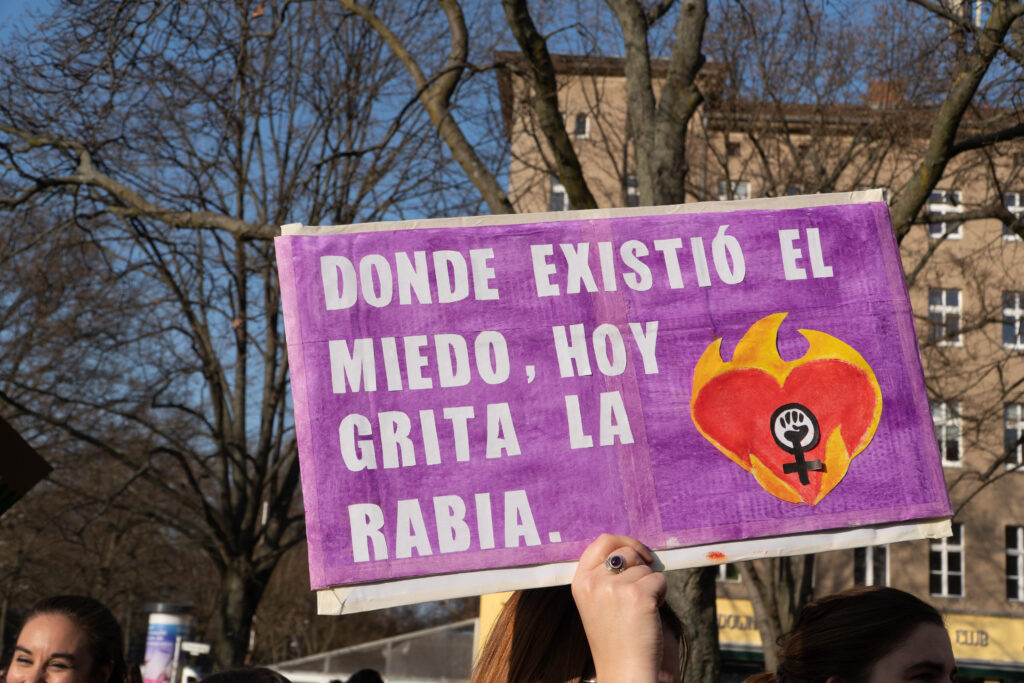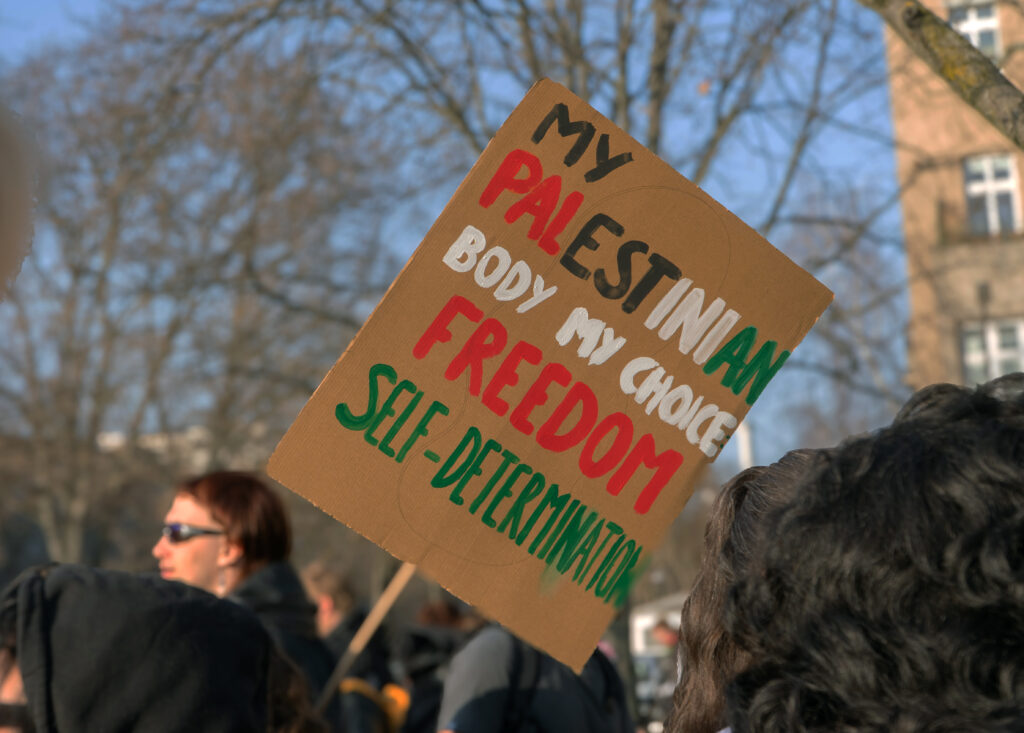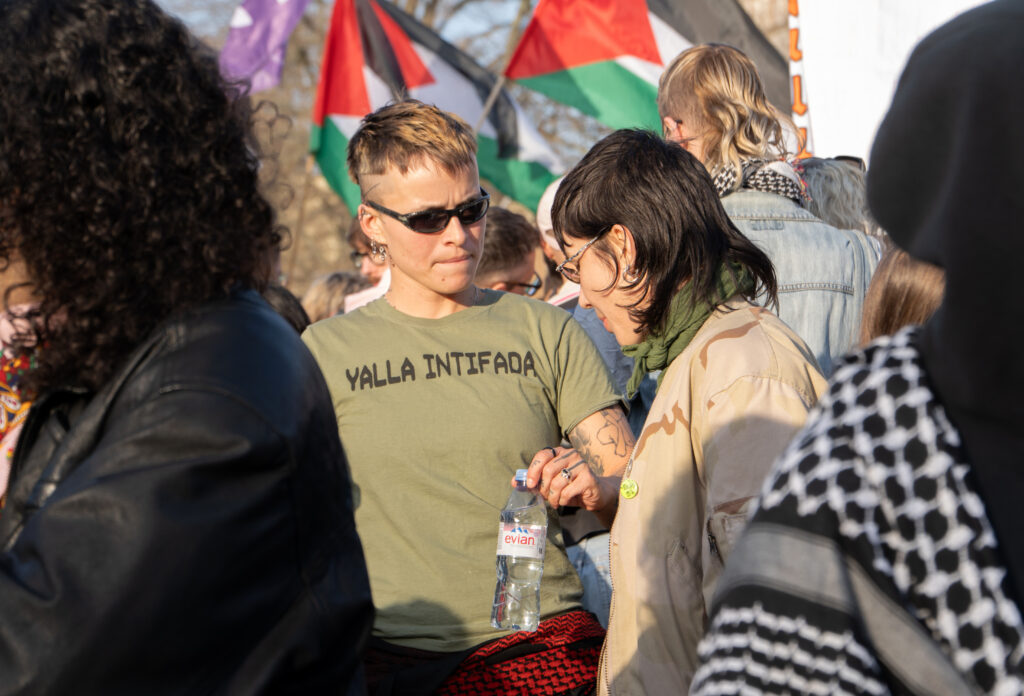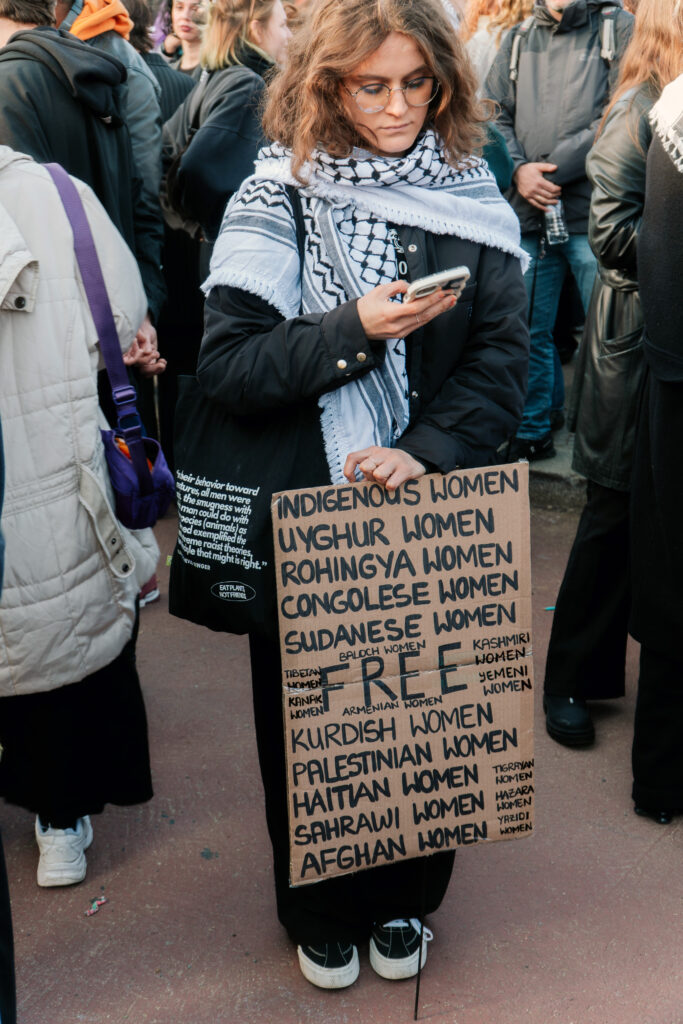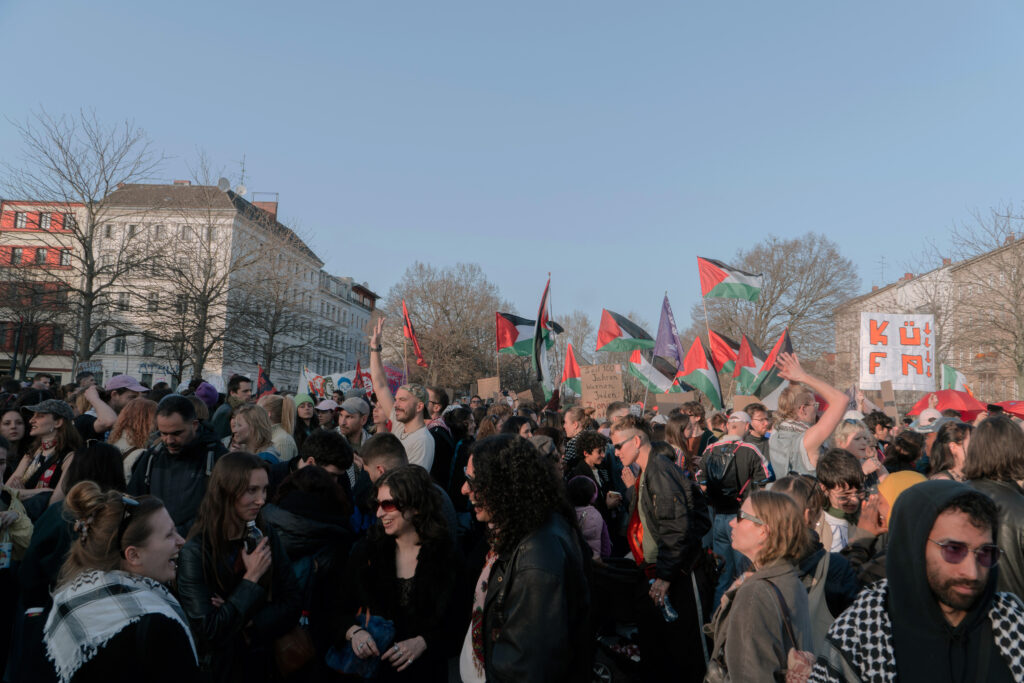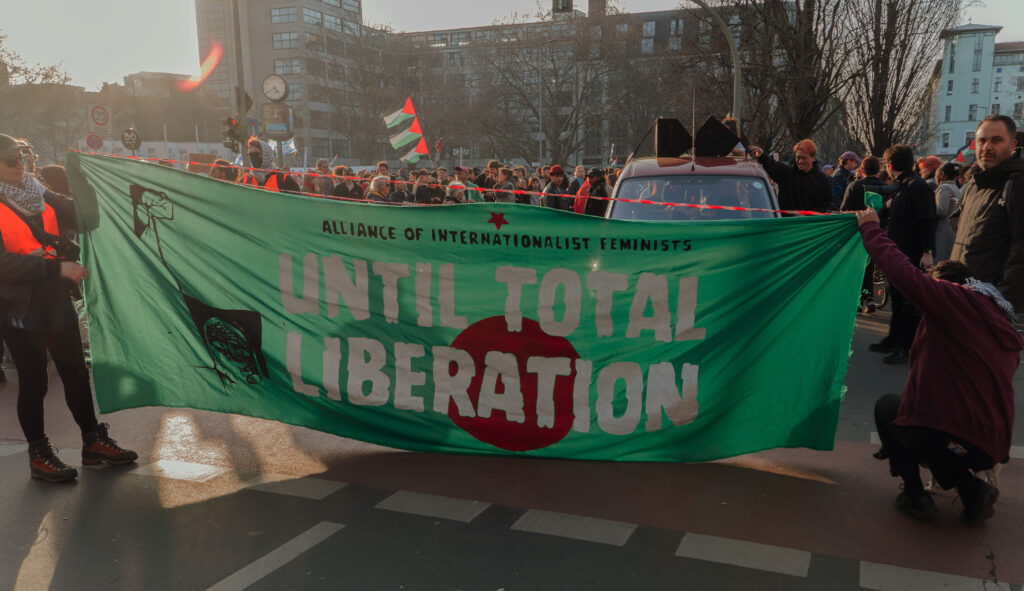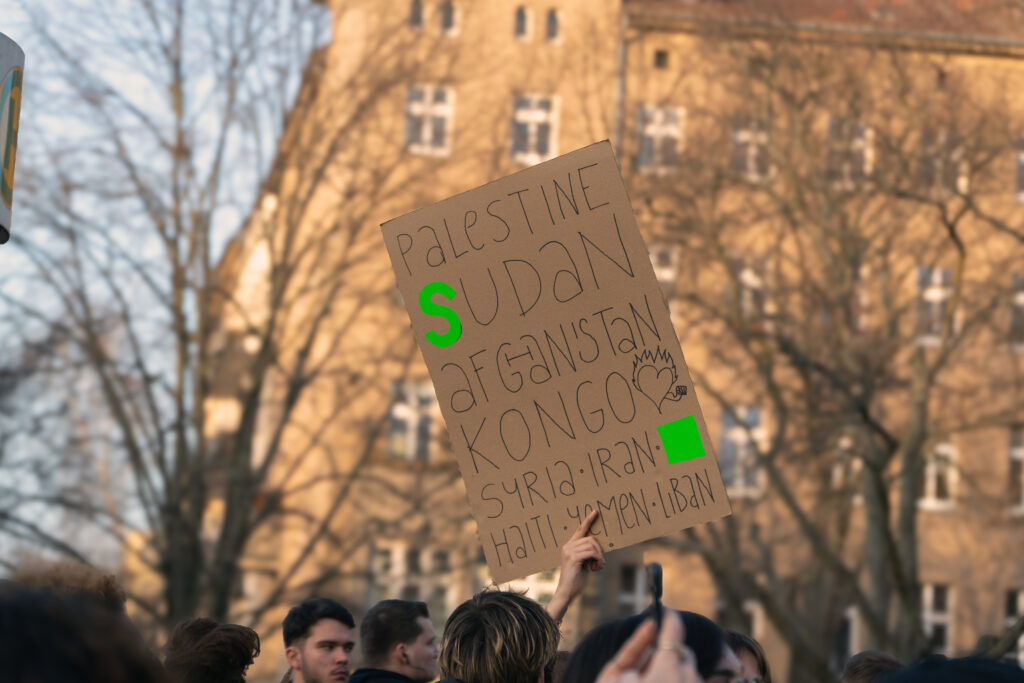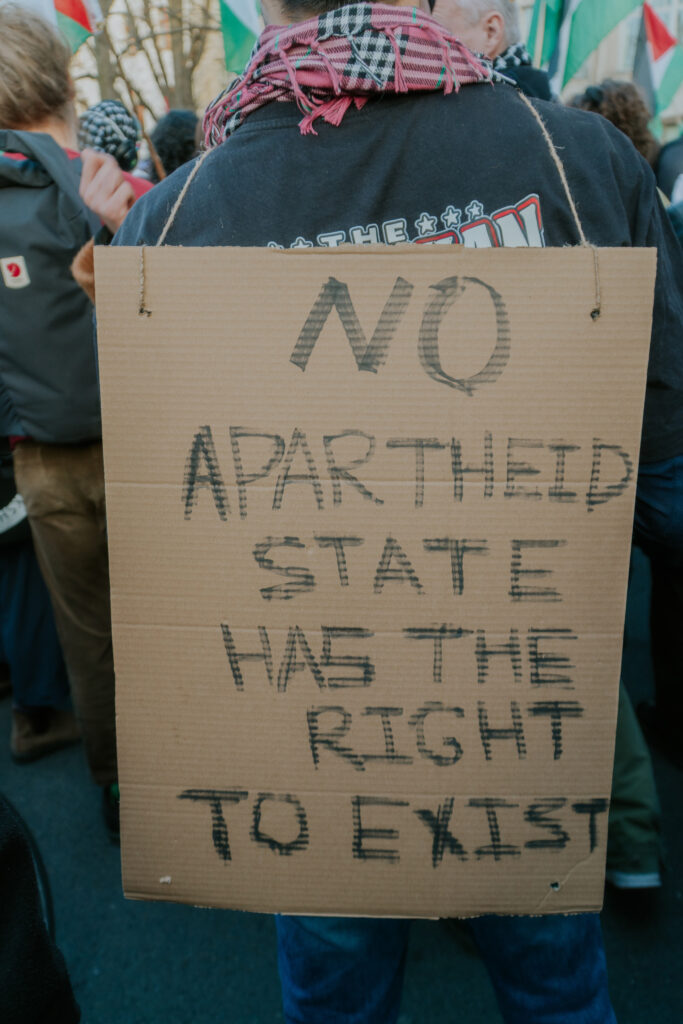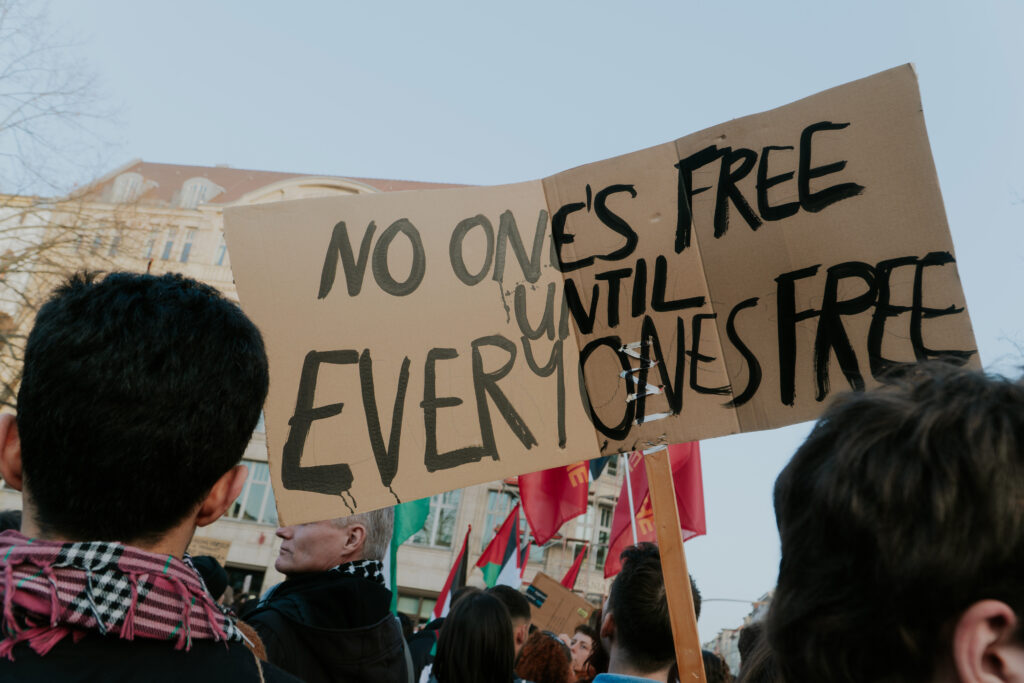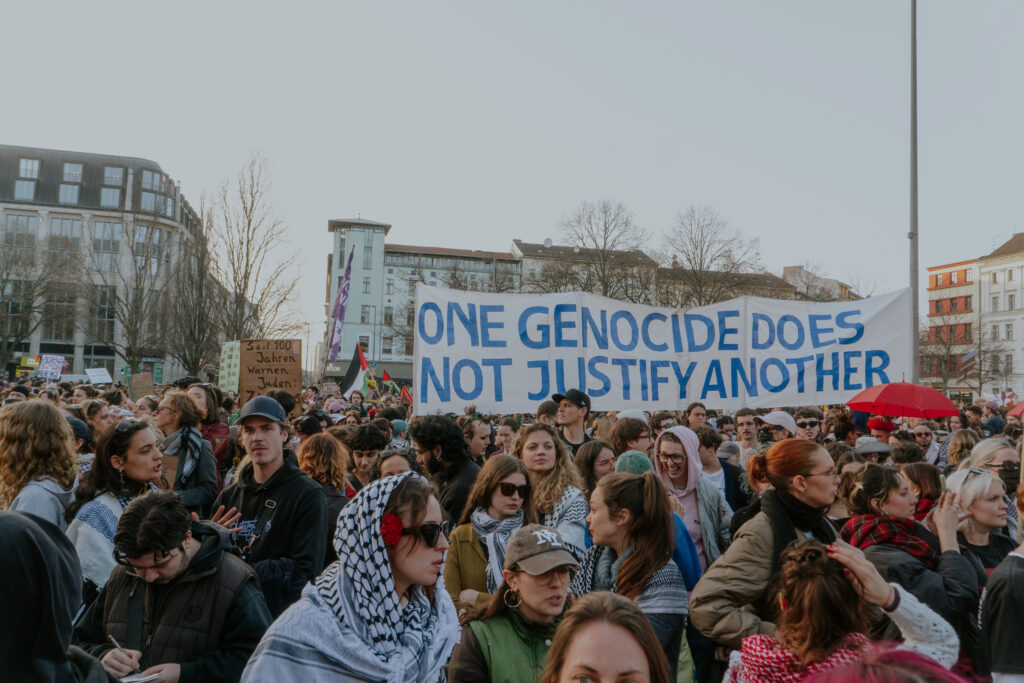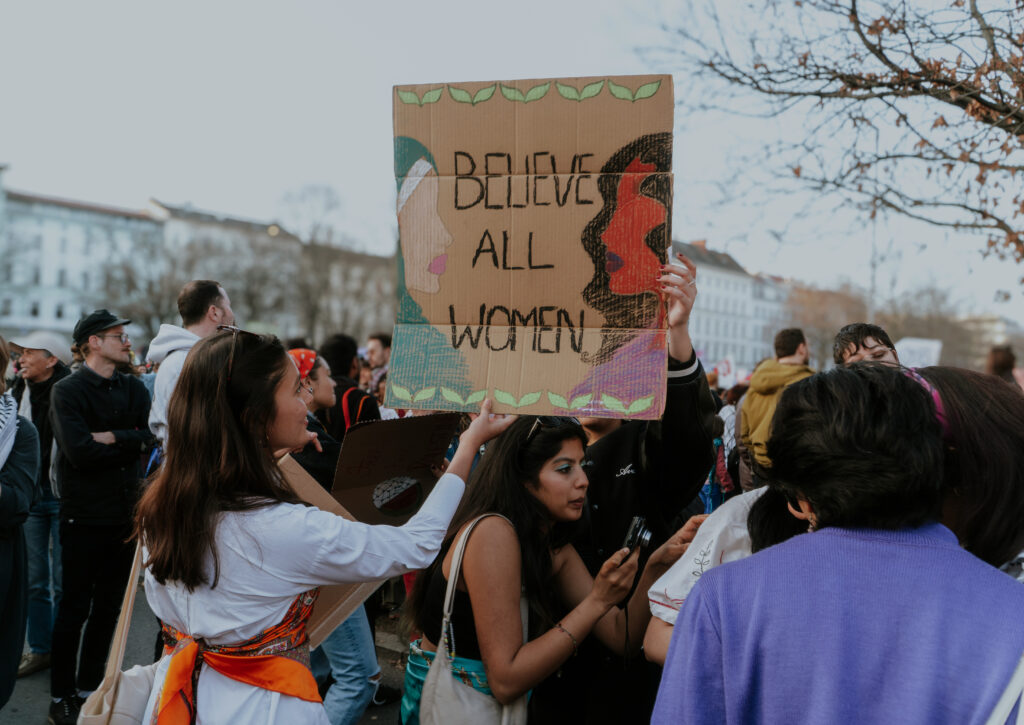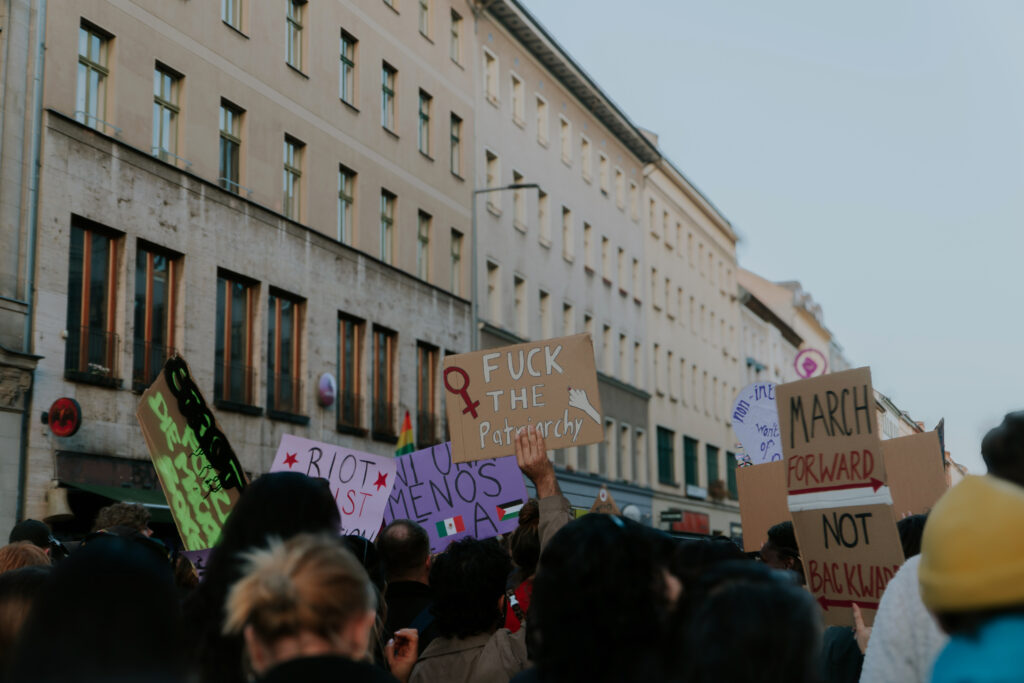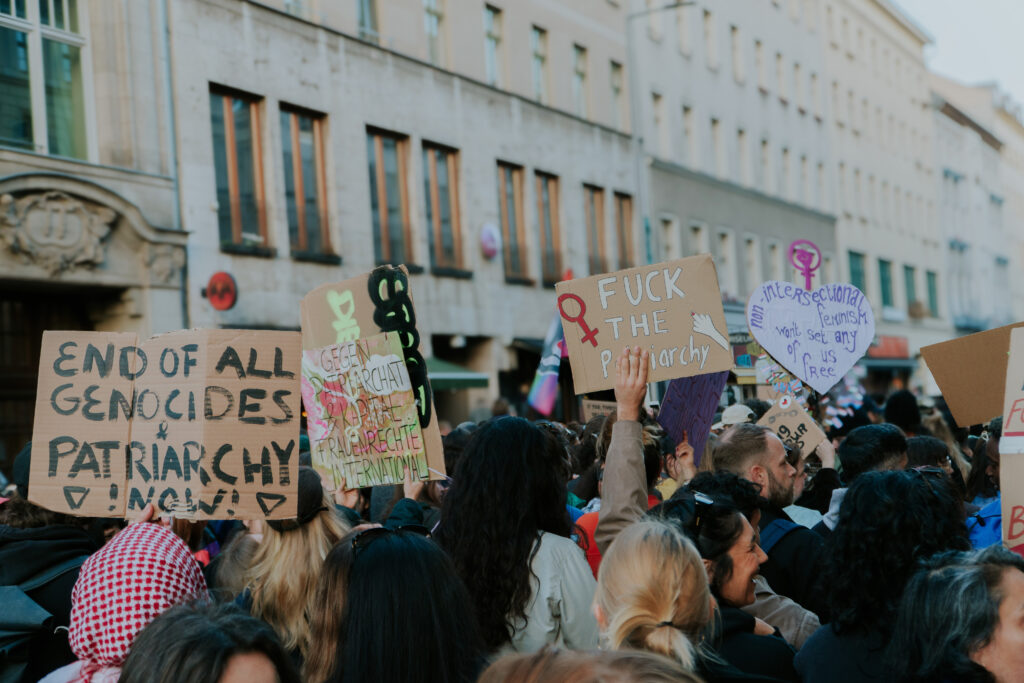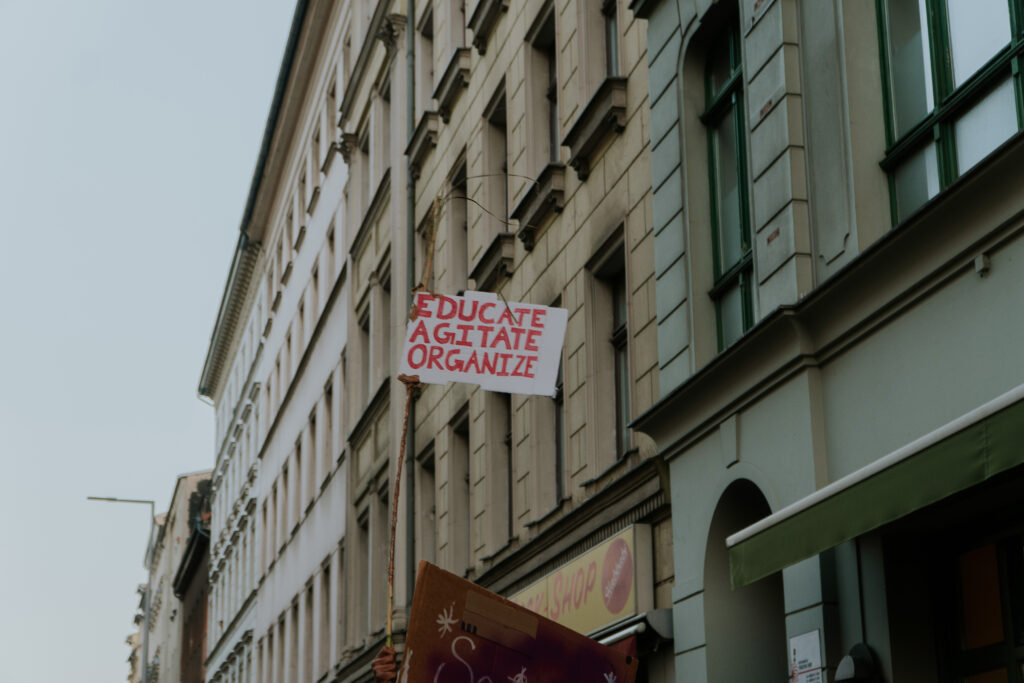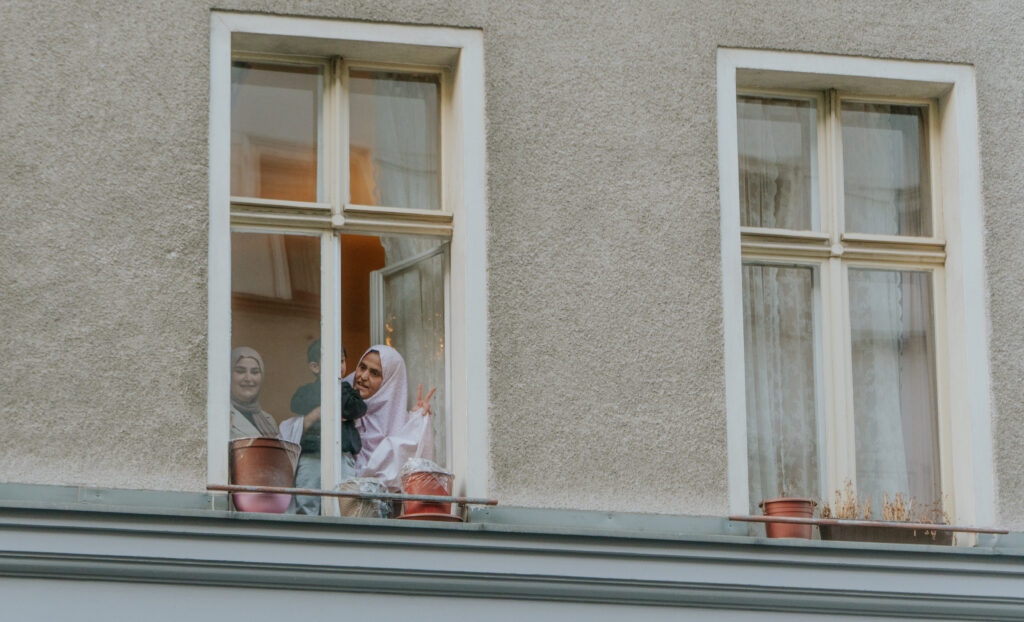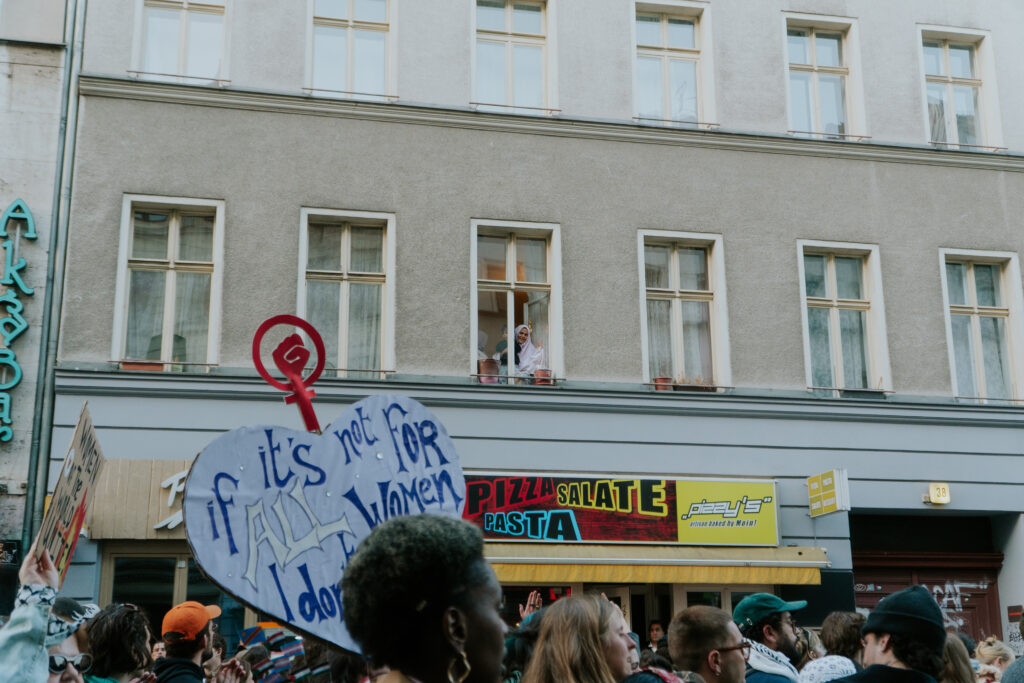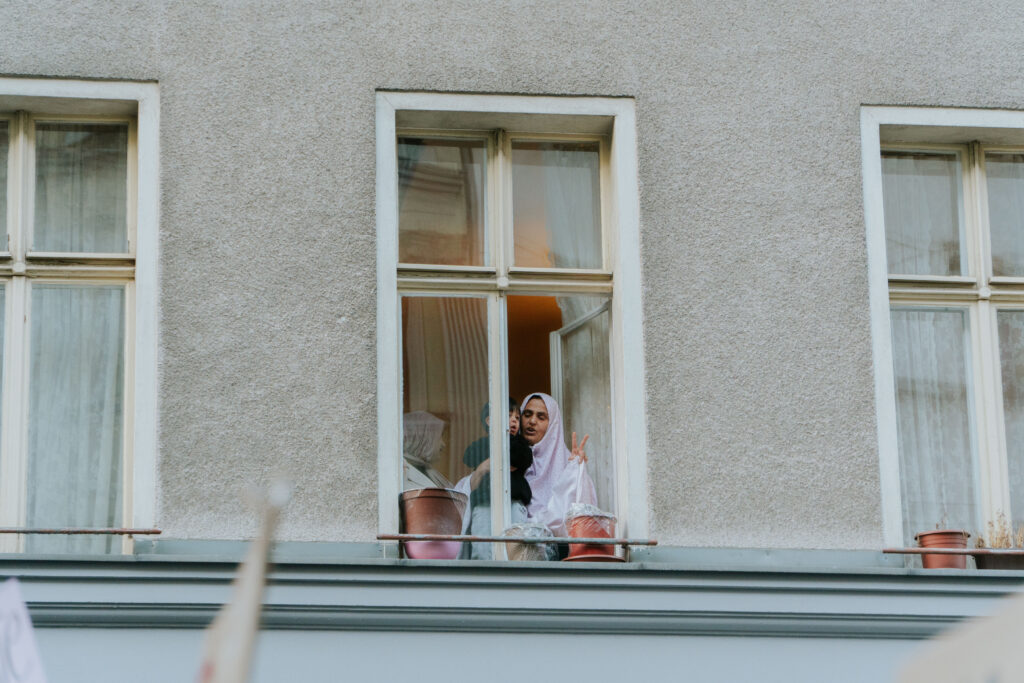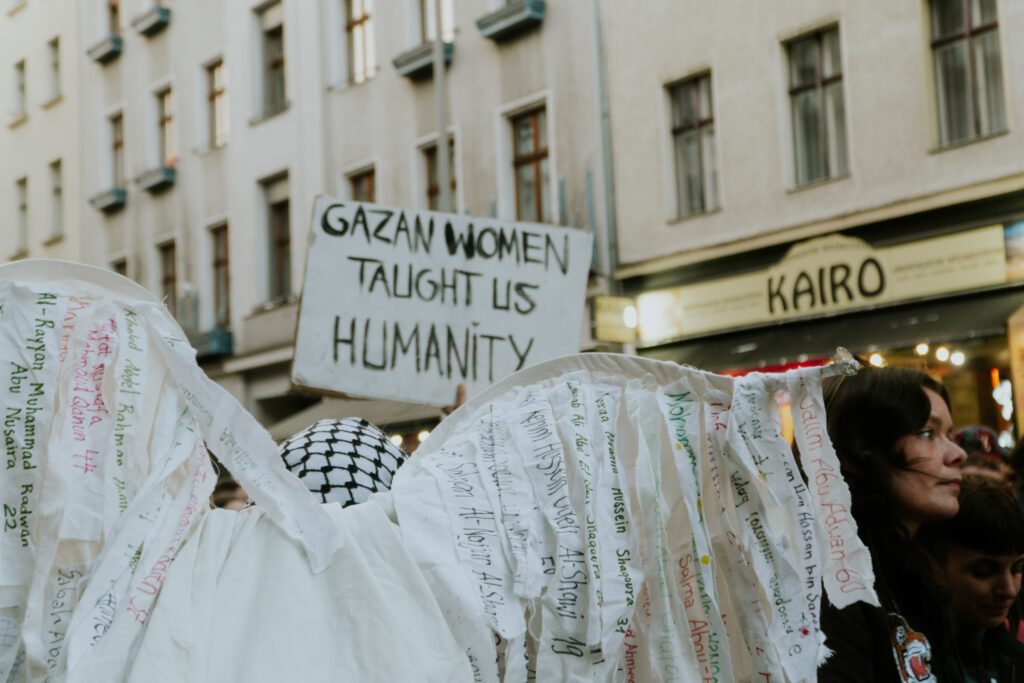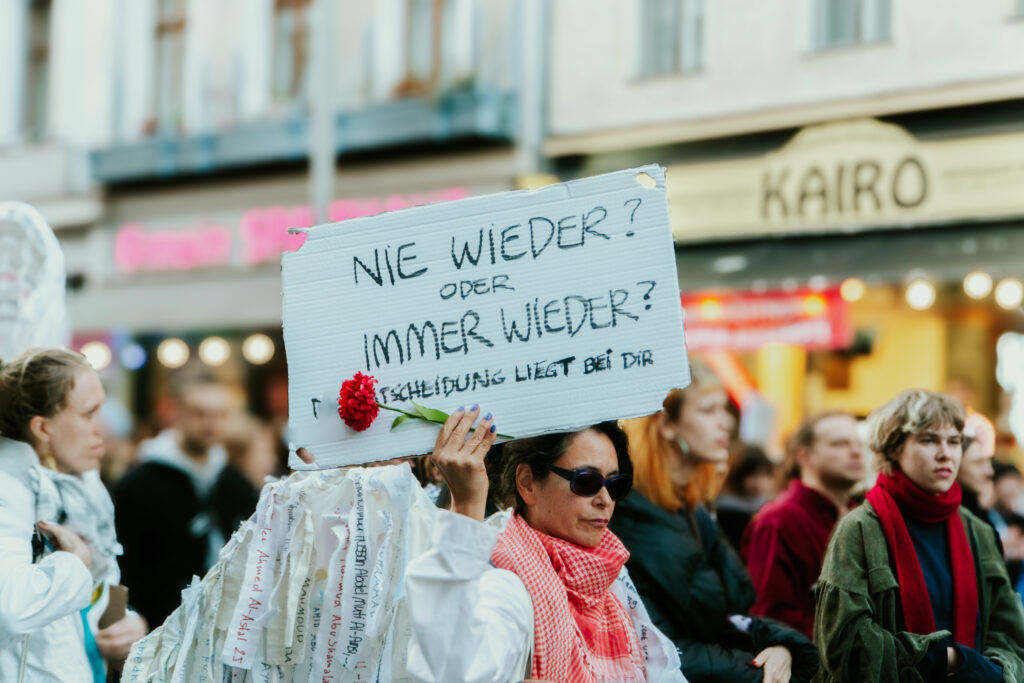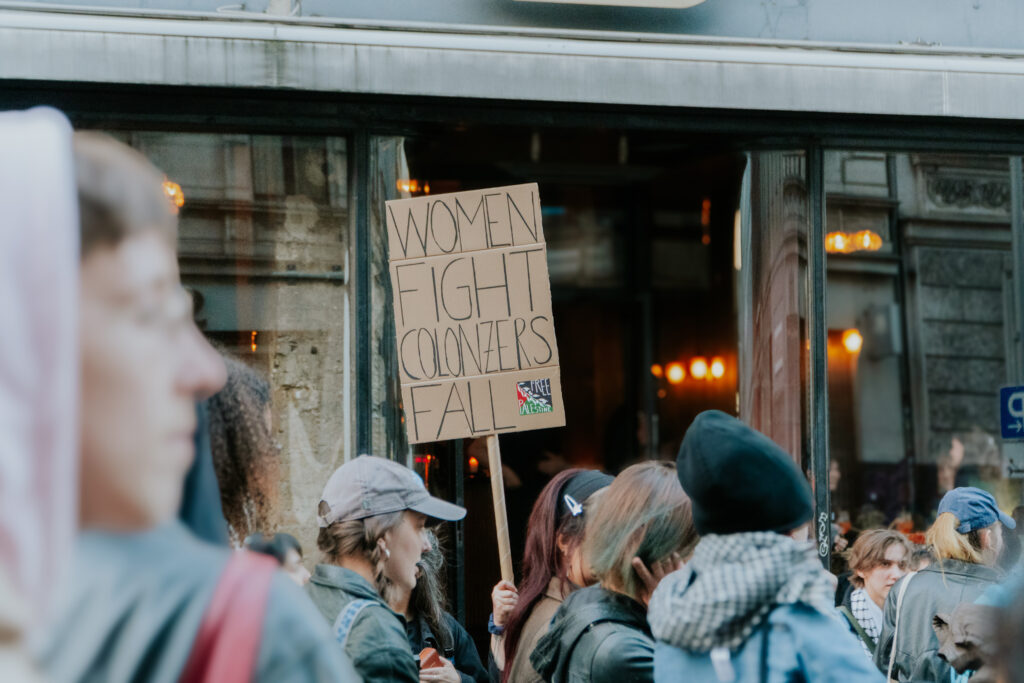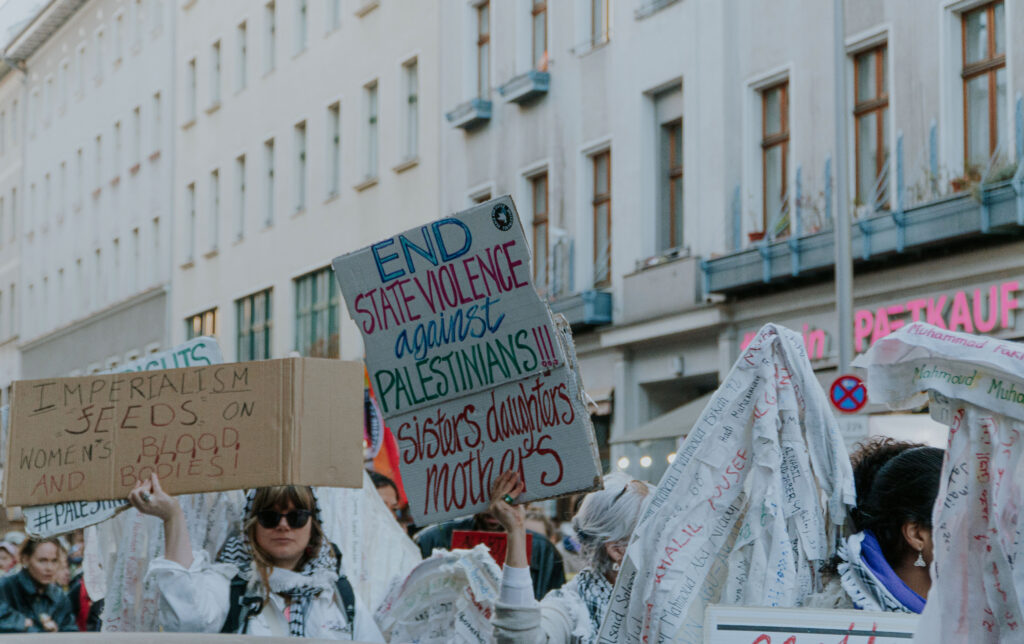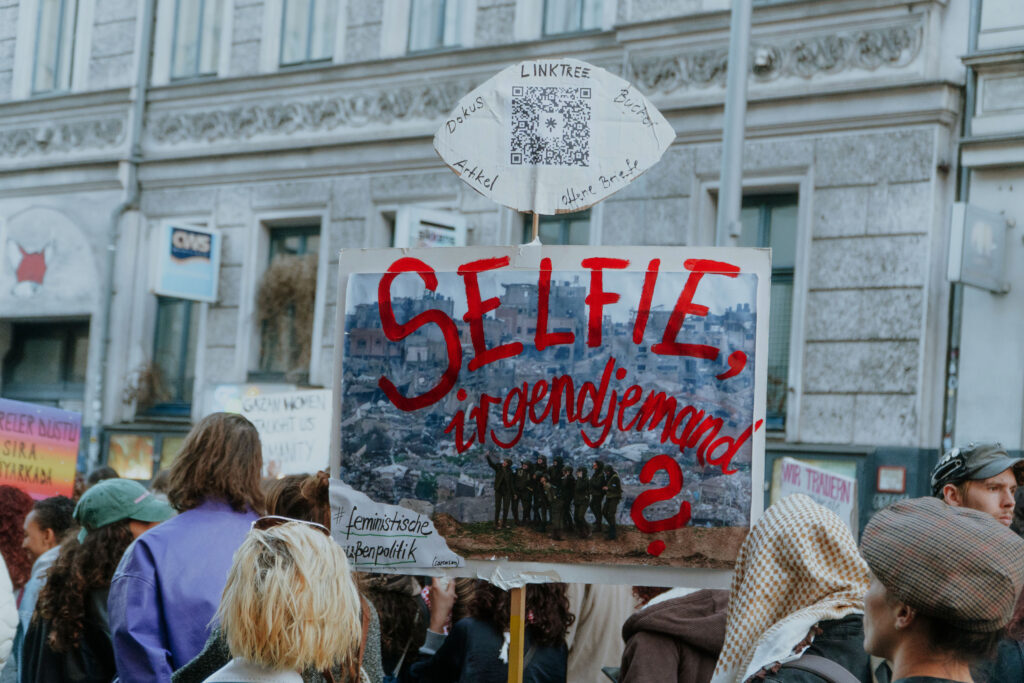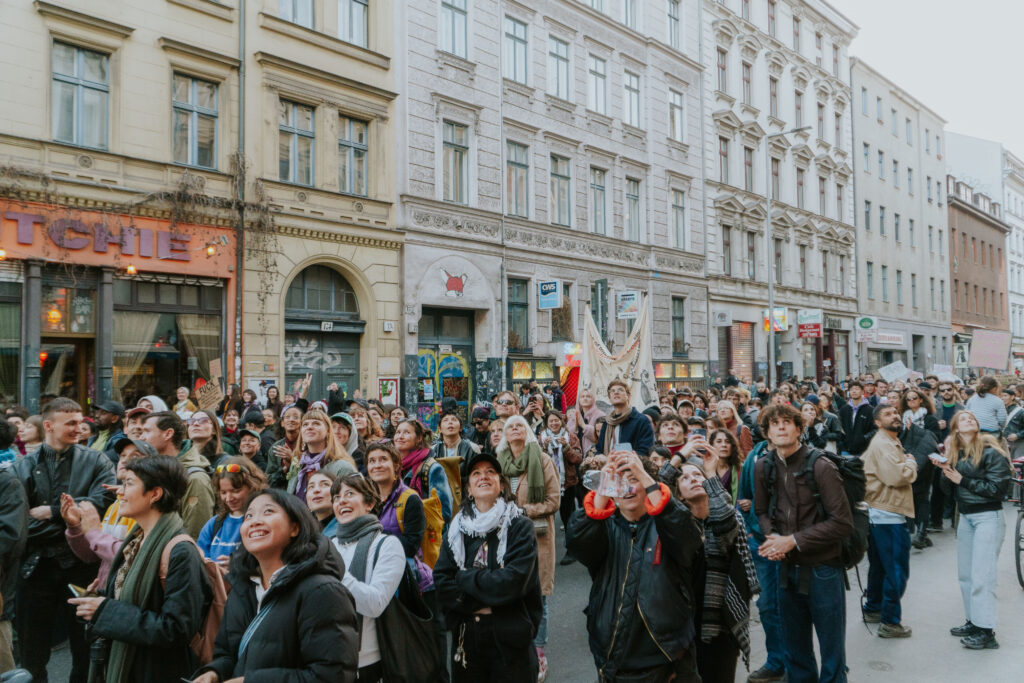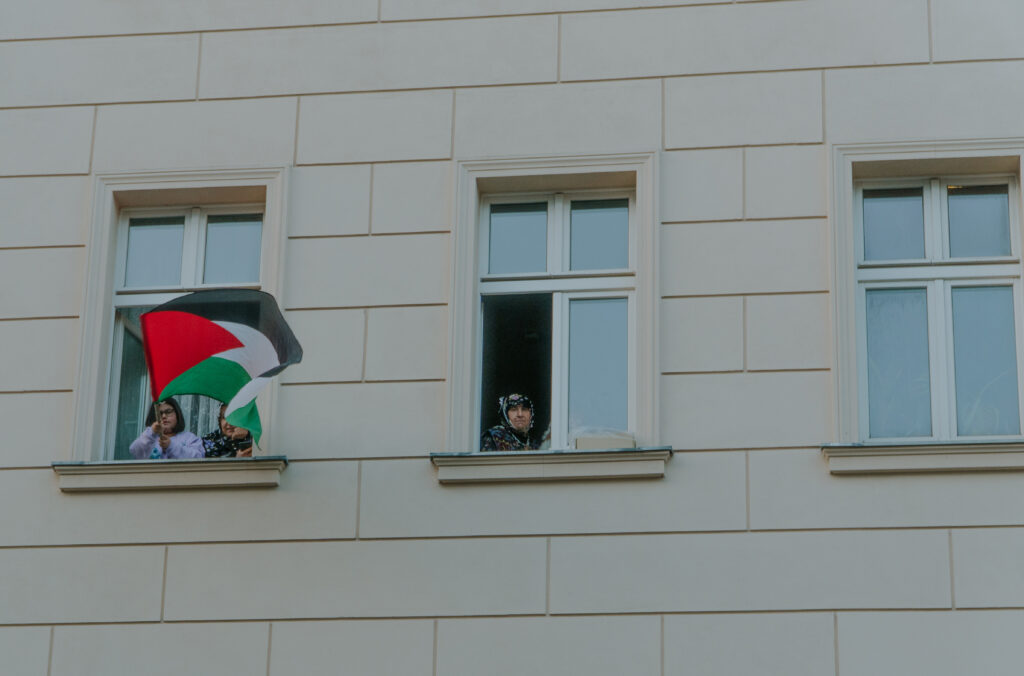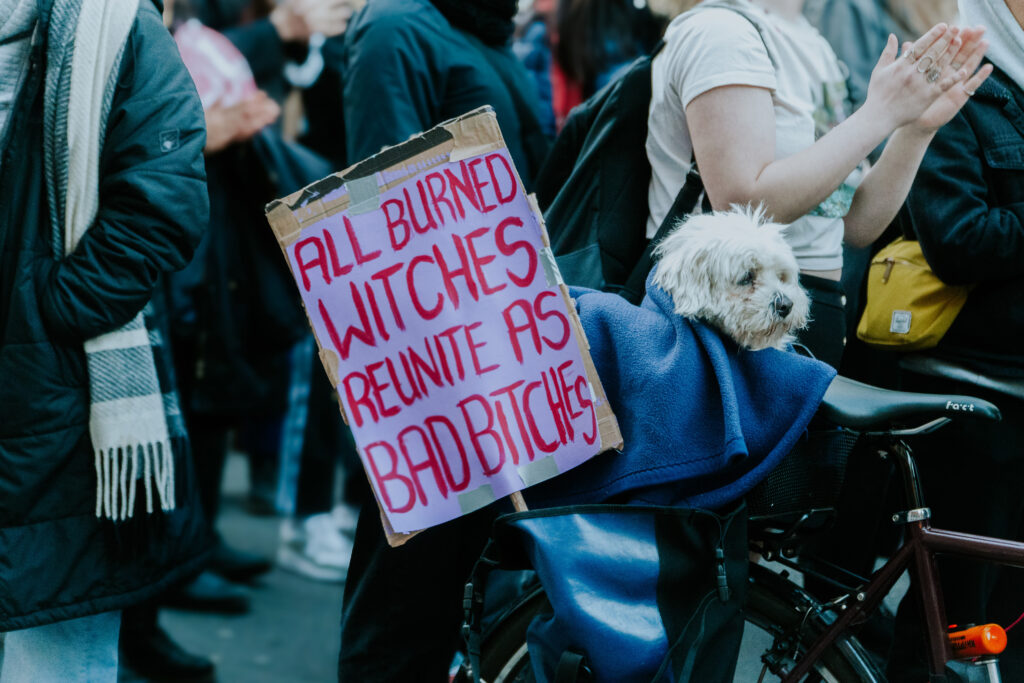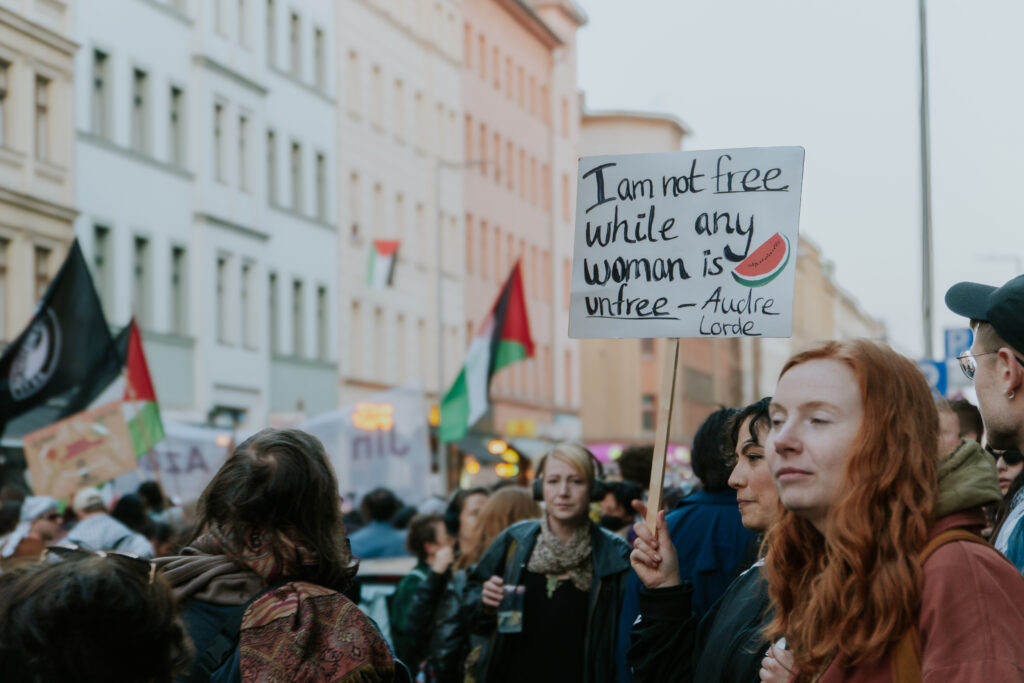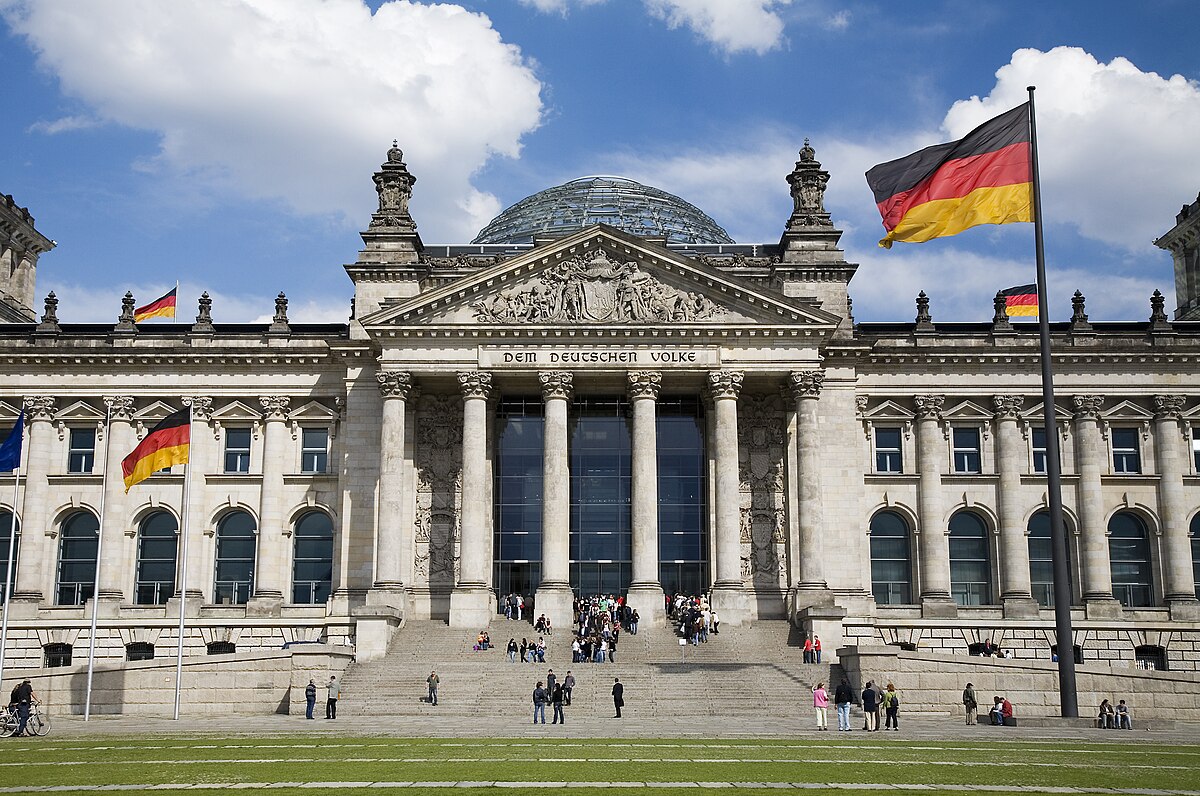At the Bundestag elections on Sunday, 23rd of February, the political landscape in Germany shifted further to the right. As expected, Friedrich Merz, the right-wing conservative candidate of the Christian Democrats (CDU/CSU), won the election. The fascist AfD won a plurality of votes in almost all constituencies in the former East and is now the second largest party in the Bundestag with almost 21%. The governing parties, the social democratic SPD, the Greens, and the liberal FDP, all suffered heavy losses. At the same time, a massive influx of young activists in the big cities has brought the socialist party Die Linke back to life. Die Linke was able to almost double its share of the vote to 8.8% and even become the largest party in Berlin.
The fact that Friedrich Merz was able to become the CDU’s top candidate was already a sign of the cold right-wing gust that has been blowing through the country in recent years. The former chairman of the supervisory board of Blackrock Germany is an ideologue from the CDU’s right, who voted against criminalizing marital rape in 1992. Both Helmut Kohl and Angela Merkel did not trust him and refused to give him a ministerial post. With Merz, the CDU has turned away from Merkel’s centrist domestic policies and it now stands for a repressive migration policy, a ban on abortion, and tax breaks for the rich and for a longer working week. In today’s economic and geopolitical crisis, this is compounded by austerity and heavy militarization.
The fascist Alternative für Deutschland (AfD) was able to double its votes to almost 21%. In the weeks leading up to the elections, they had the wind in their sails; the campaign was dominated by knife attacks in several cities, which made the debate on asylum and migration even more poisonous than before. But support for the AfD is a long-term phenomenon; in recent years, the AfD has taken root in society. In rural regions, and most of all in the East, there is hardly any other party present. This will embolden fascists to intimidate local opponents even further.
An unpopular government
This much is certain: the growth of the AfD is fuelled by enormous dissatisfaction with the prevailing politics and fears of an economic downturn. The “traffic light government” of Chancellor Scholz (SPD) was unprecedentedly unpopular. In the week before Finance Minister Christian Lindner (FDP) pulled the plug on the coalition, only 14% of the country was satisfied with the government.
There is a general atmosphere of malaise. While even large companies such as Volkswagen and Daimler are laying off workers, wages and benefits are lagging far behind the rapidly rising rents, energy and food prices, all attempts by the SPD and Greens to make small social improvements were foiled by Lindner. Even in times of economic recession, the government held on to the so-called “debt brake” in the constitution, which forbids budget deficits, and preferred to cut back on youth care, education and culture. Only one exception was made: the Sondervermögen of 100 billion Euros for upgrading the Bundeswehr. The result for Scholz’s SPD is the worst result since 1887 with 16.4%.
The campaign was already polarized, but at the end of January, Friedrich Merz (and Lindner) took it one step further by actively working with the AfD in parliament for the first time. The aim was, among other things, permanent controls at all borders and the authority to permanently detain innocent asylum seekers who had been rejected. Family reunification would also be banned.
The floodgates had opened. Merz broke the agreement between the mainstream parties and Die Linke not to work with the AfD. This unleashed a huge counter-movement with hundreds of thousands of people on the streets of Berlin, Munich, Hamburg and many other cities. In Berlin, a quarter of a million people gathered in front of the CDU headquarters, where the director of the Buchenwald memorial lectured Merz on fascism. In Cologne, hundreds of demonstrators blocked Merz’s car when he visited the university medical centre.
Wagenknecht split
For Die Linke, this movement came at exactly the right time. A few months ago, the socialists were still declared dead by friend and foe. On the issue of the genocide of the Palestinians, the party cut itself off from the solidarity movement with a combination of a lack of initiative and scandalous pro-Israeli positions of factions, officials and parts of the party base. But since Sahra Wagenknecht’s departure in January of last year, it was already palpable in branches in large cities that the party had a new appeal for young people who wanted to take action against fascism.
In the years before that, Die Linke had been battered by fierce internal quarrels, especially between the self-styled ‘left-conservative’ Wagenknecht wing and most other wings of the party: about migration and asylum, about what Wagenknecht called “all sorts of absurd minorities”, about Russia and about climate activism.
After Wagenknecht left to join the start a new party, the ‘Bündnis Sahra Wagenknecht’, Die Linke seemed to be in terminal decline. However, the political mix has proven too contradictory to survive in the long term. For instance, the BSW mixes social demands on issues such as the minimum wage and pensions with a concept of peace in Ukraine that ignores Russian imperial ambitions and sees the US as the only imperial actor. Wagenknecht also wants to cancel the right to asylum for people who have travelled to Germany through other countries – which in fact applies to all refugees. To top it all off, they voted in favour of the CDU and AfD bill. On election day, the BSW narrowly missed the 5% electoral threshold.
Militant anti-fascism
After the now widely watched speech by Die Linkes Heidi Reichinek against Merz’s collaboration with the AfD and the movement on the streets in the weeks that followed, the party gained momentum. By presenting itself as the polar opposite to the AfD, millions of people, especially young people and often women, helped Die Linke to 8.8% in the election. Many also became members. In the weeks before the election and directly afterwards, Die Linke has grown by almost 10.000 members per week to a national total of over 100.000.
In large cities, Die Linke was able to win more than 10% of the votes. In Berlin, the party even unexpectedly became the largest with 20% and won the most constituencies. This victory is the result of a well-organized campaign, in which members and sympathizers not only distributed flyers on the street, but also, in cooperation with neighborhood branches, knocked on as many doors as possible to hold talks.
In the multicultural working-class district of Berlin-Neukölln, where Die Linke won the most votes in the district for the first time in former West Germany with the anti-capitalist Ferat Kocak, this became particularly clear. There, 2,000 members and allies knocked on 140,000 doors and held 50,000 conversations. Often this was combined with the NGO petition against arms deliveries to Israel.
Now that the controversial Merz, hated by progressive Germany, is forming a coalition with an SPD that is already on its deathbed, the field suddenly seems open for a strong countermovement and for Die Linke to be the driving force and voice of it. In order to remain so, it will have to reinvent itself and adopt a new activist party concept. If it becomes an SPD 2.0 again, it will sooner or later lose itself in parliamentary games and give up the dynamics at the base for the next government participation.
It remains an open question whether the renewed party base can credibly put the party in the middle of organising the fightback against the Merz government on the streets. If the action-oriented, rebellious vision for the party can continue and the party throws itself fully into the fight, Die Linke can grow much further and become a real mass socialist party not just representing, but organising the German working class, in all its diversity.
This article was originally published in Dutsch on the socialisme.ne website
